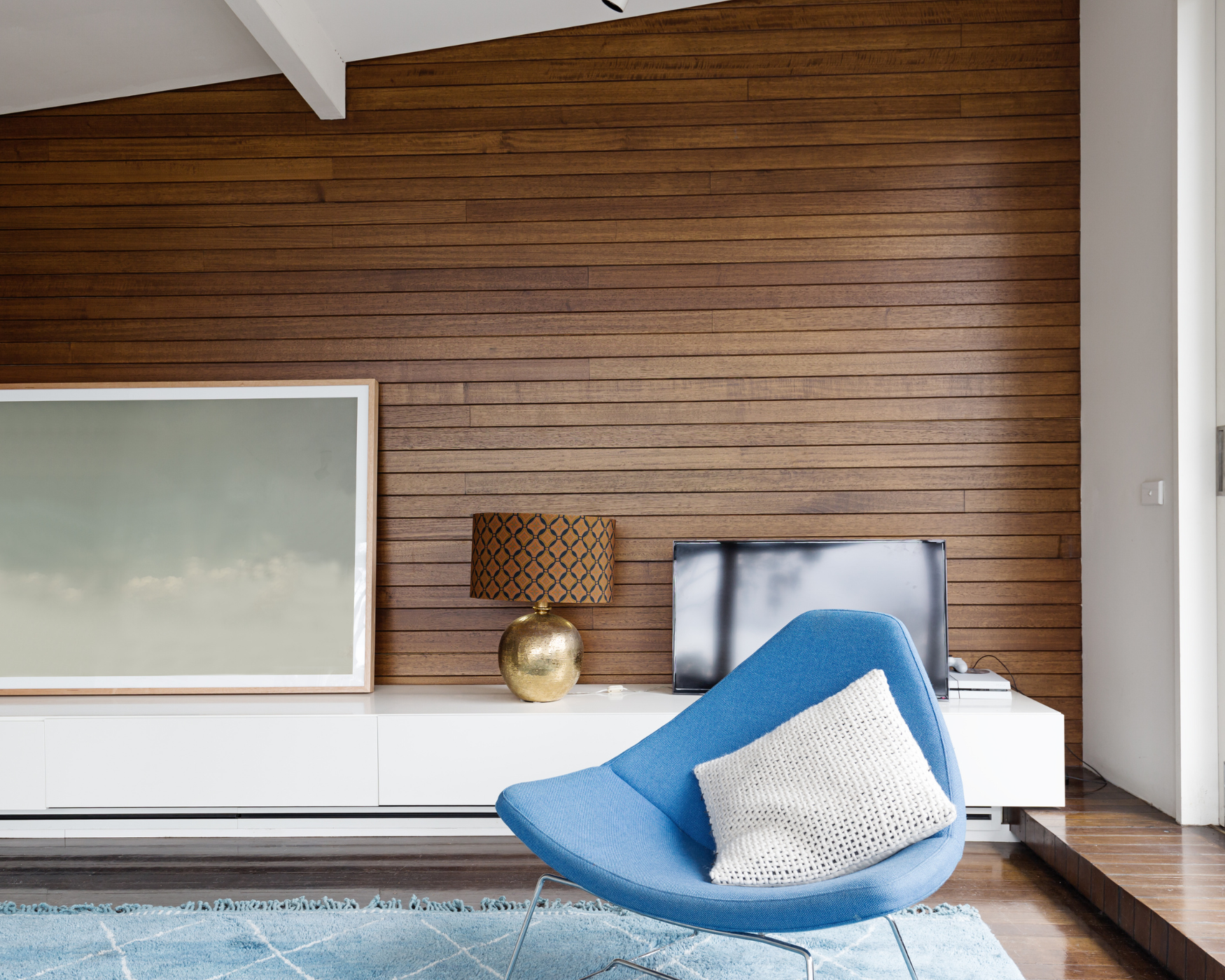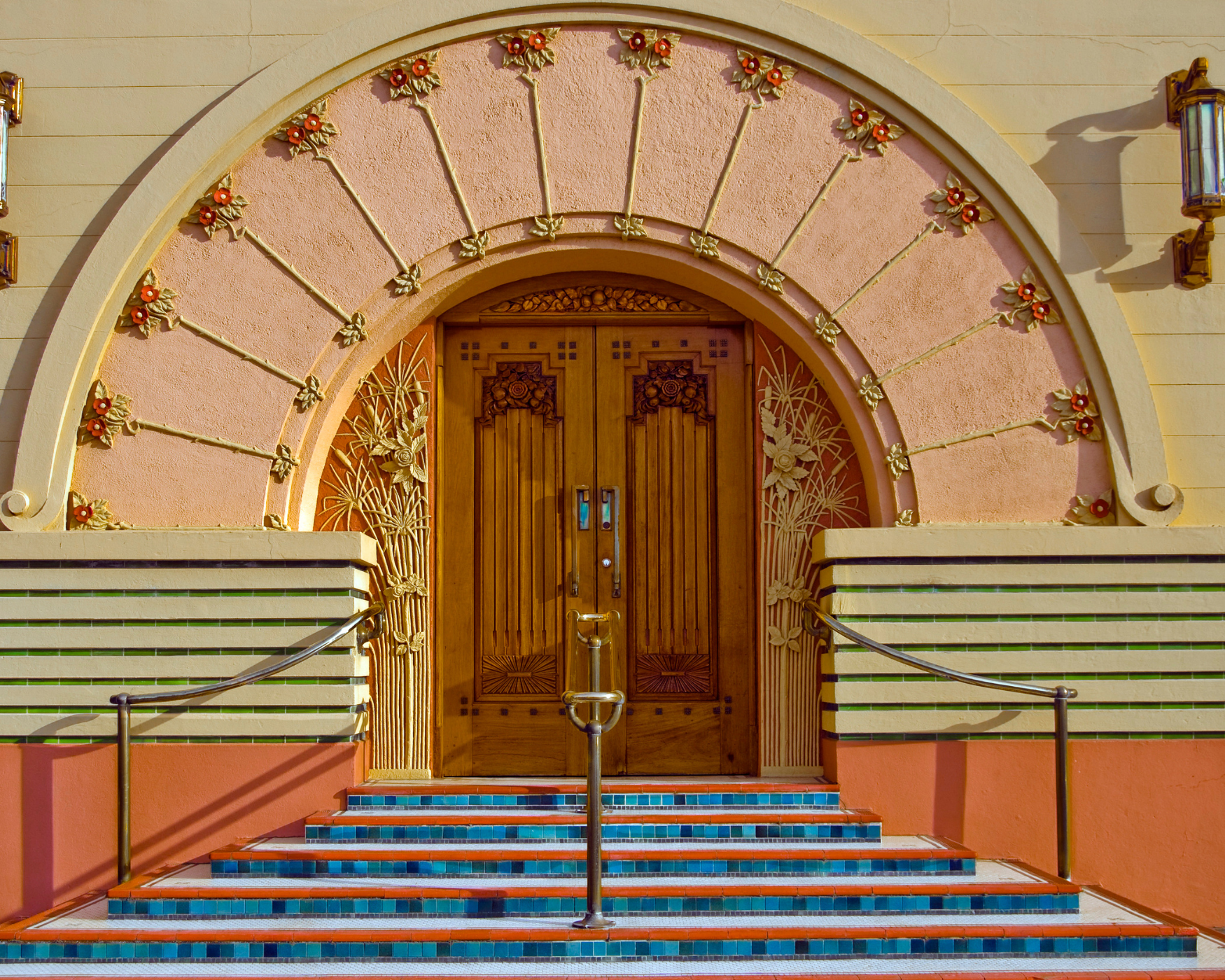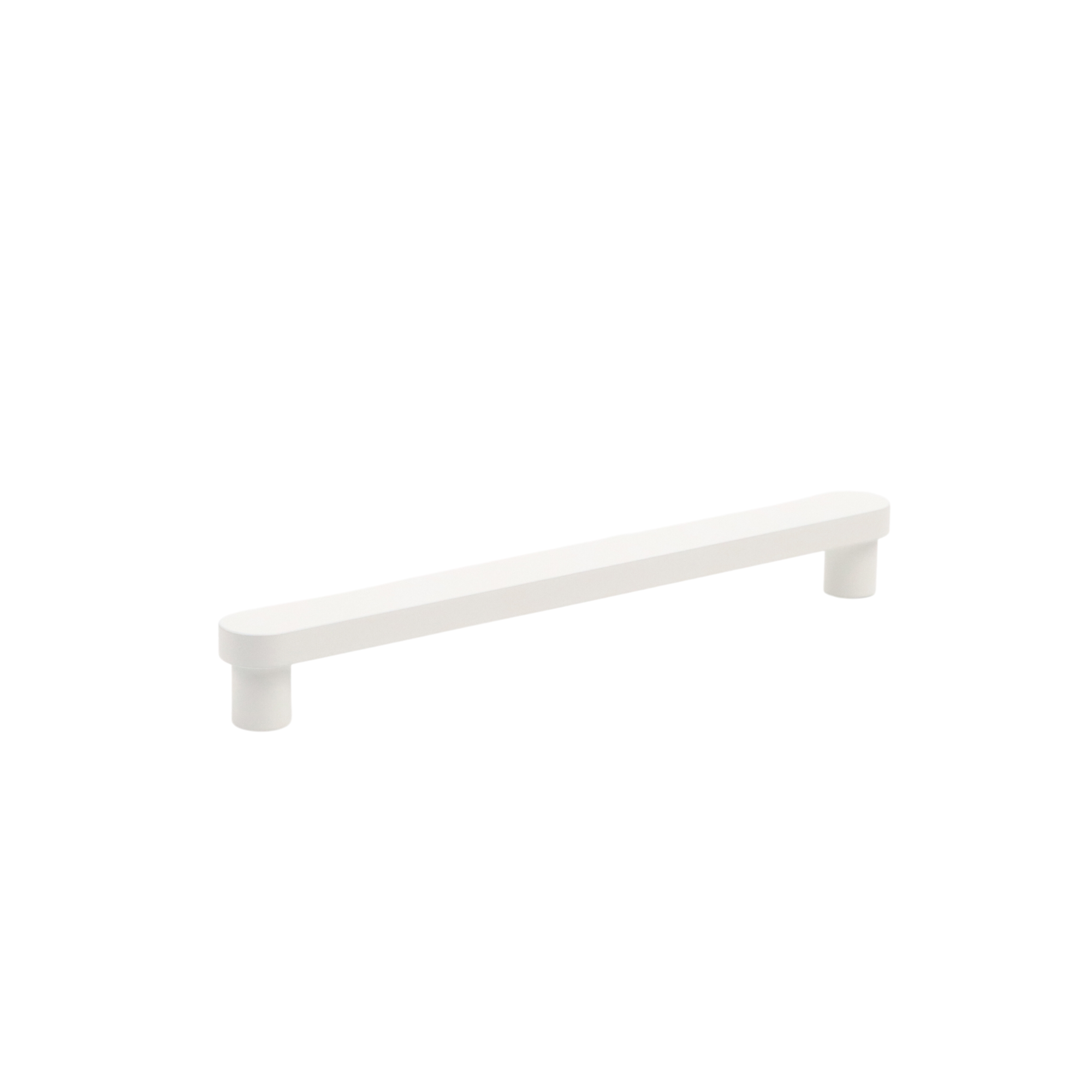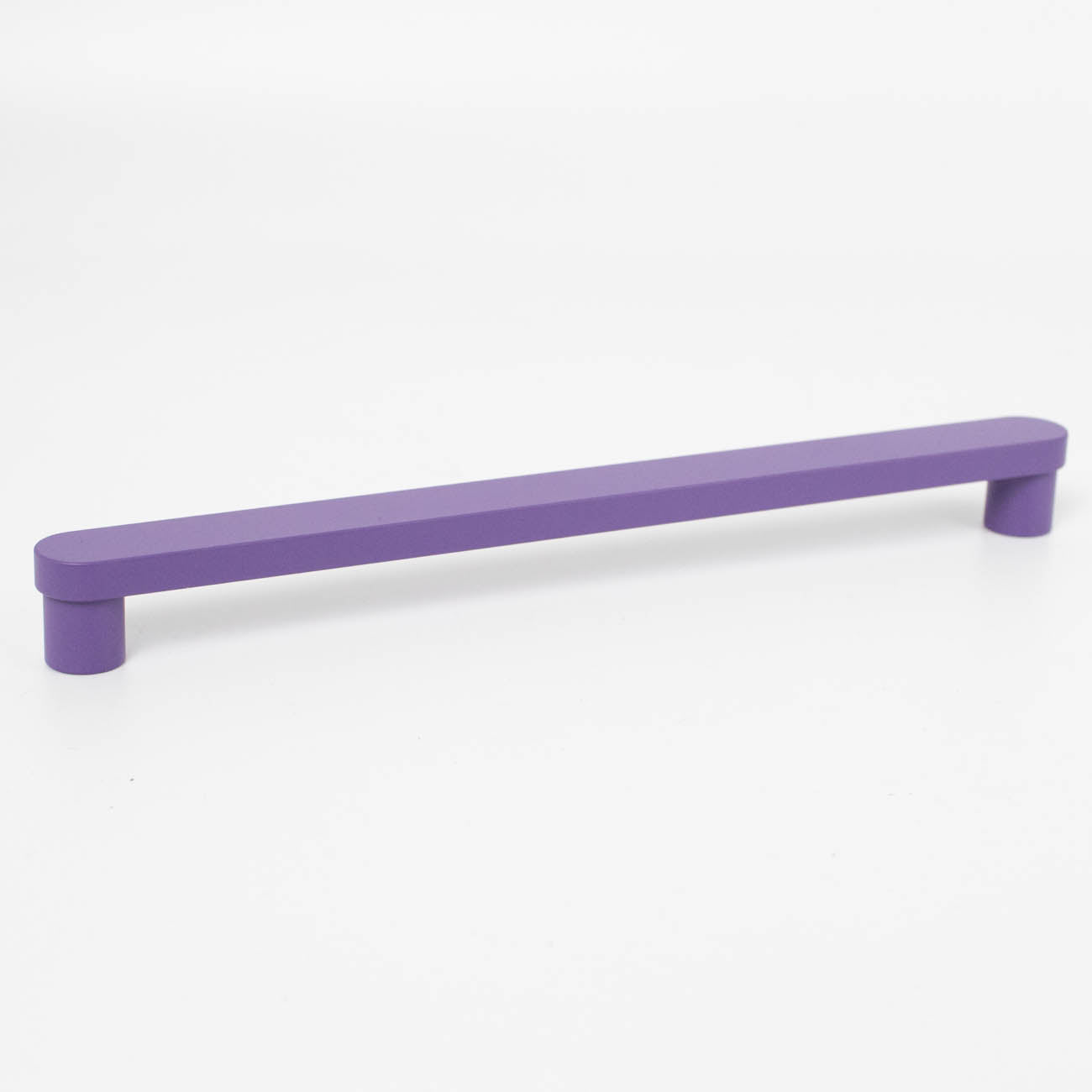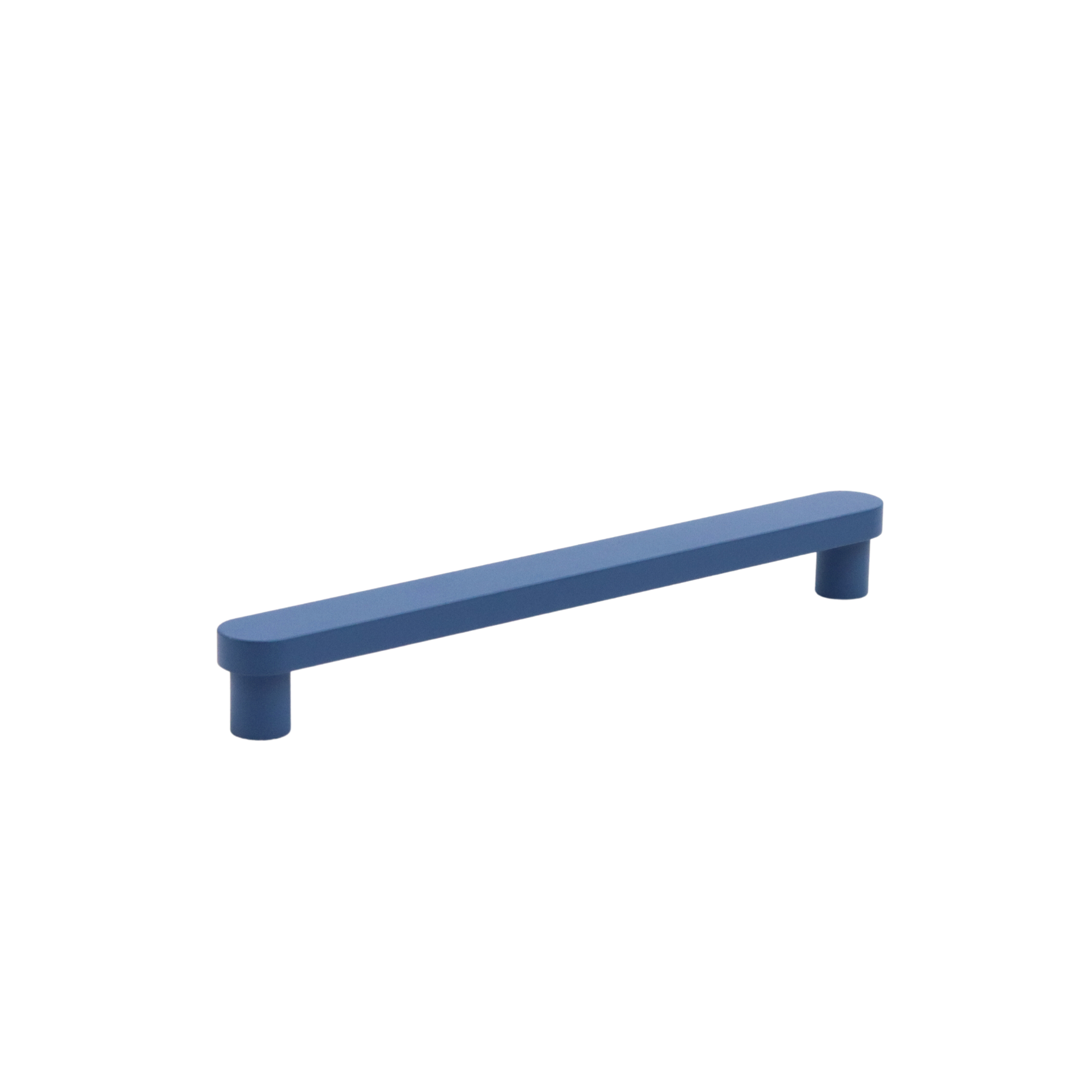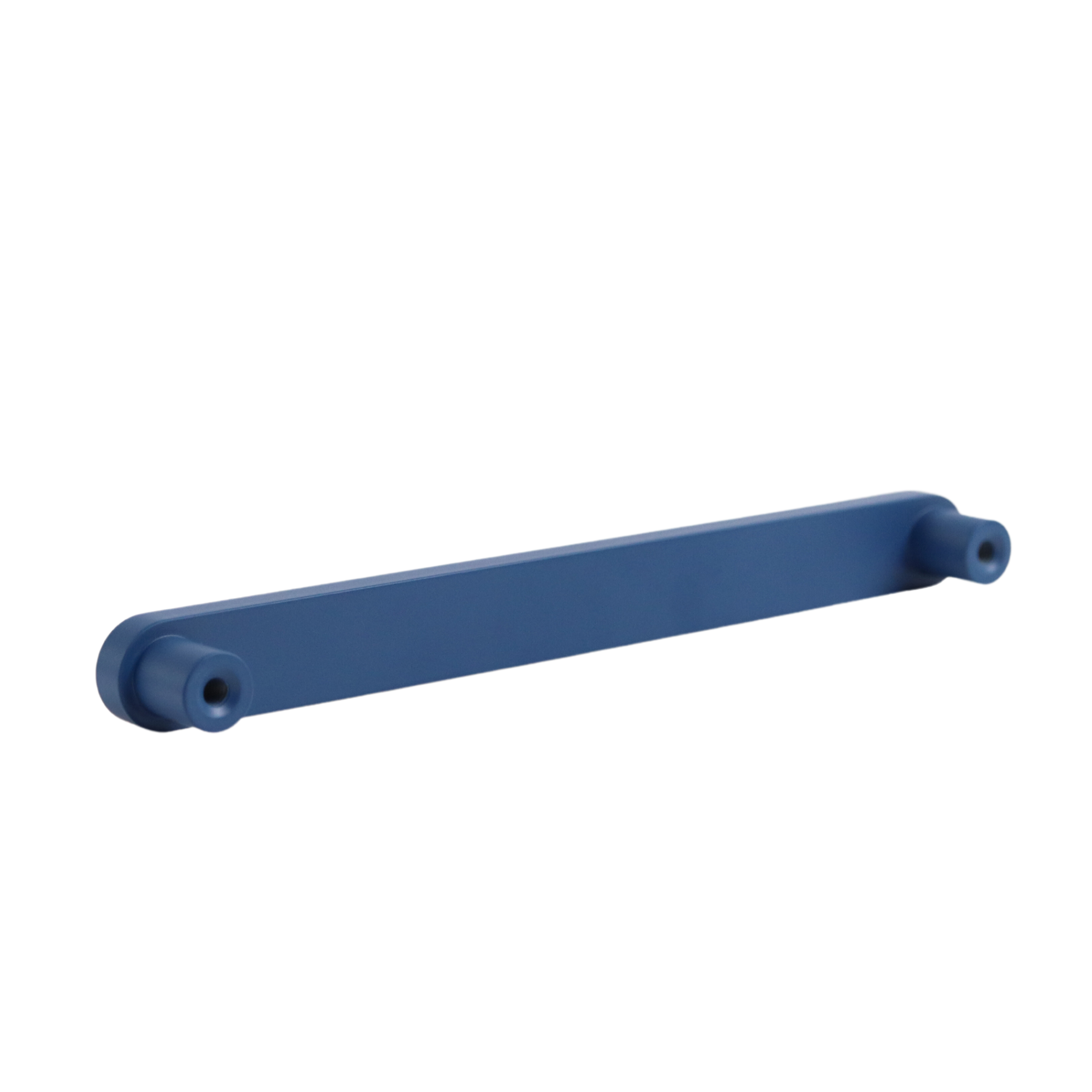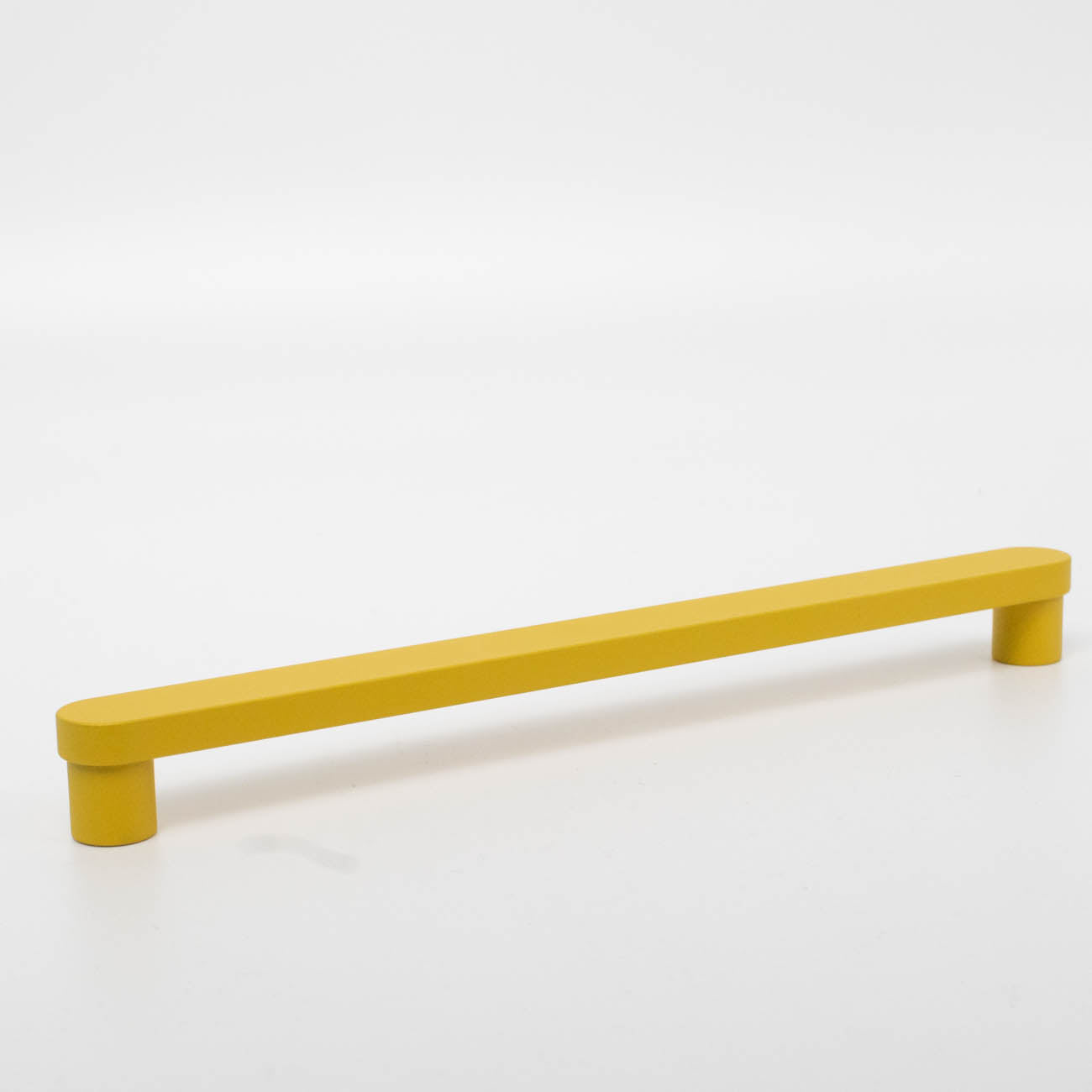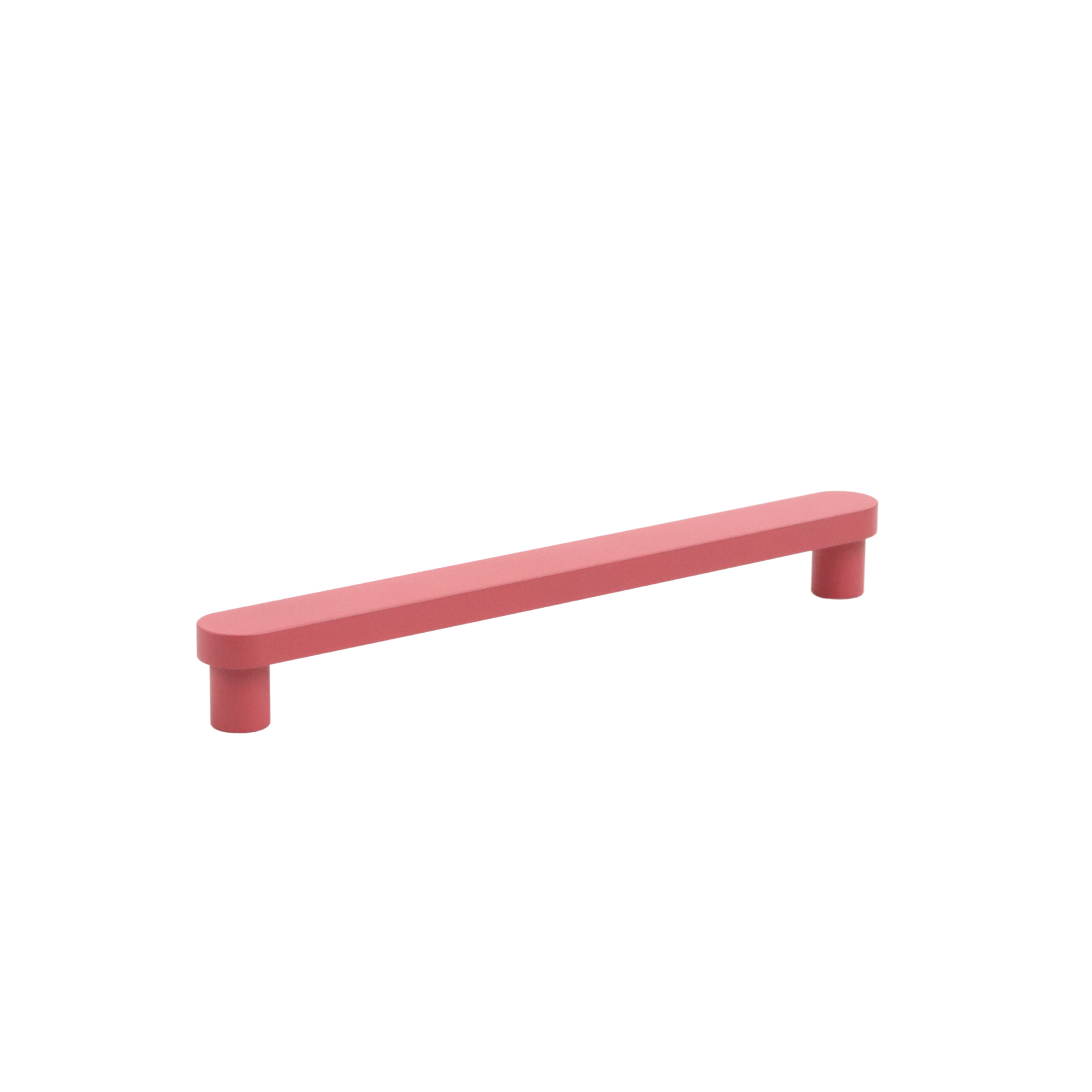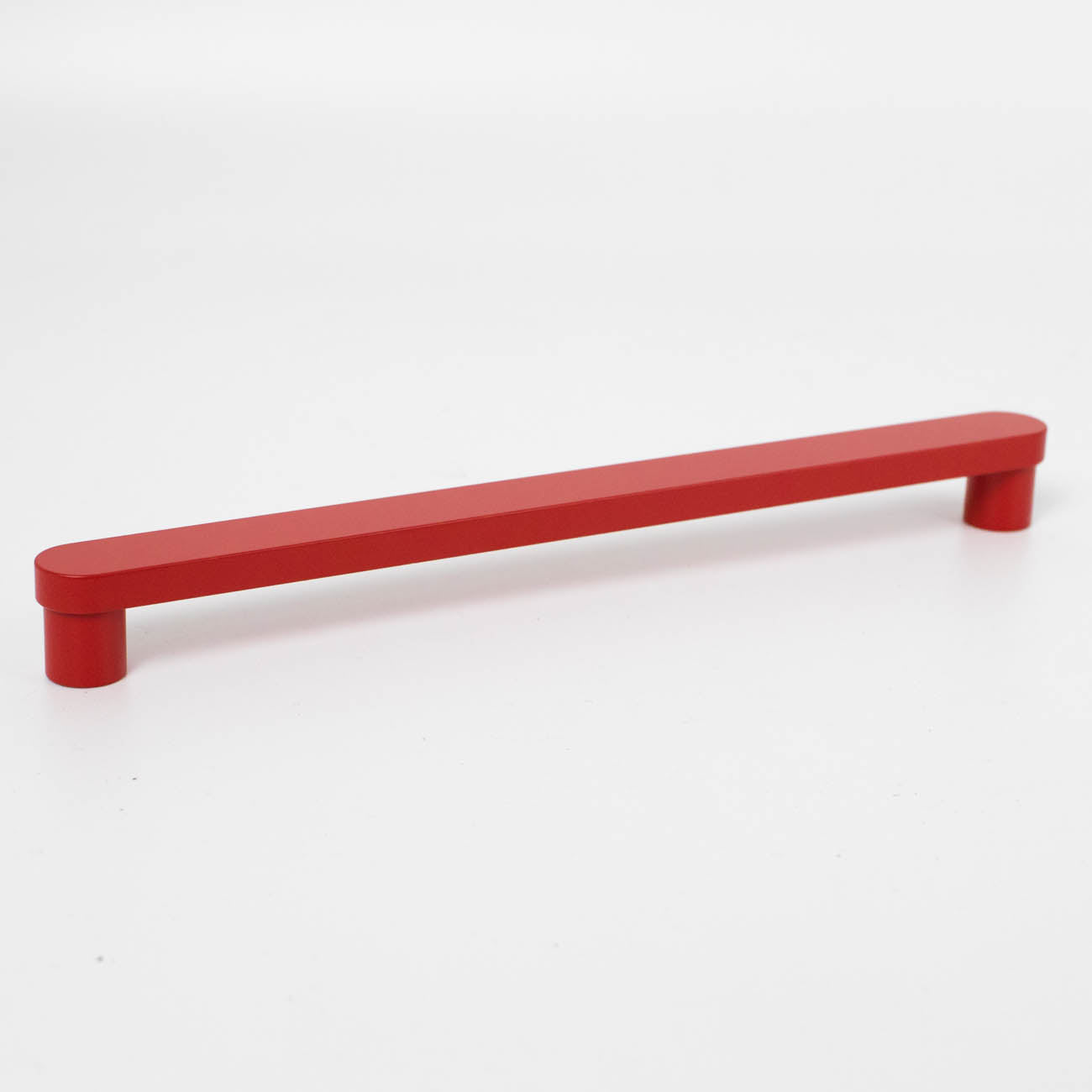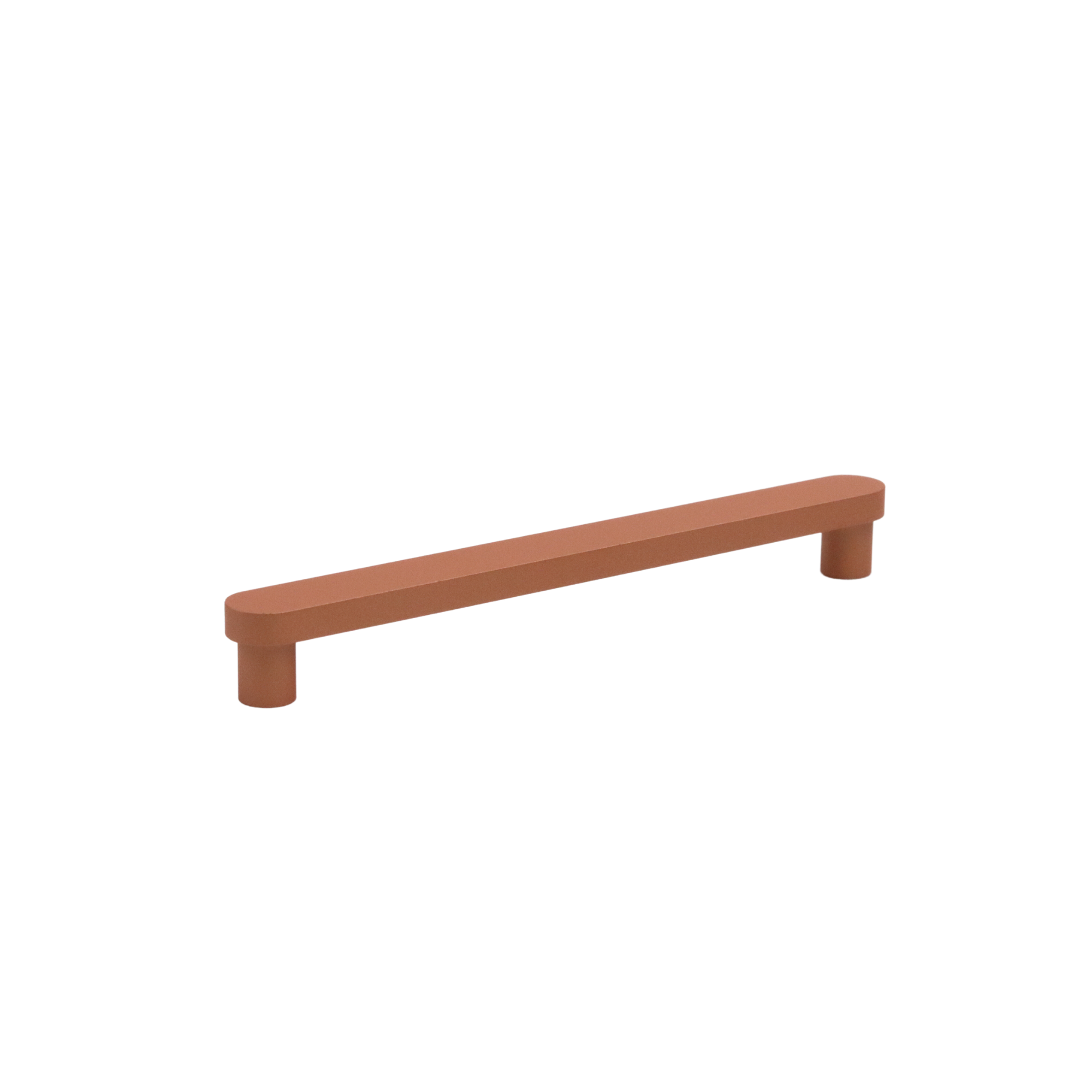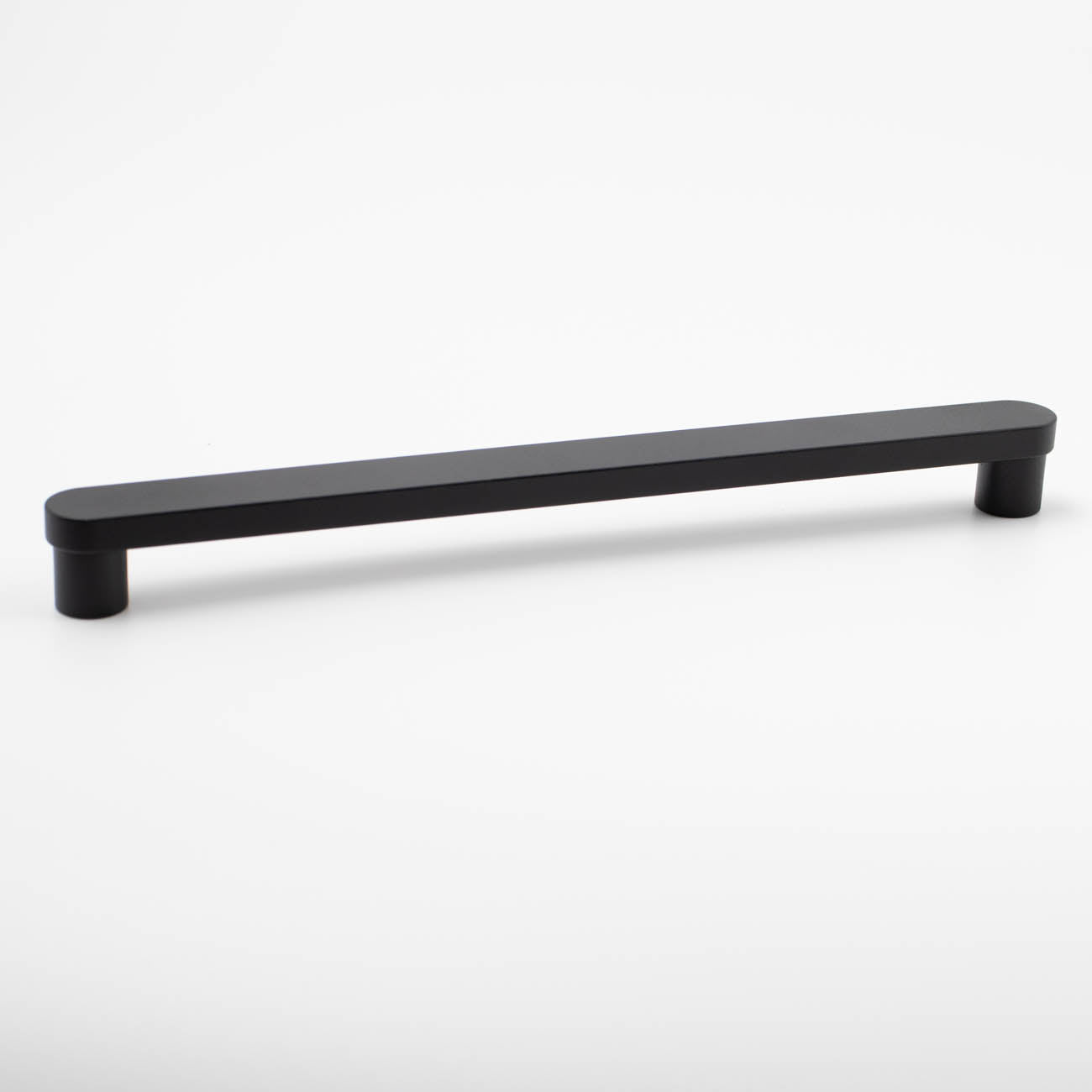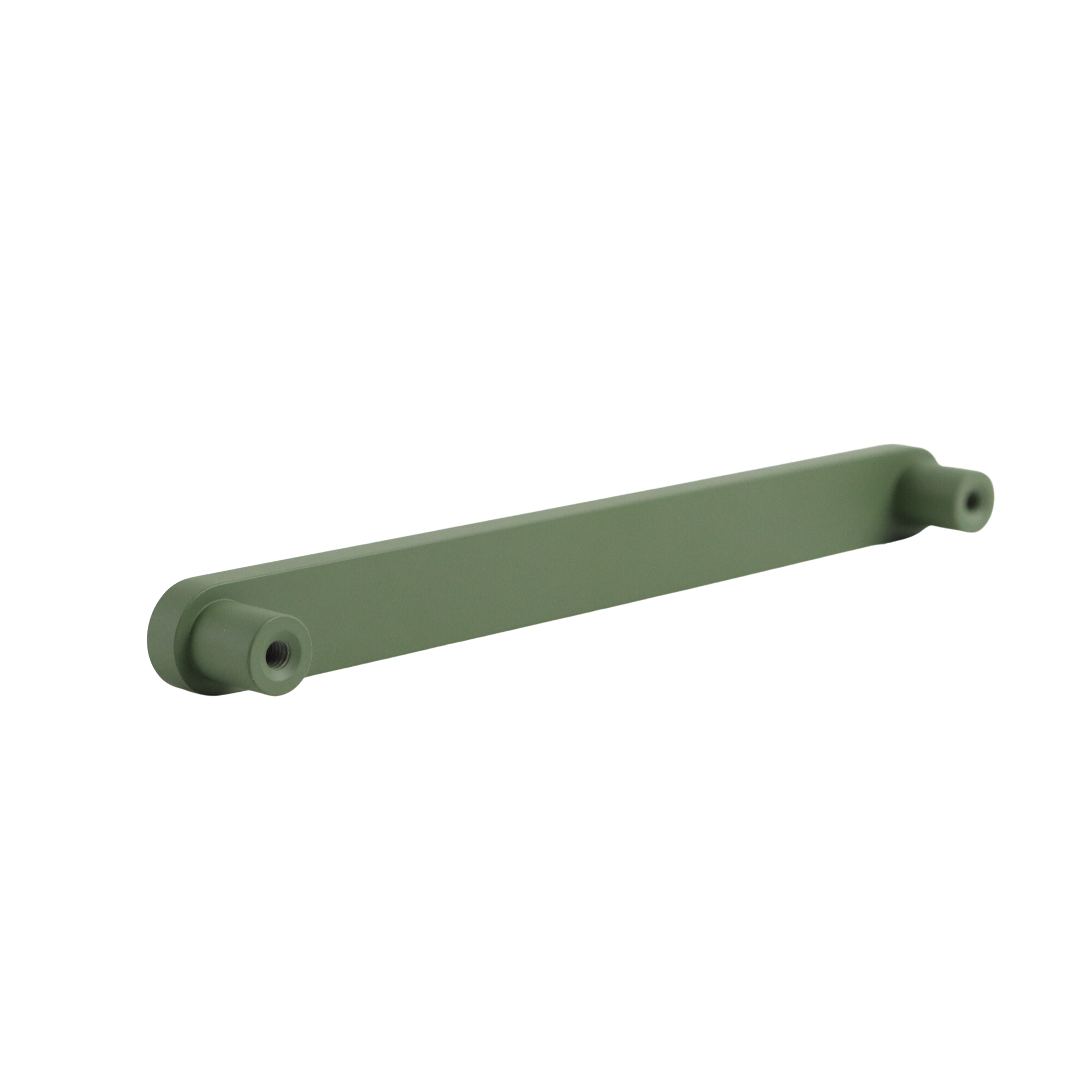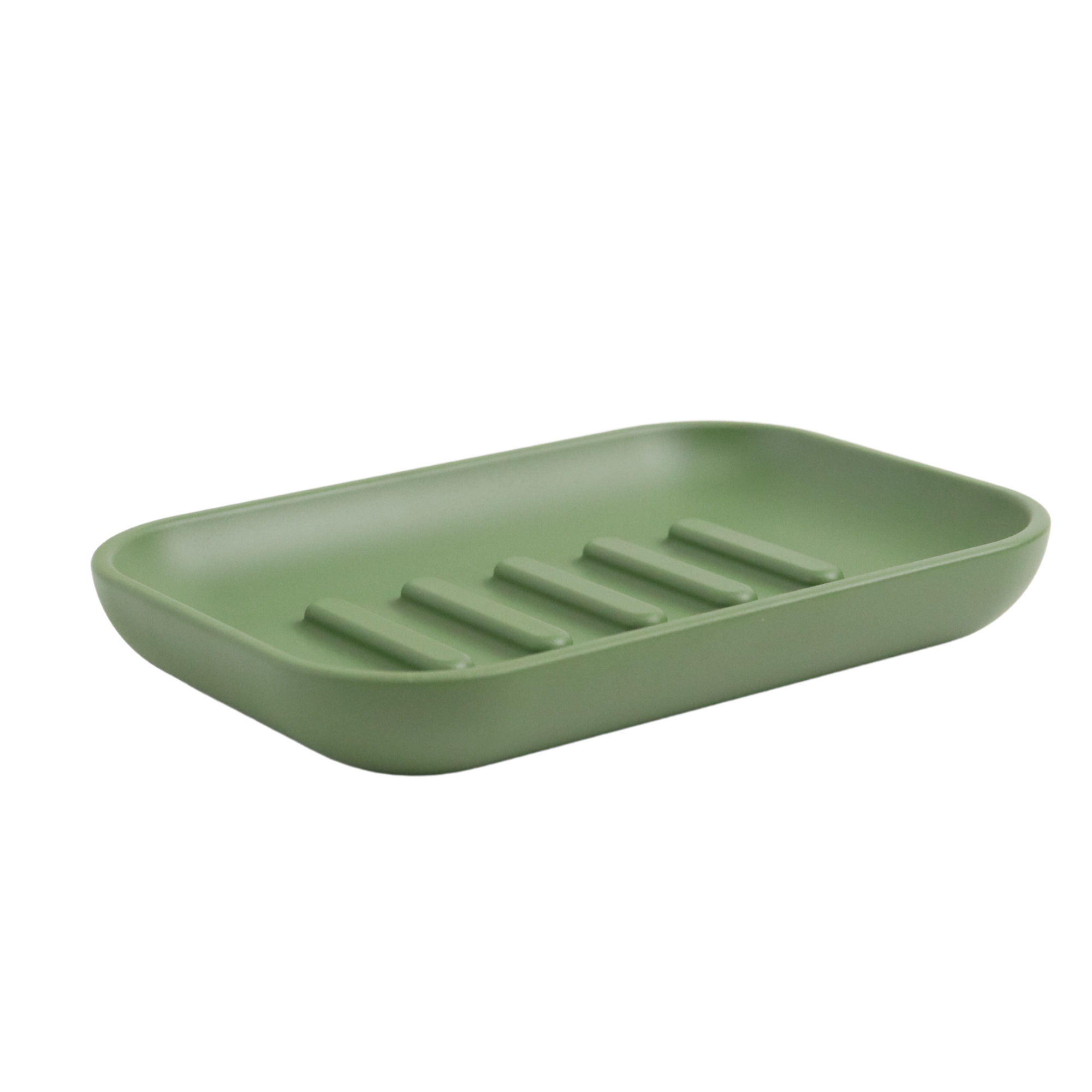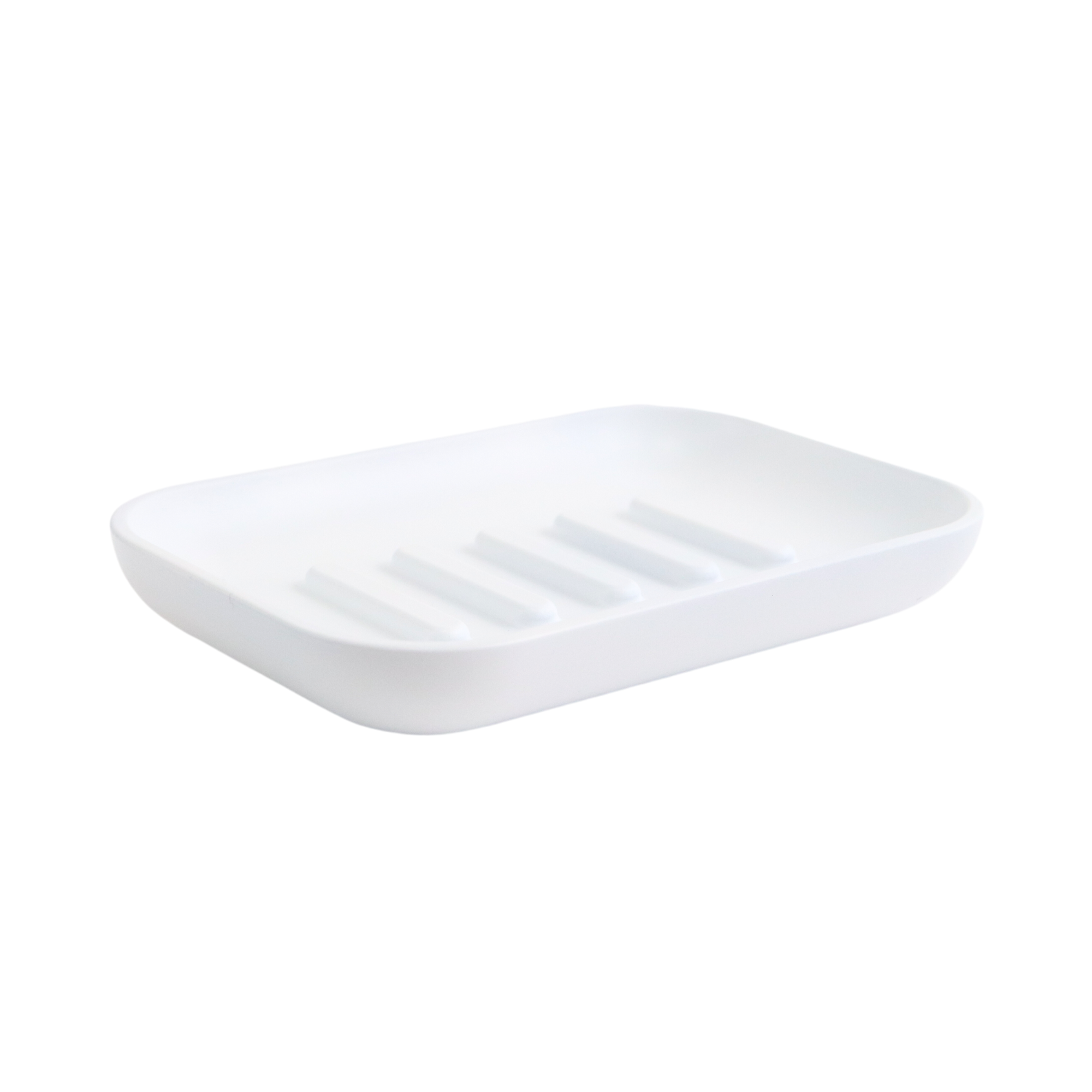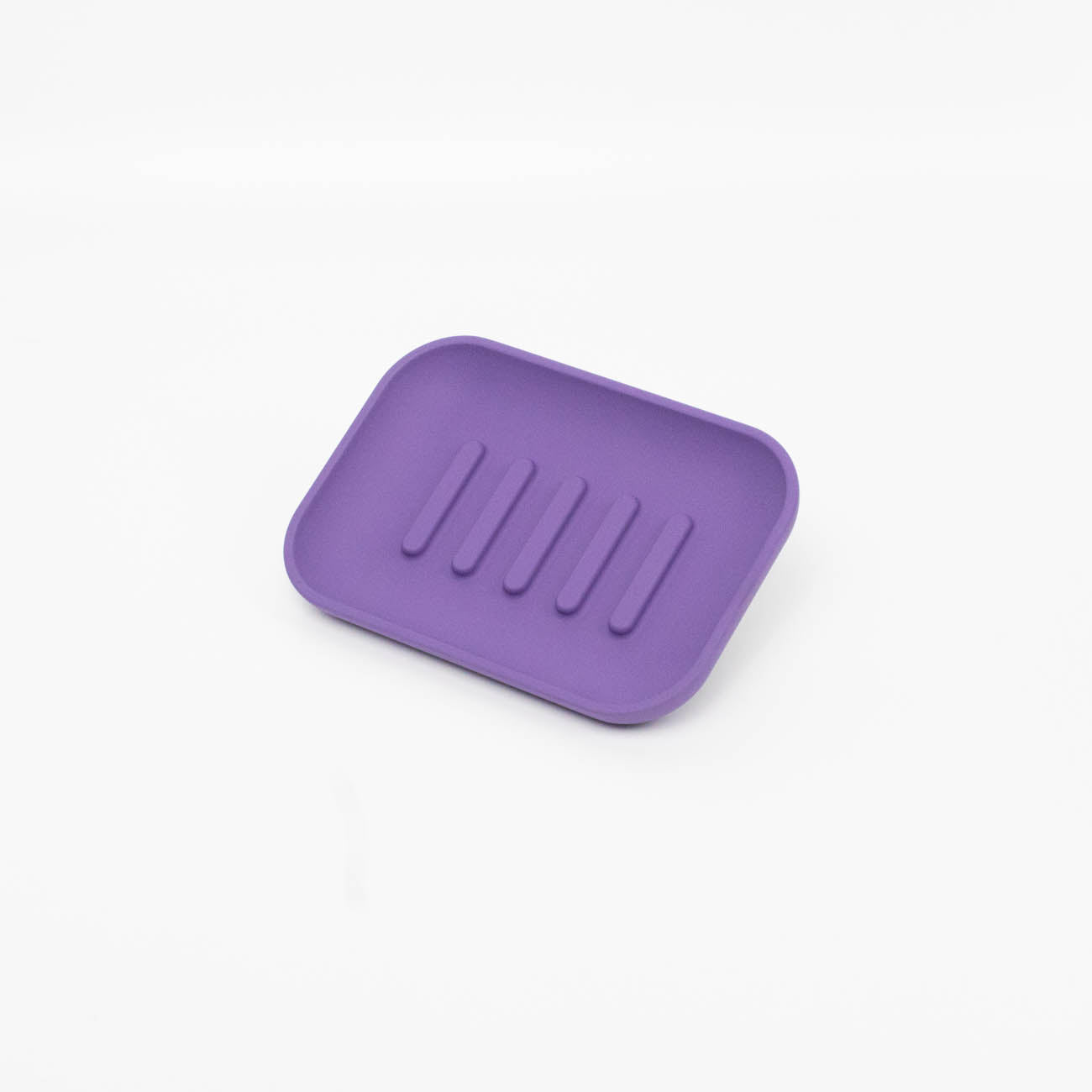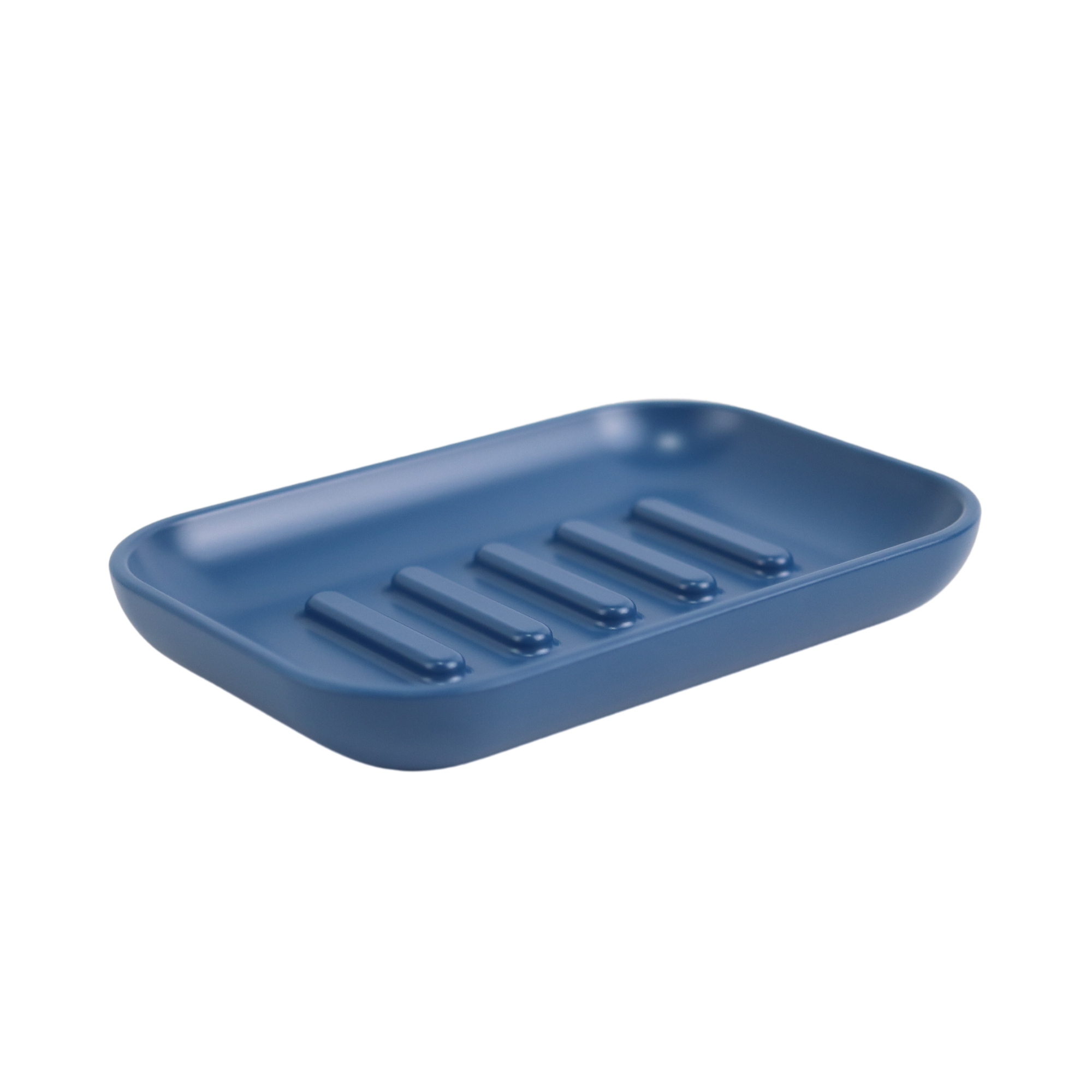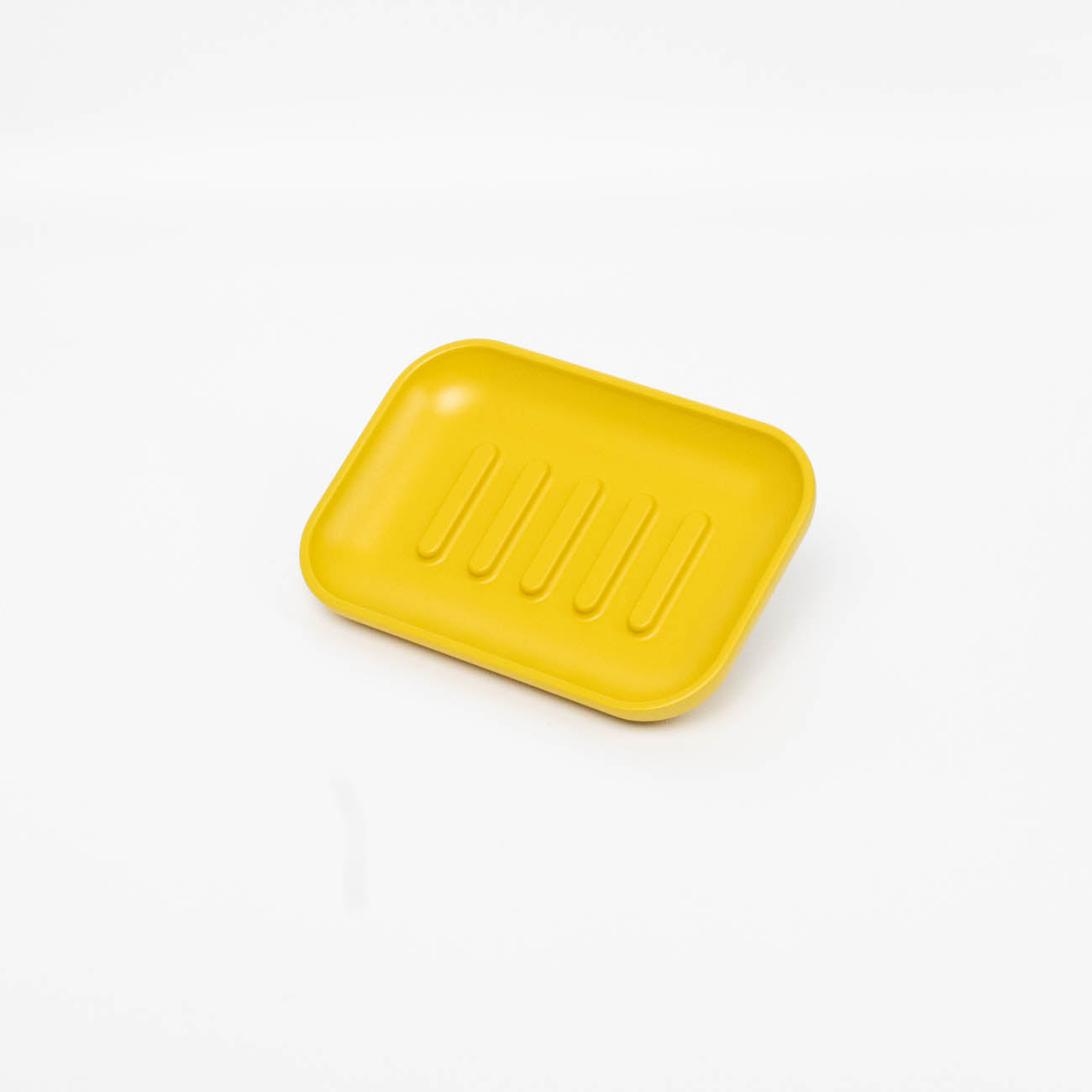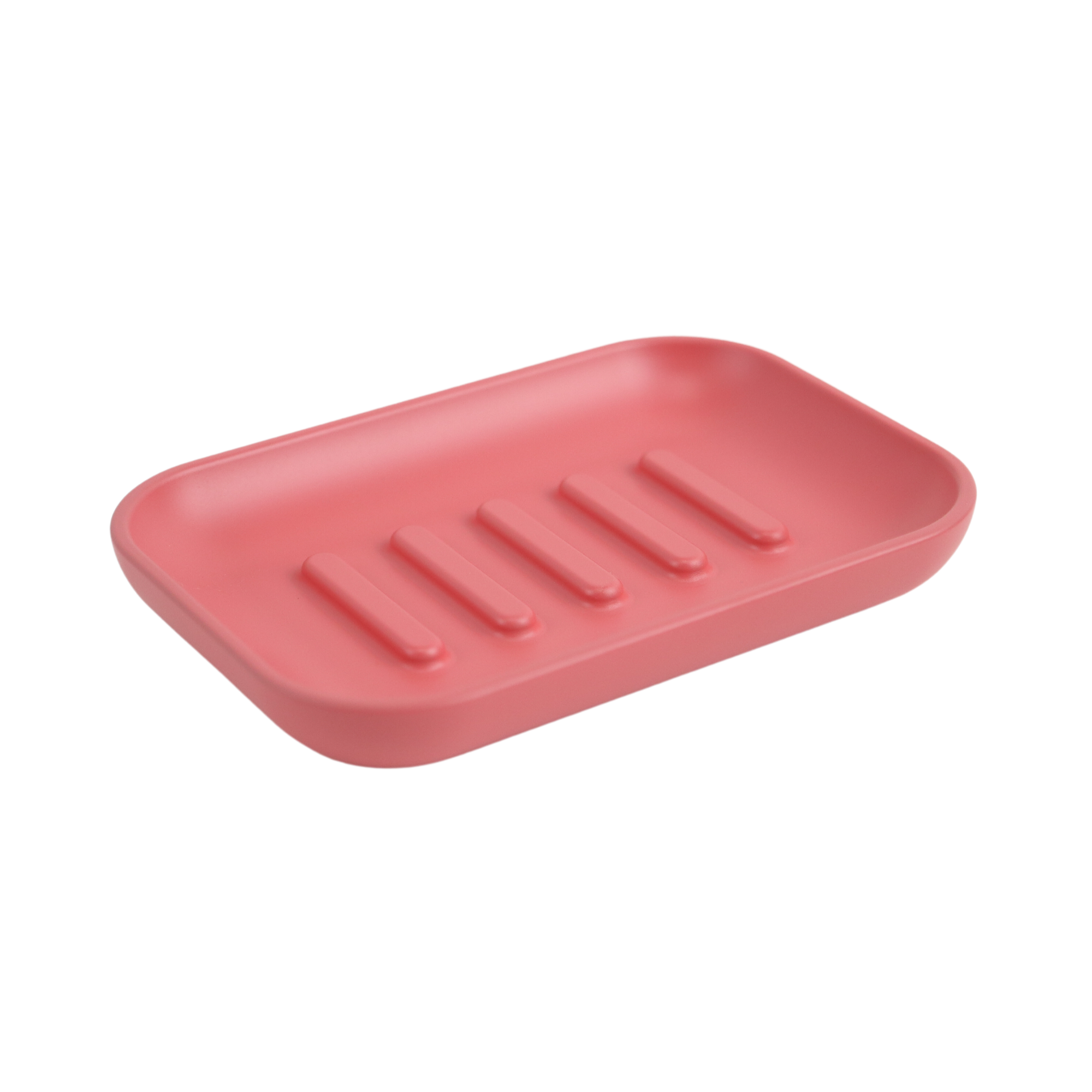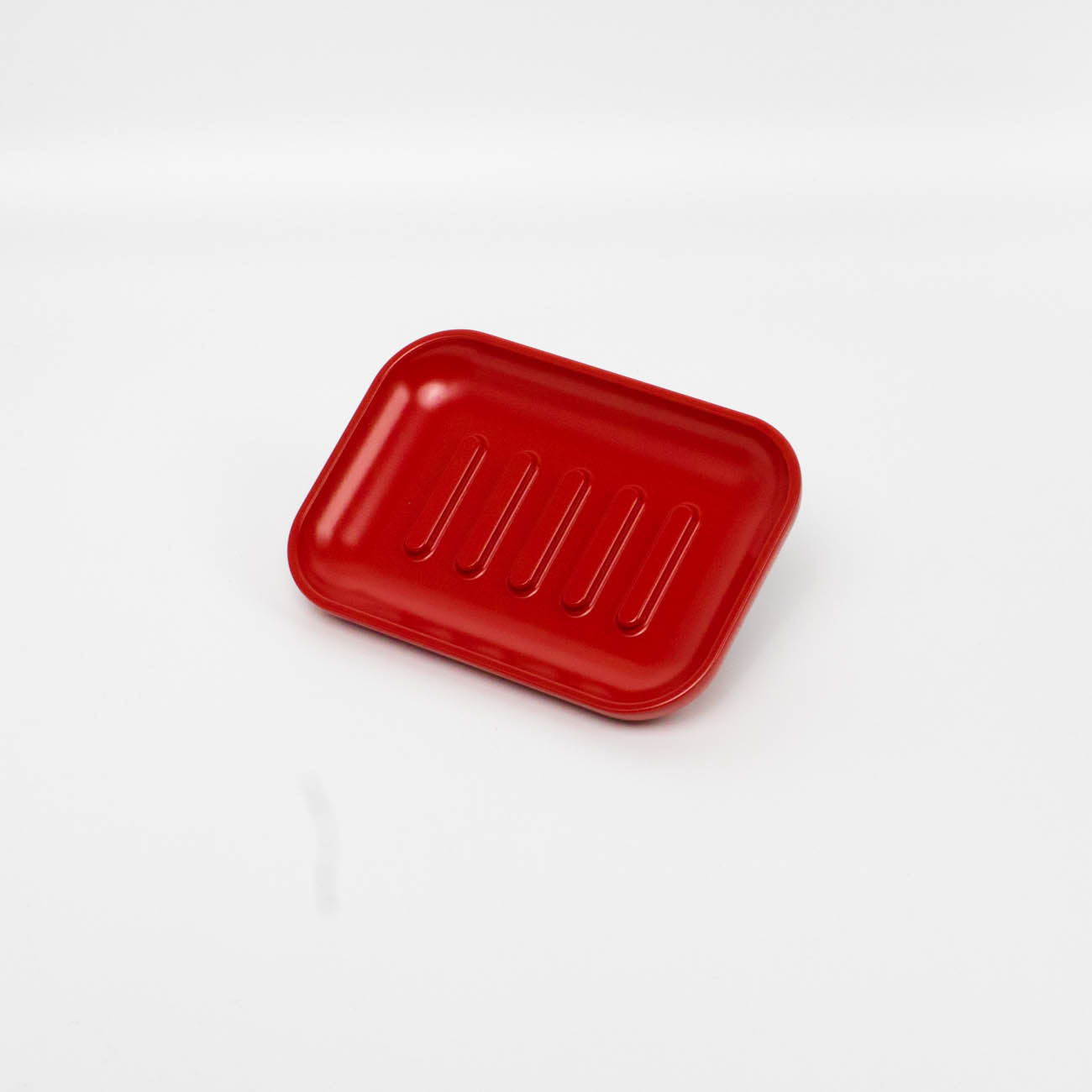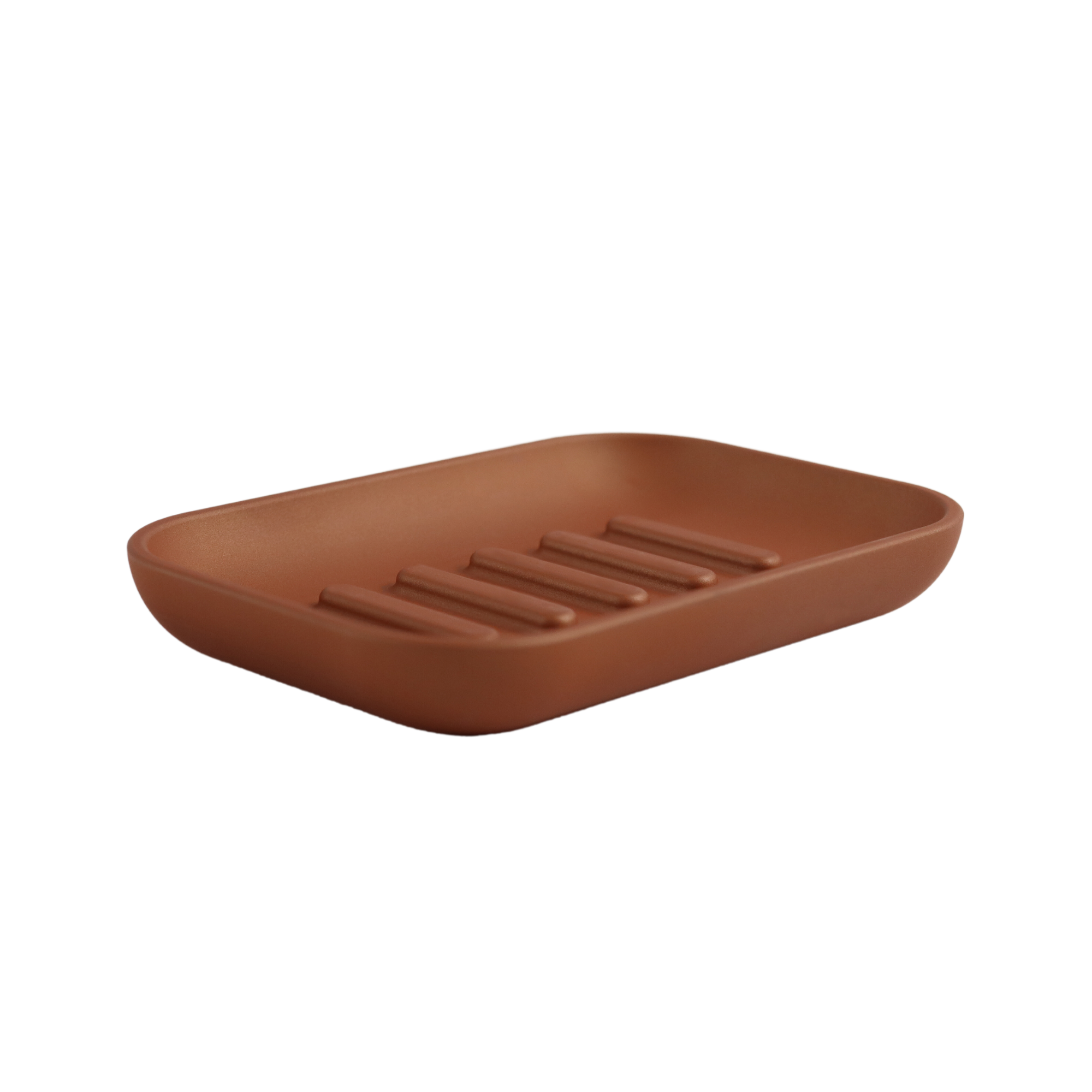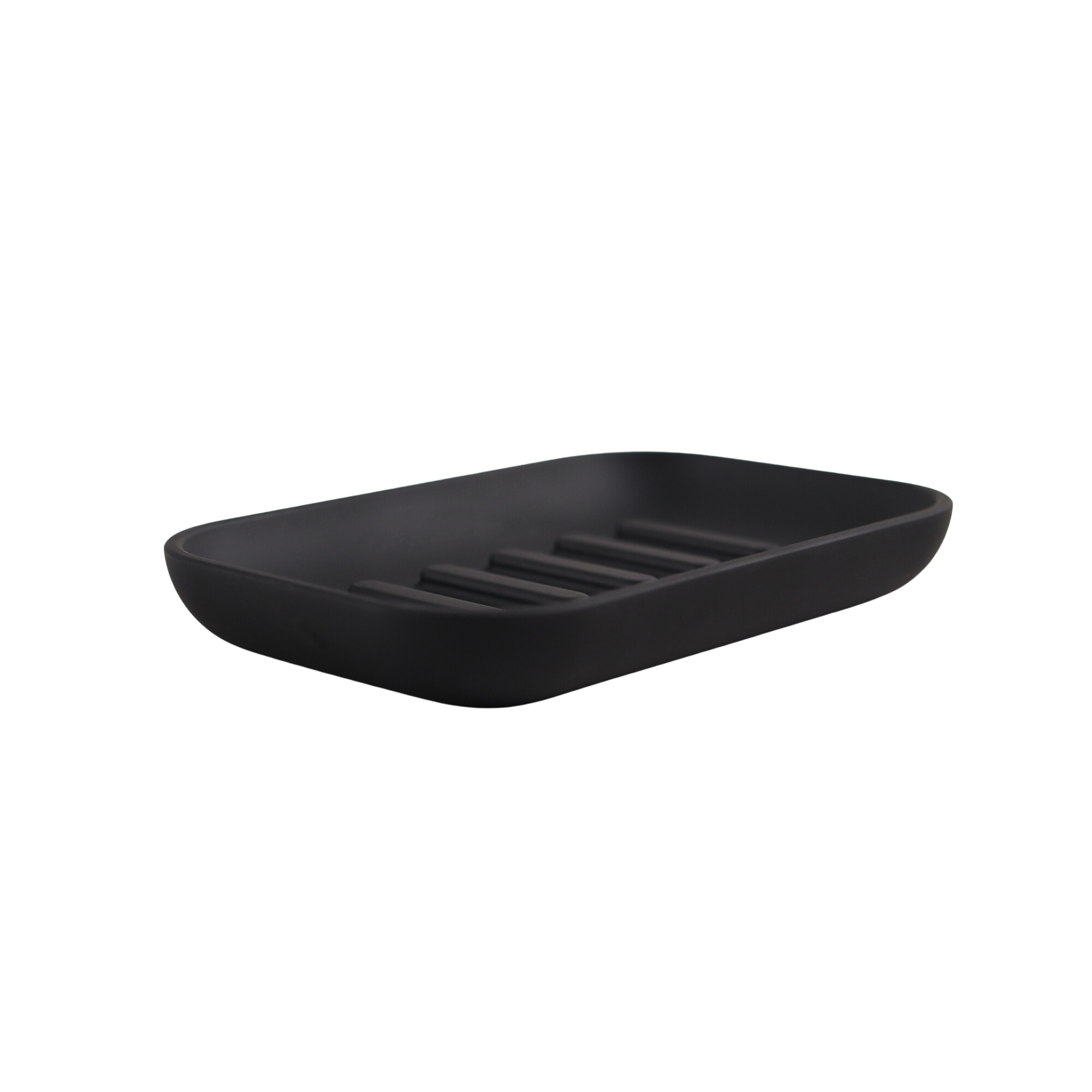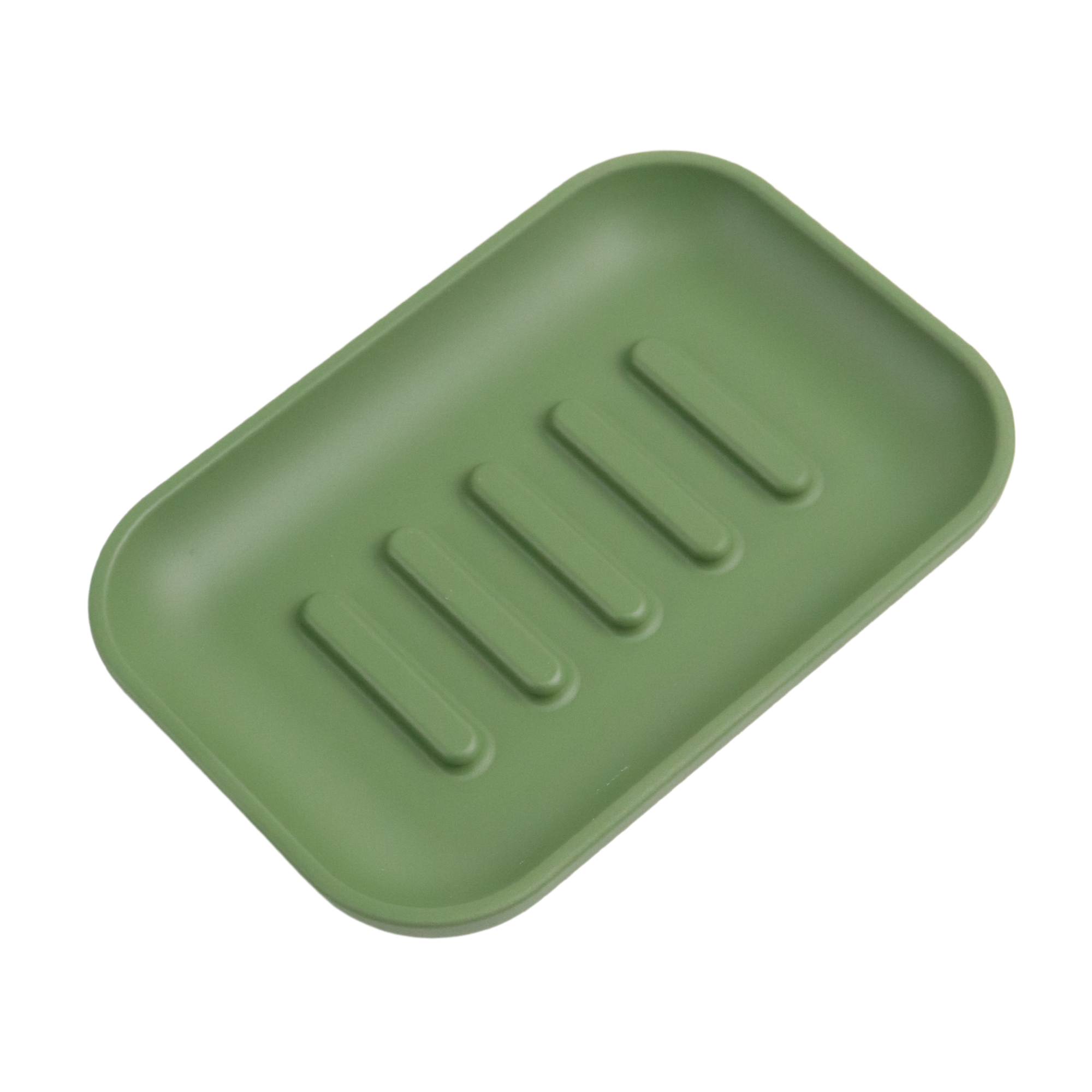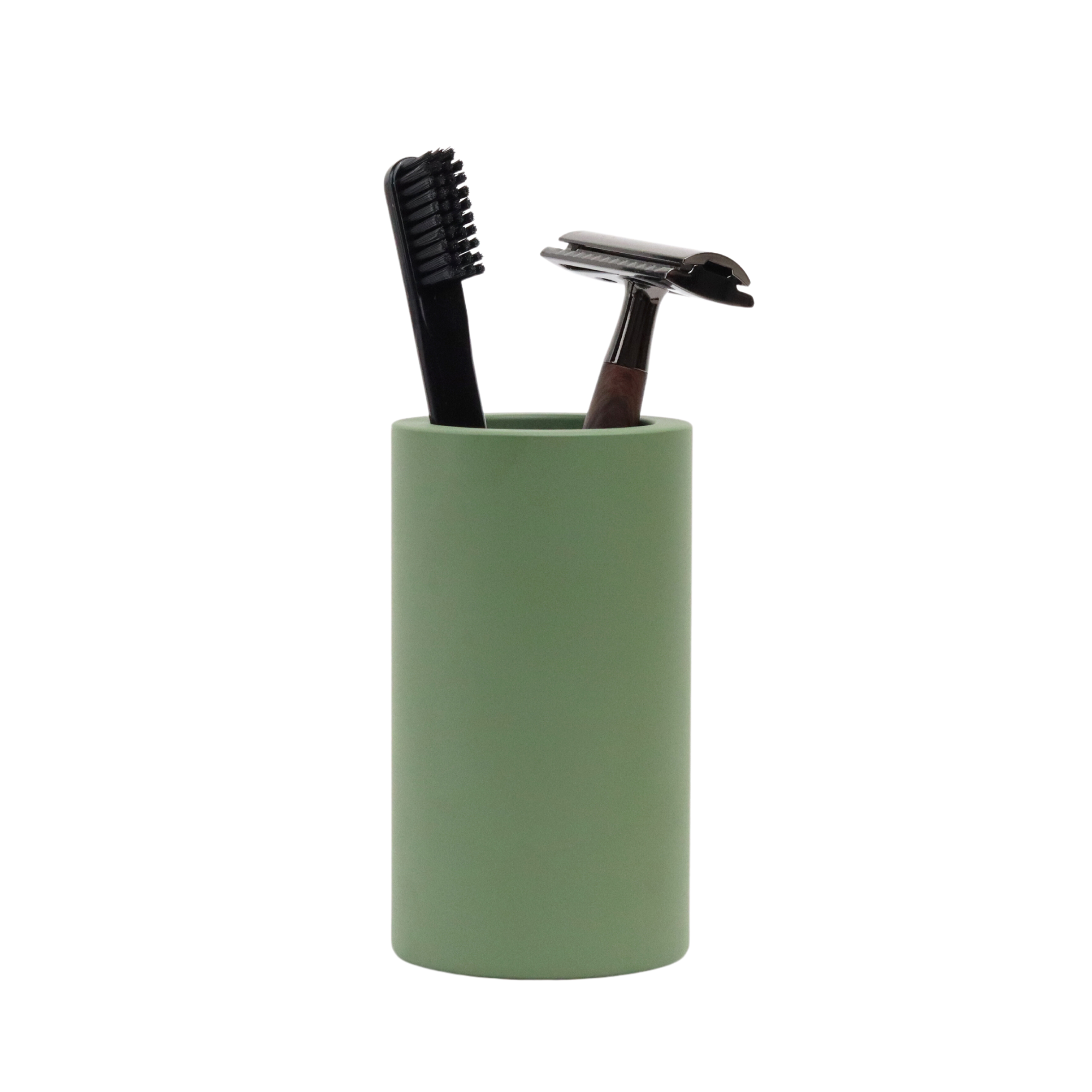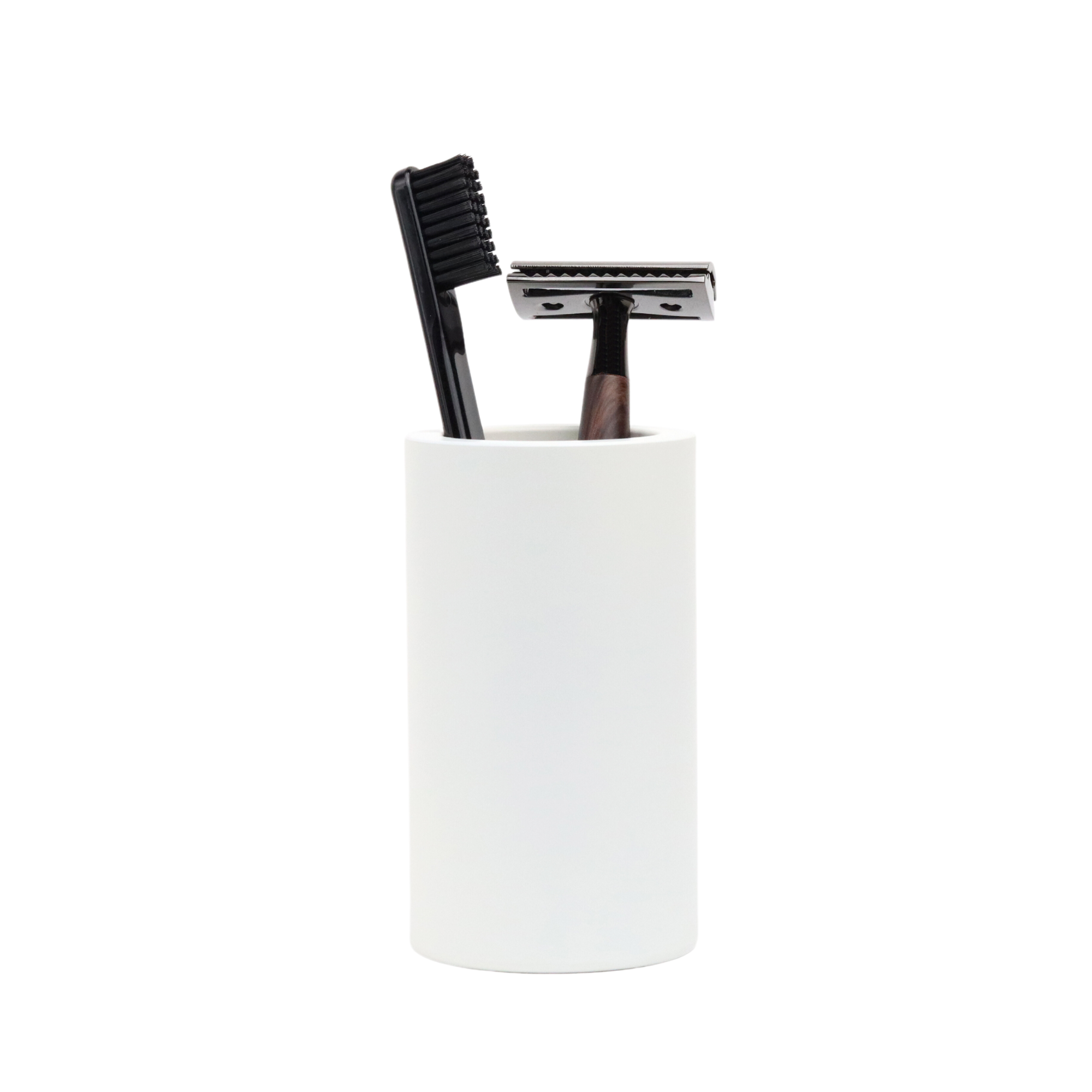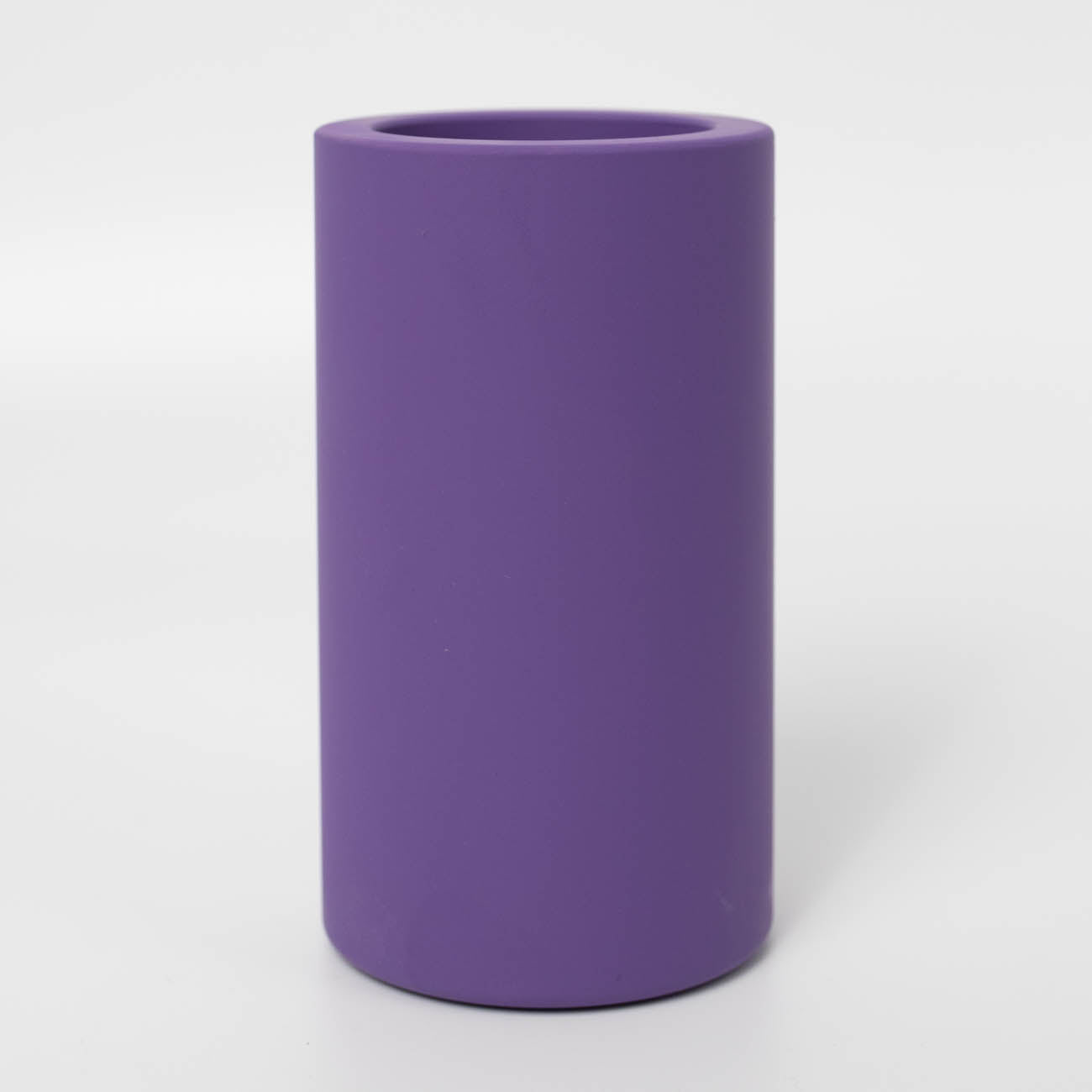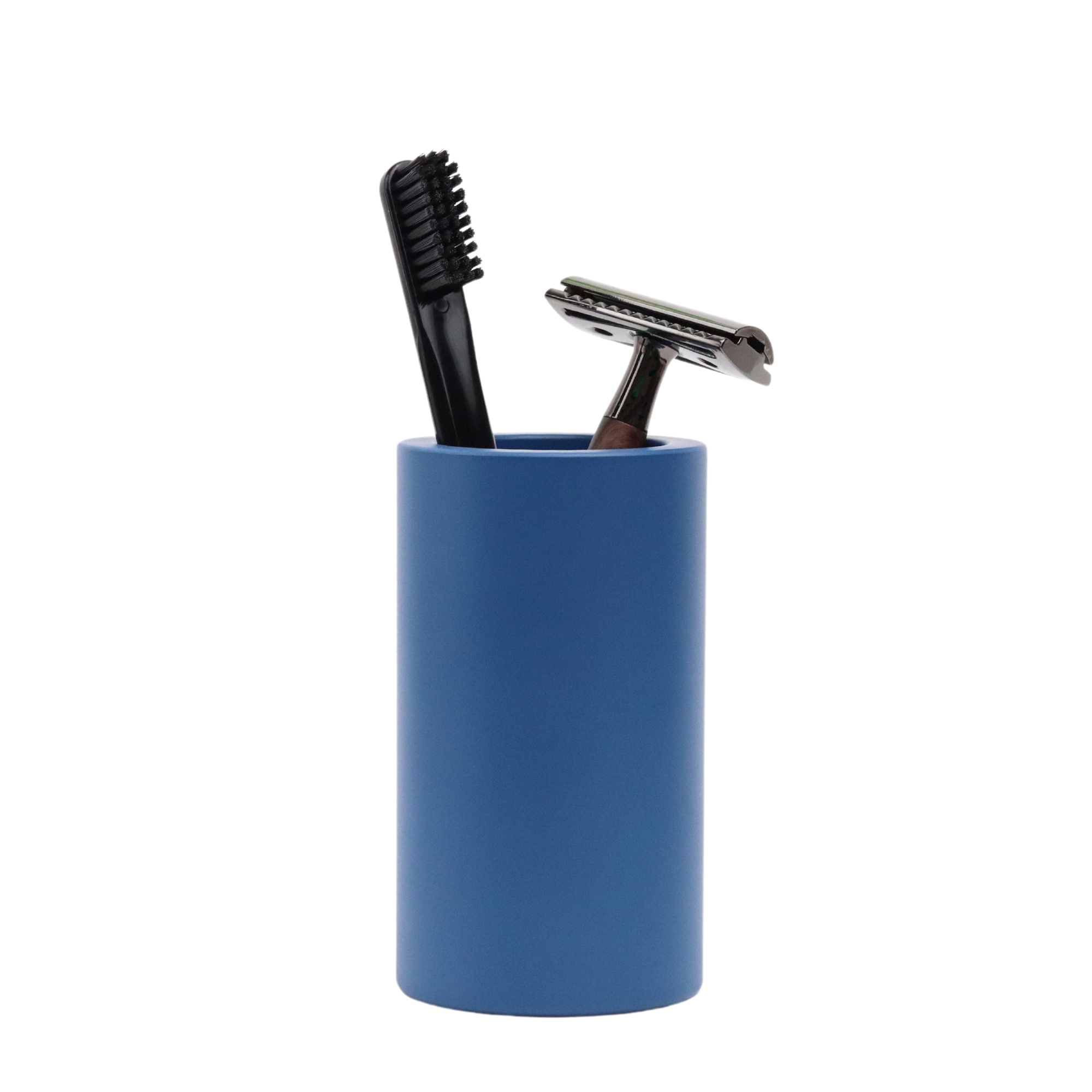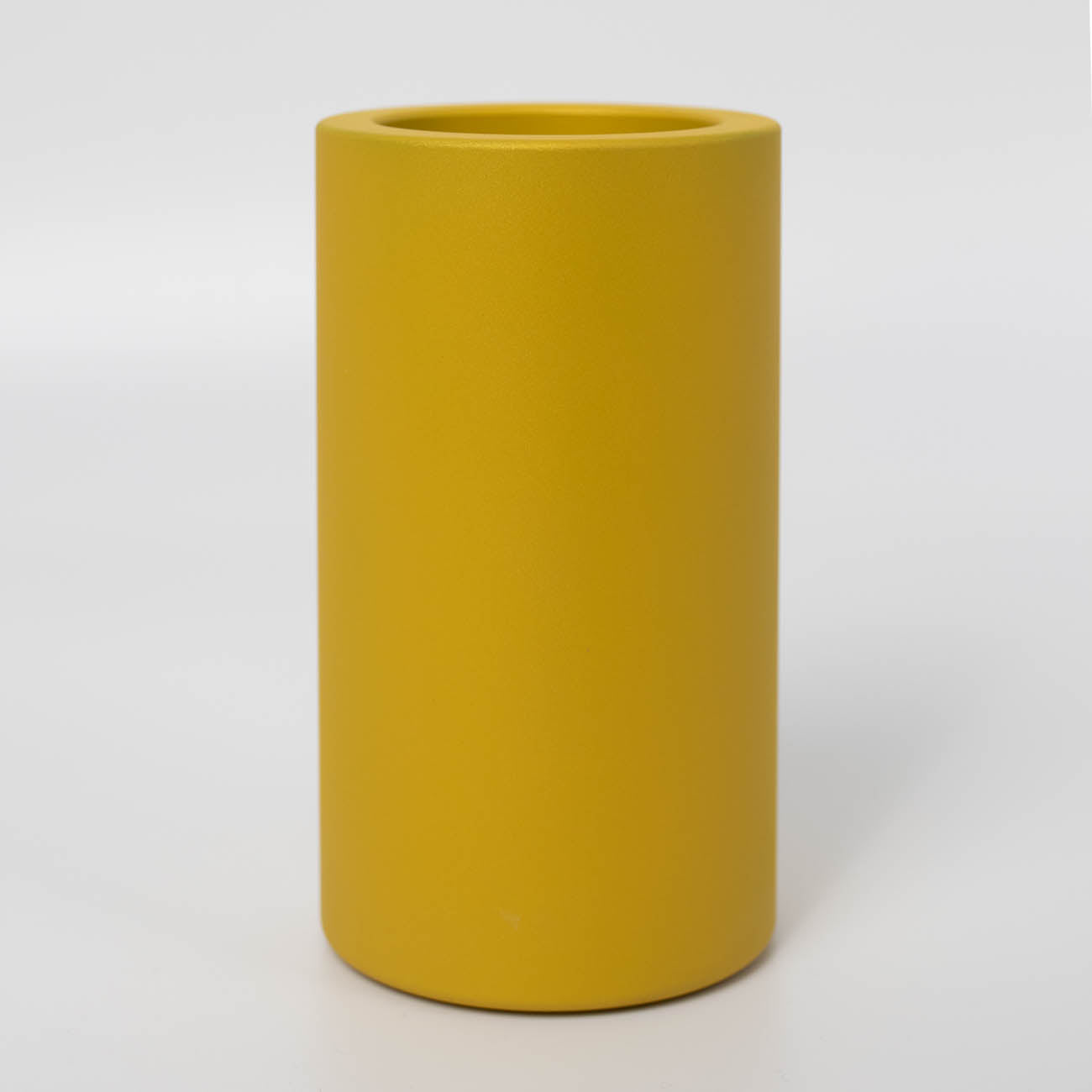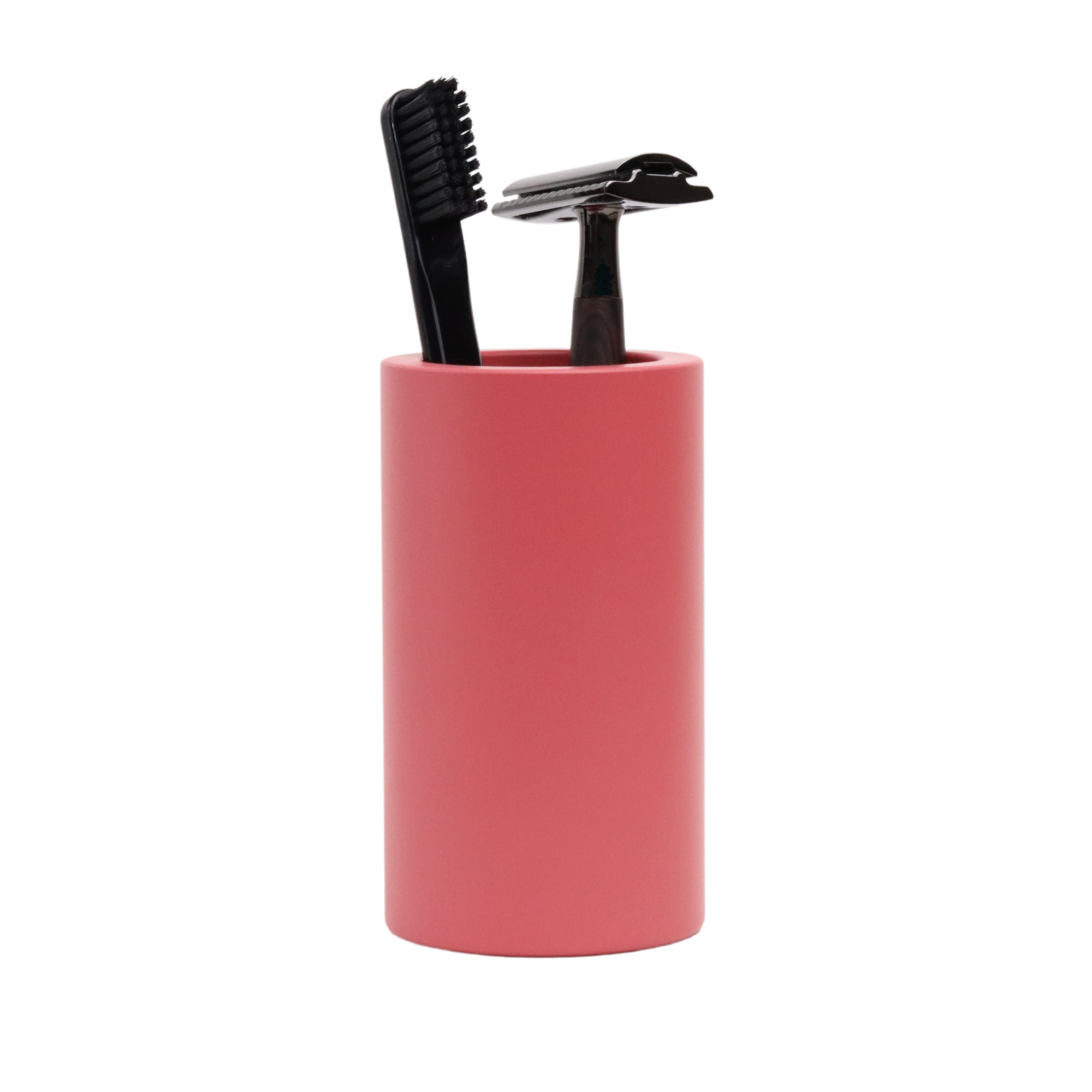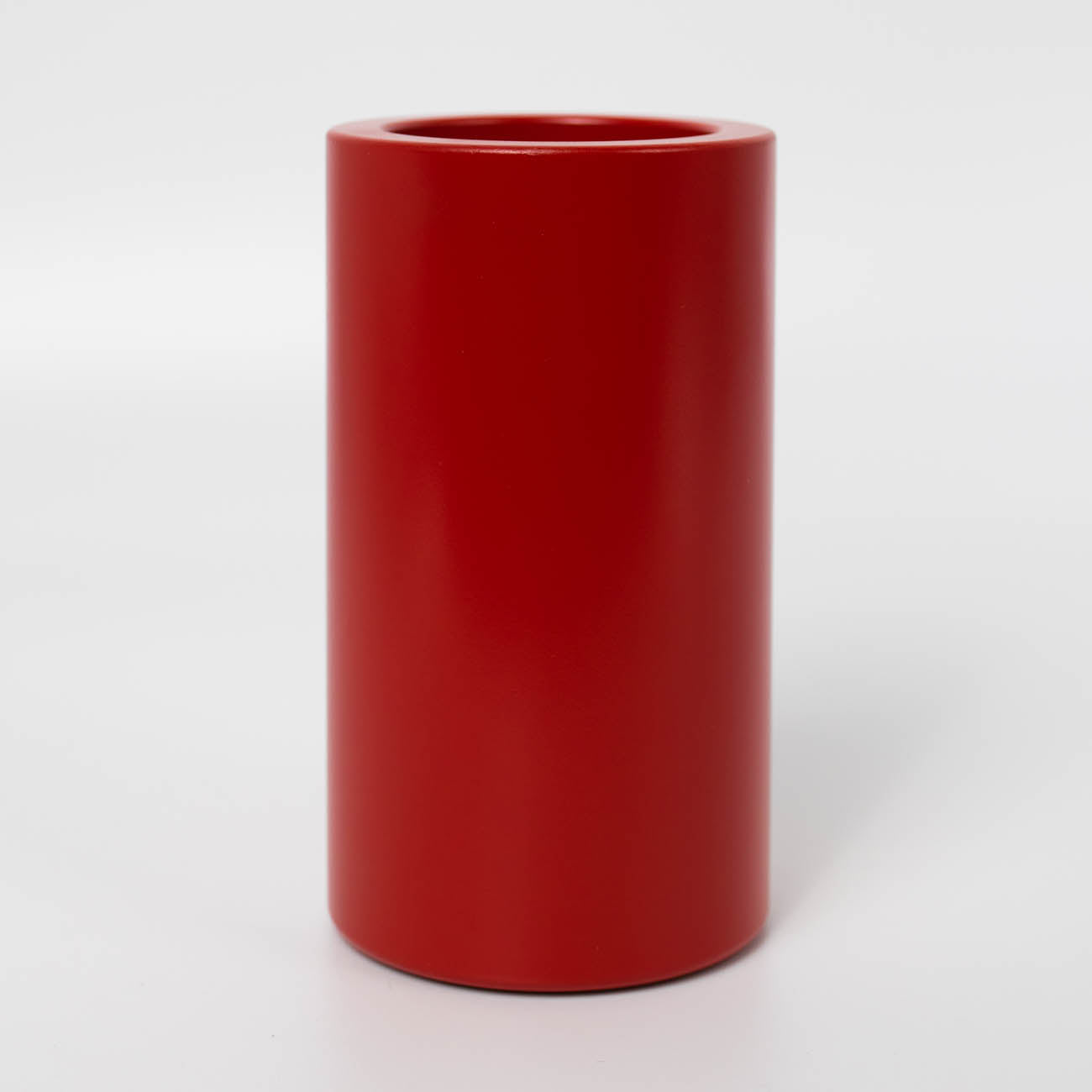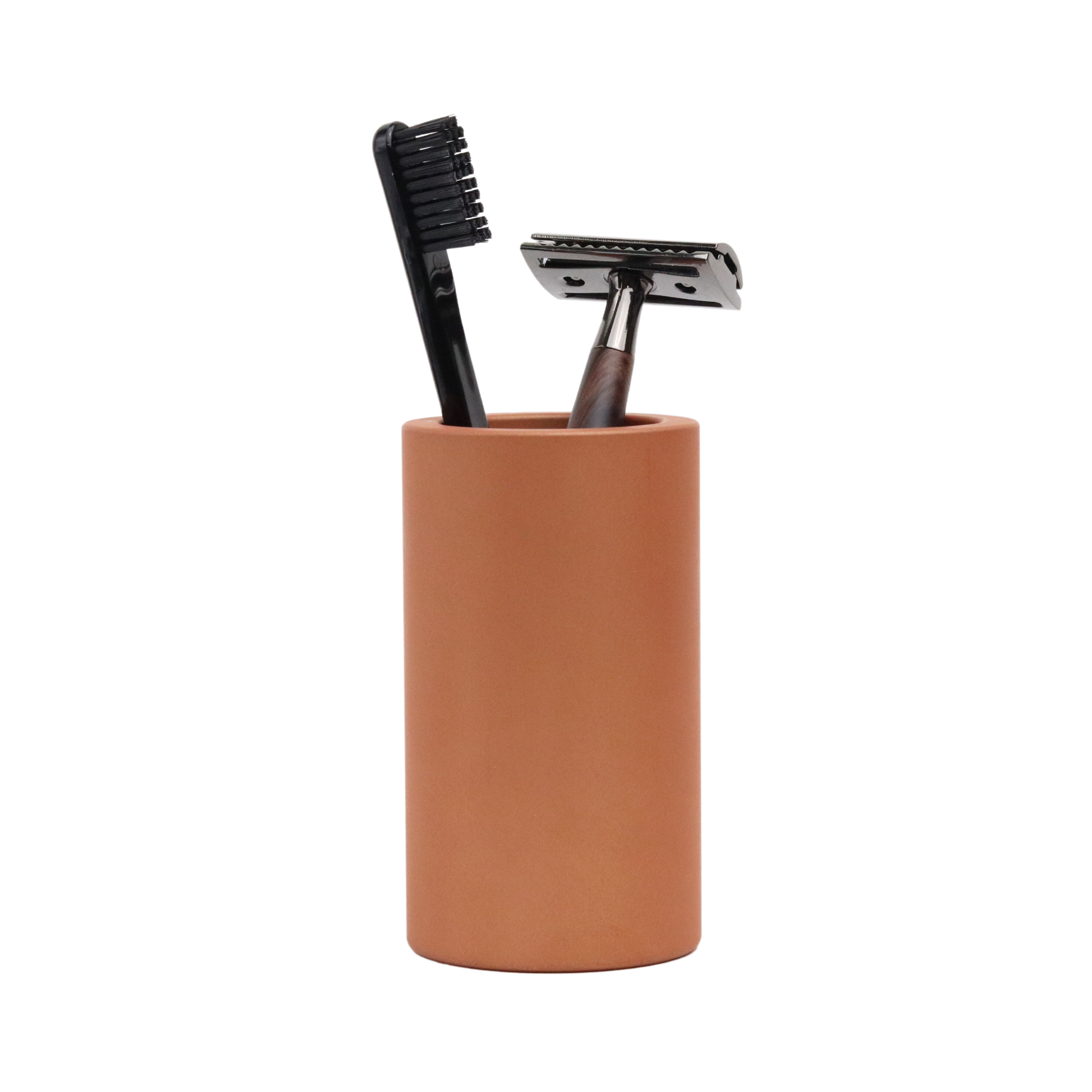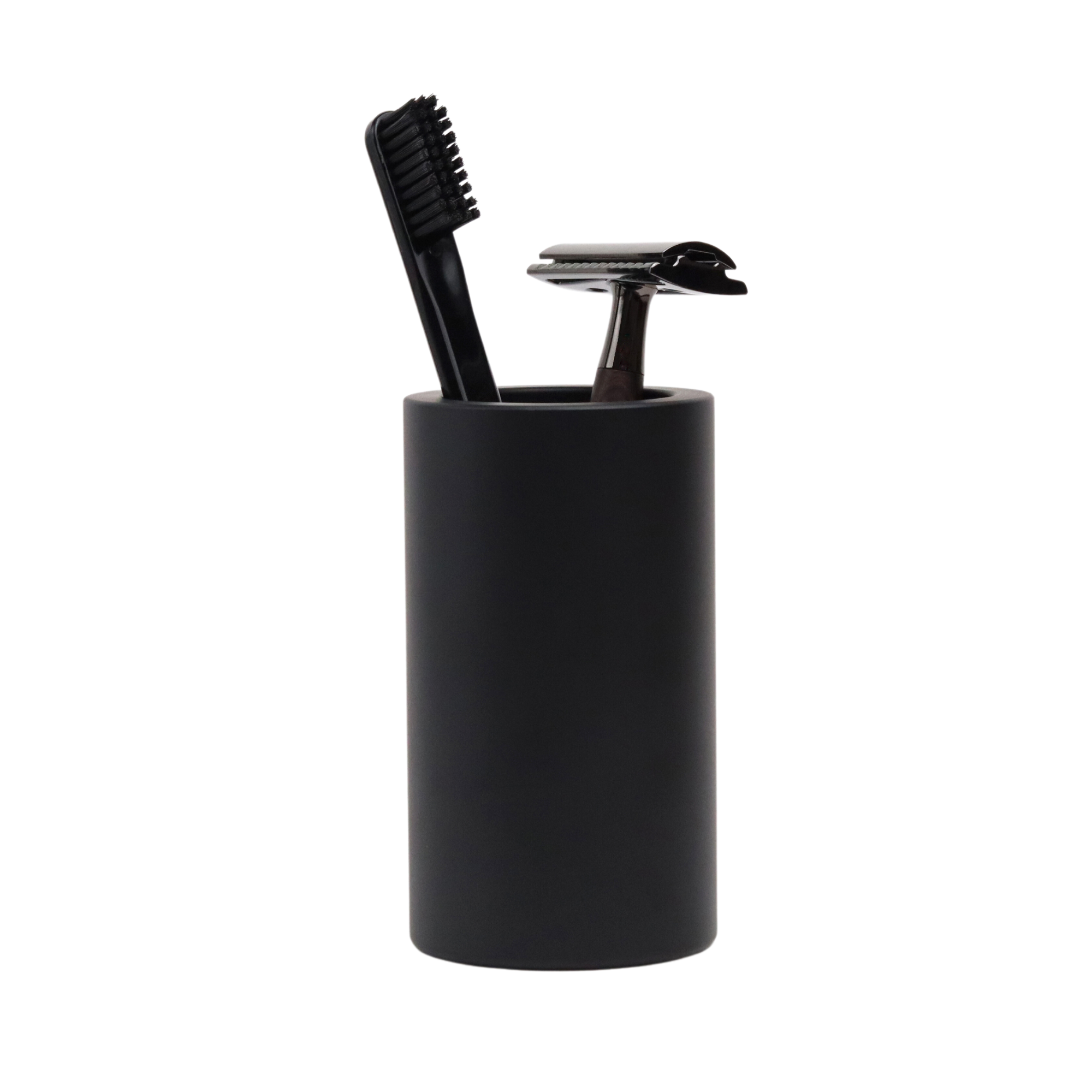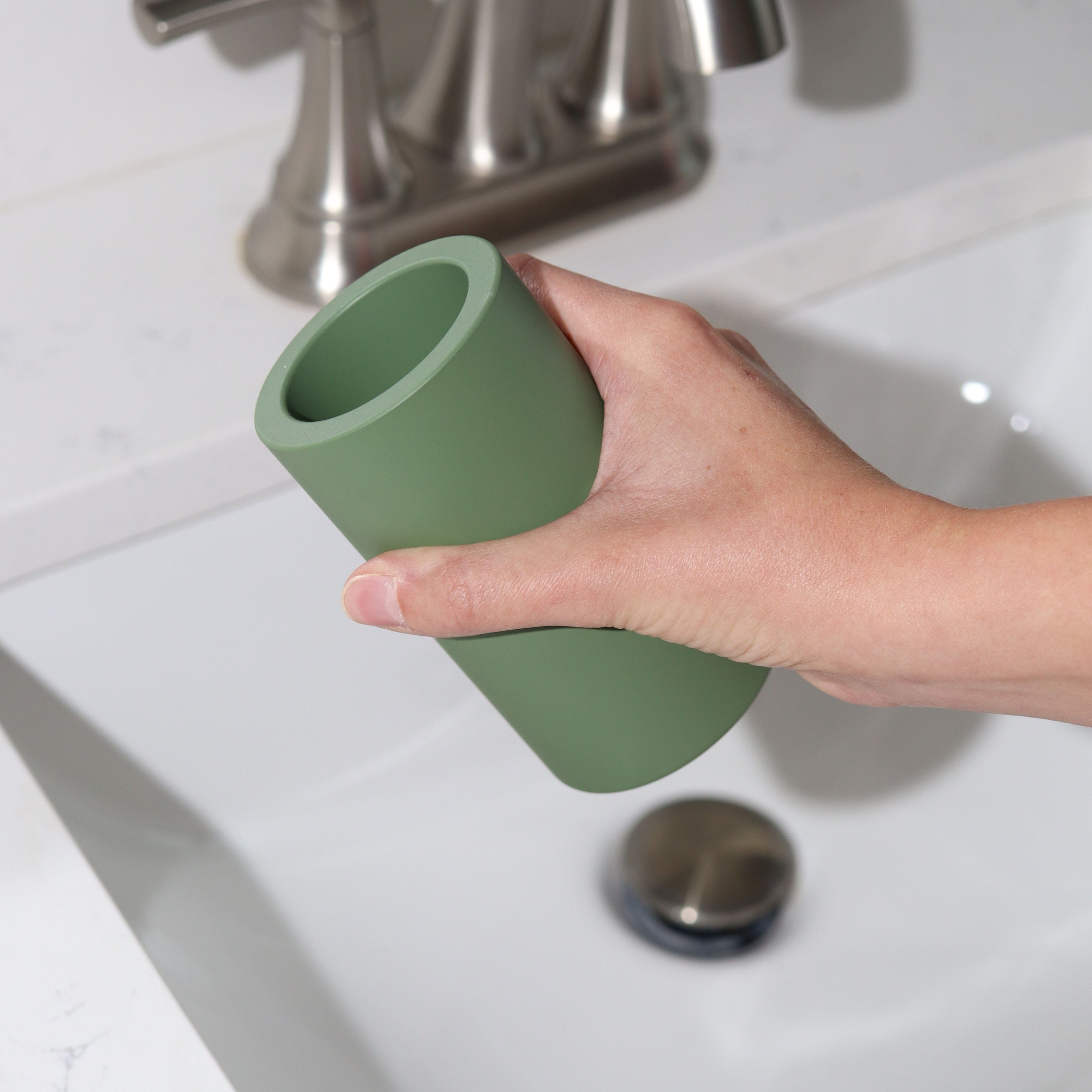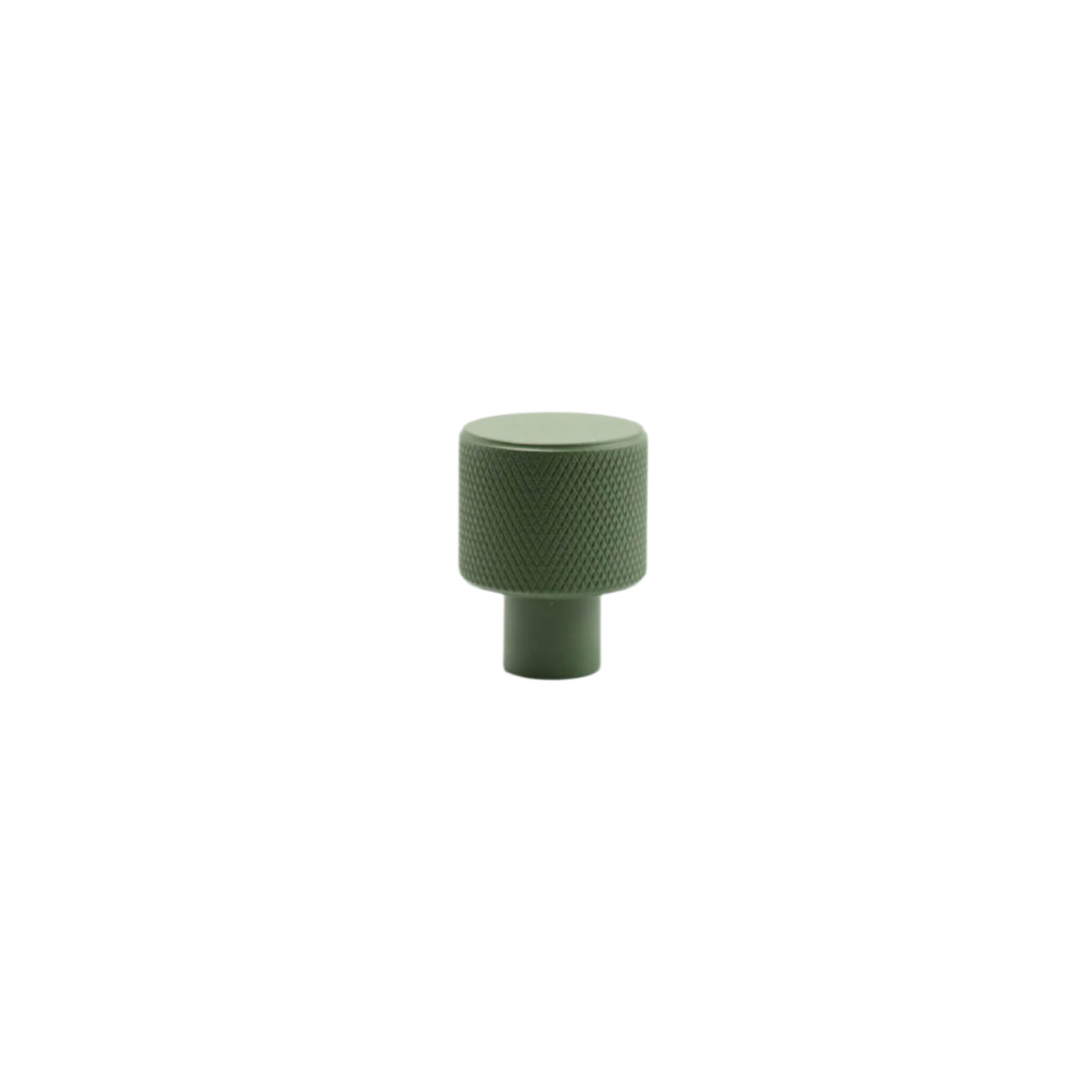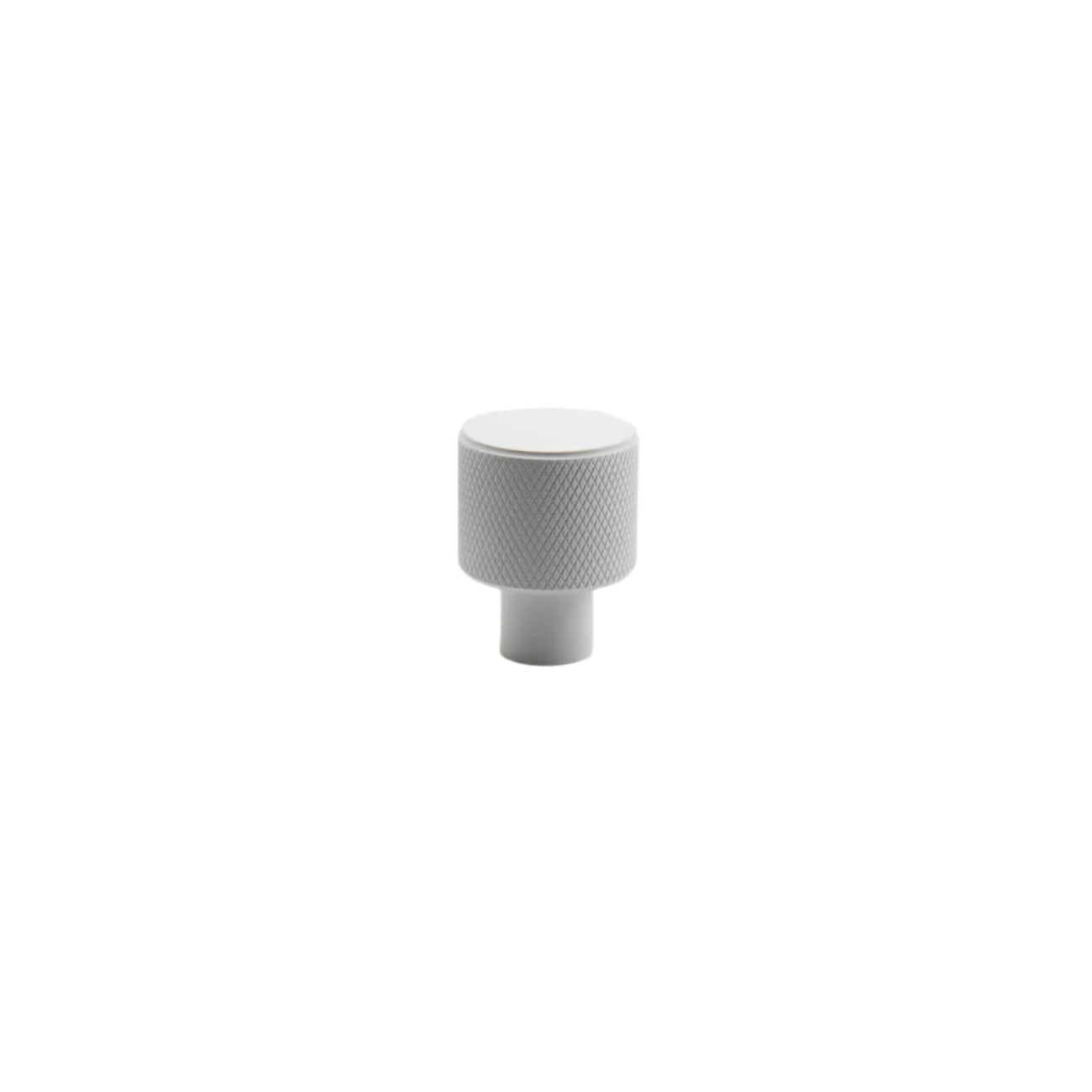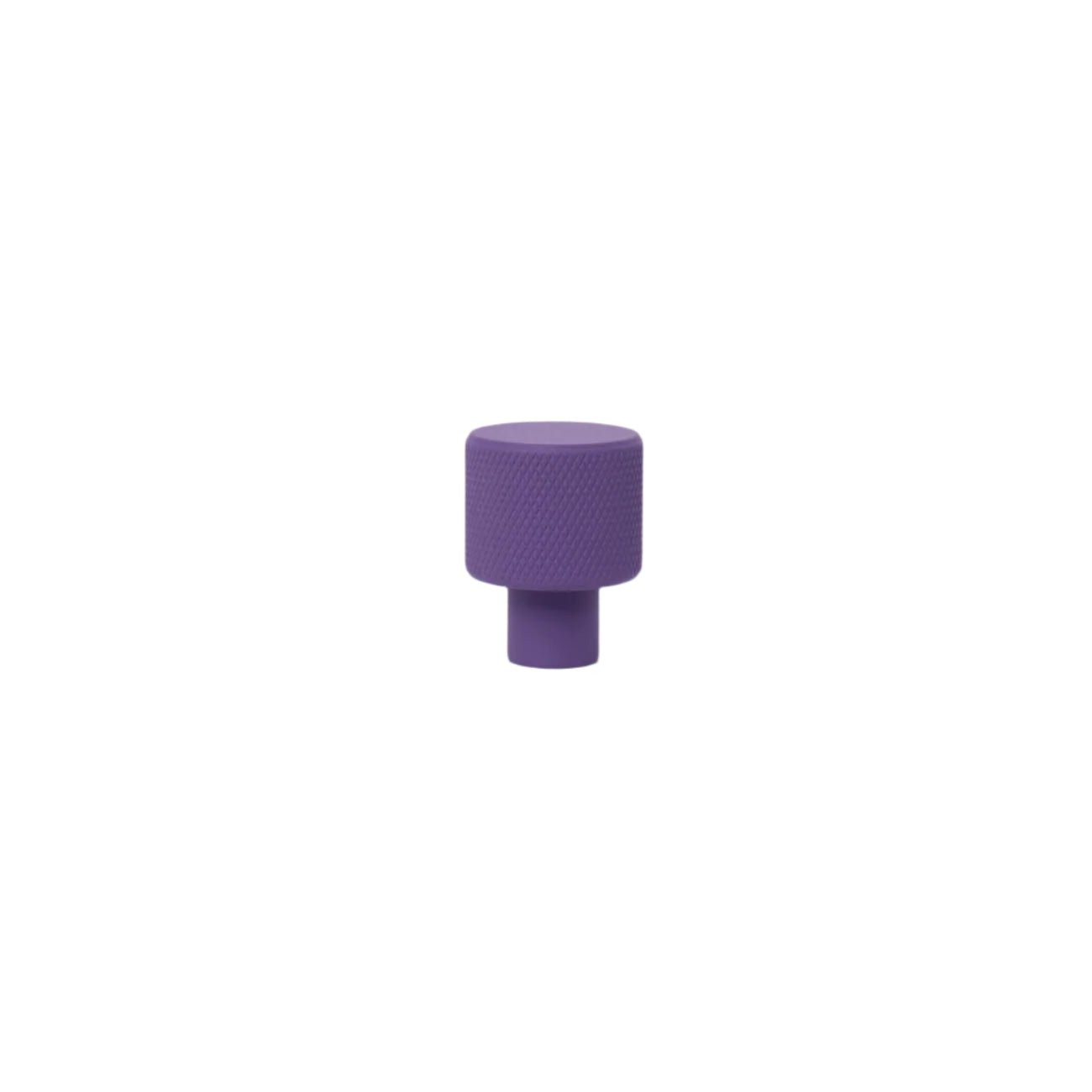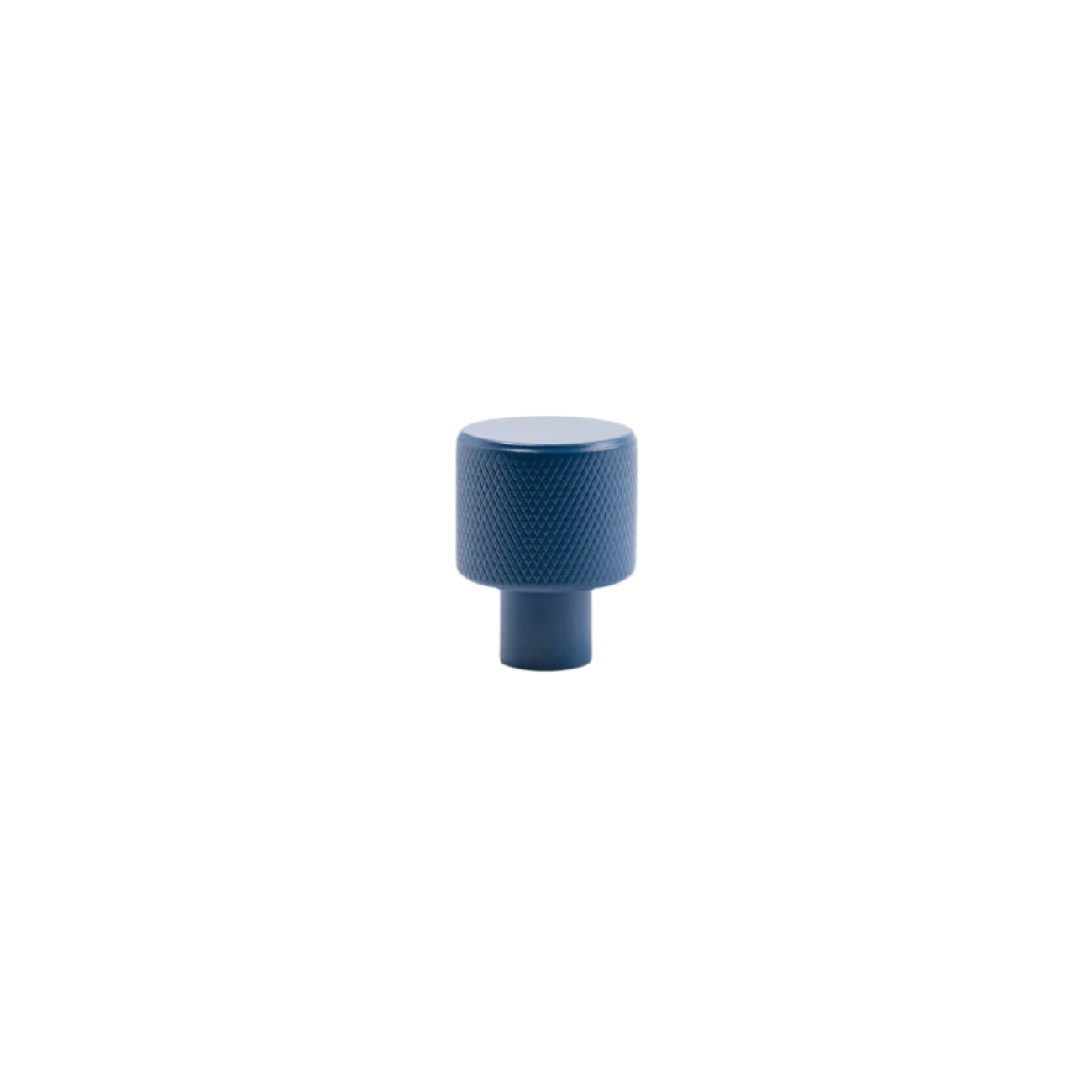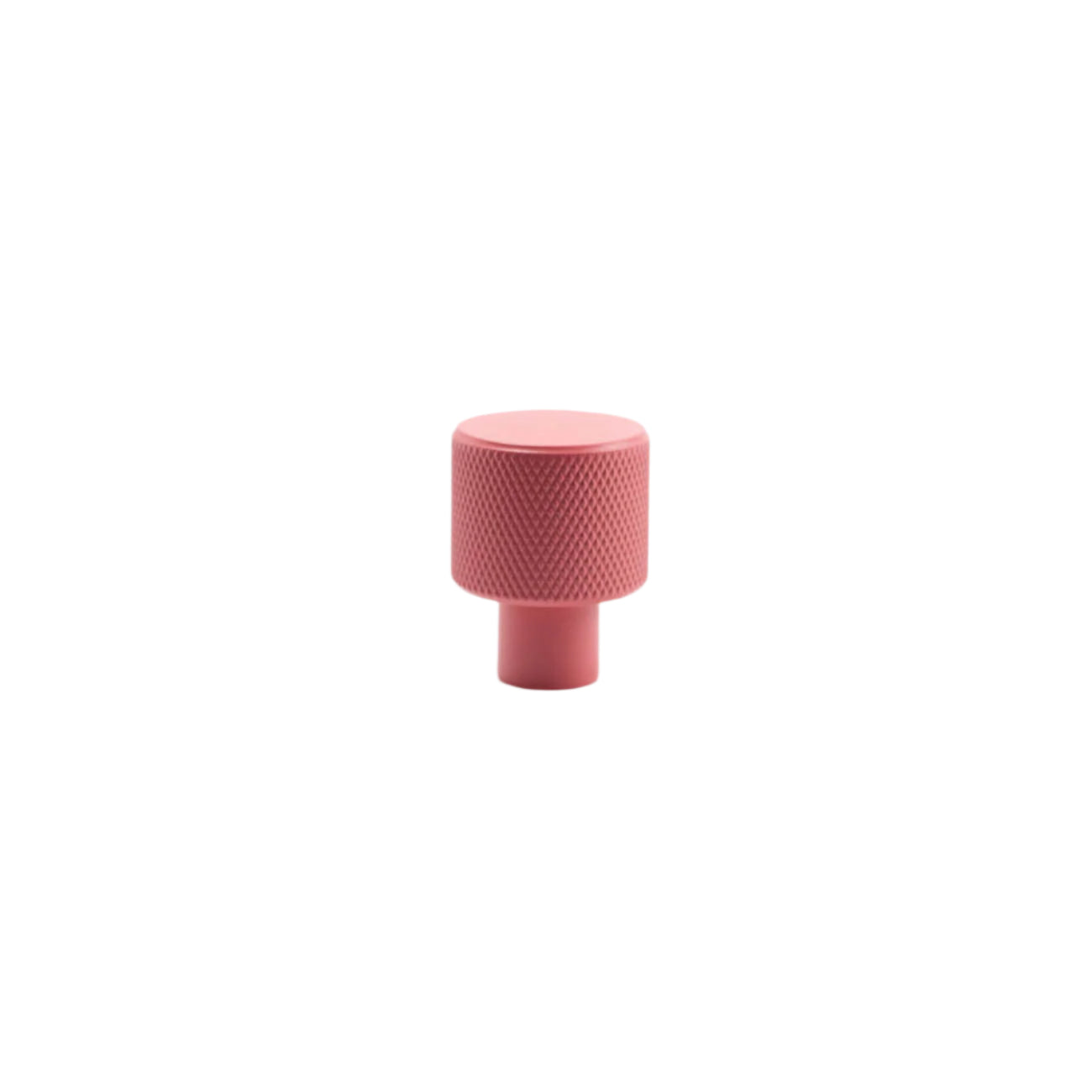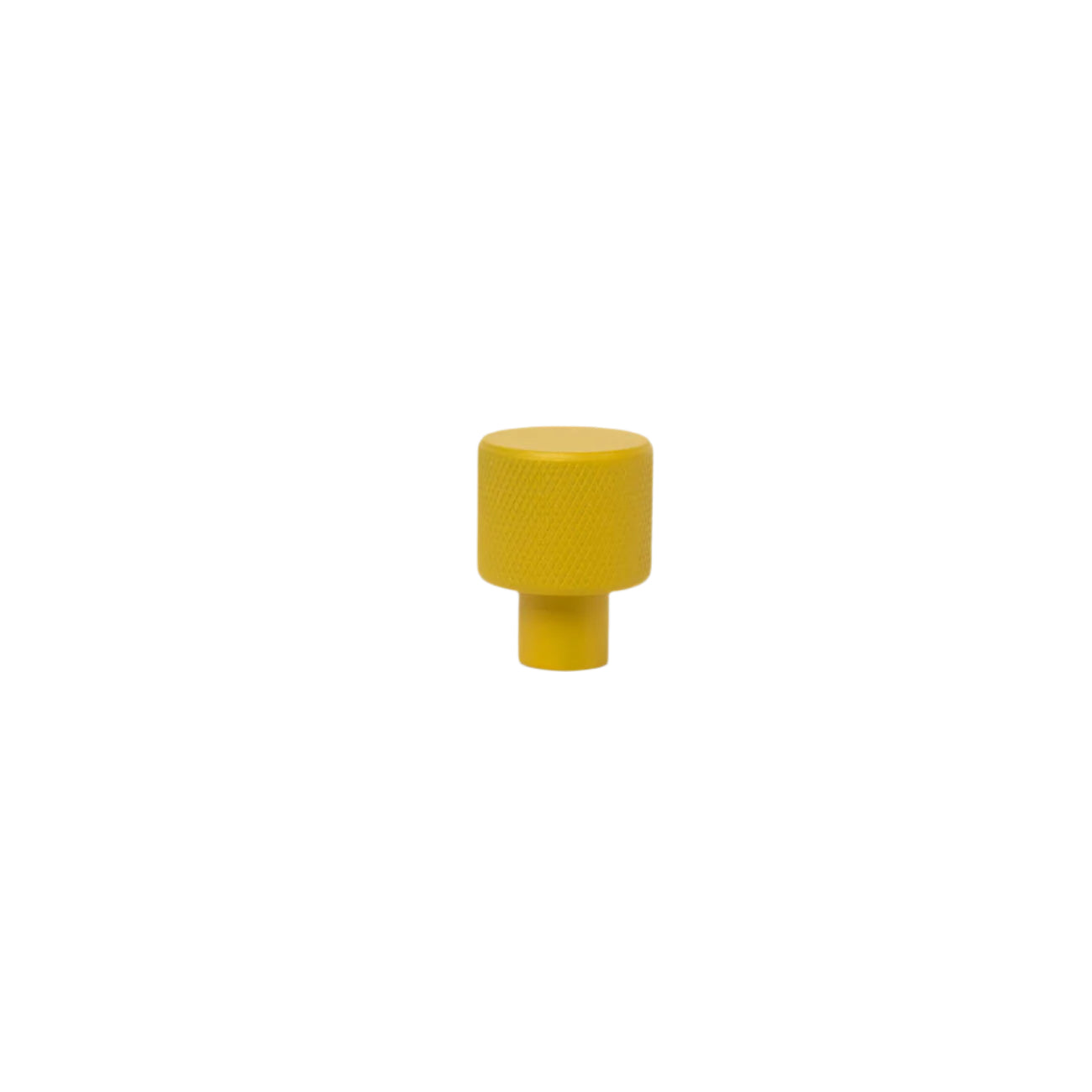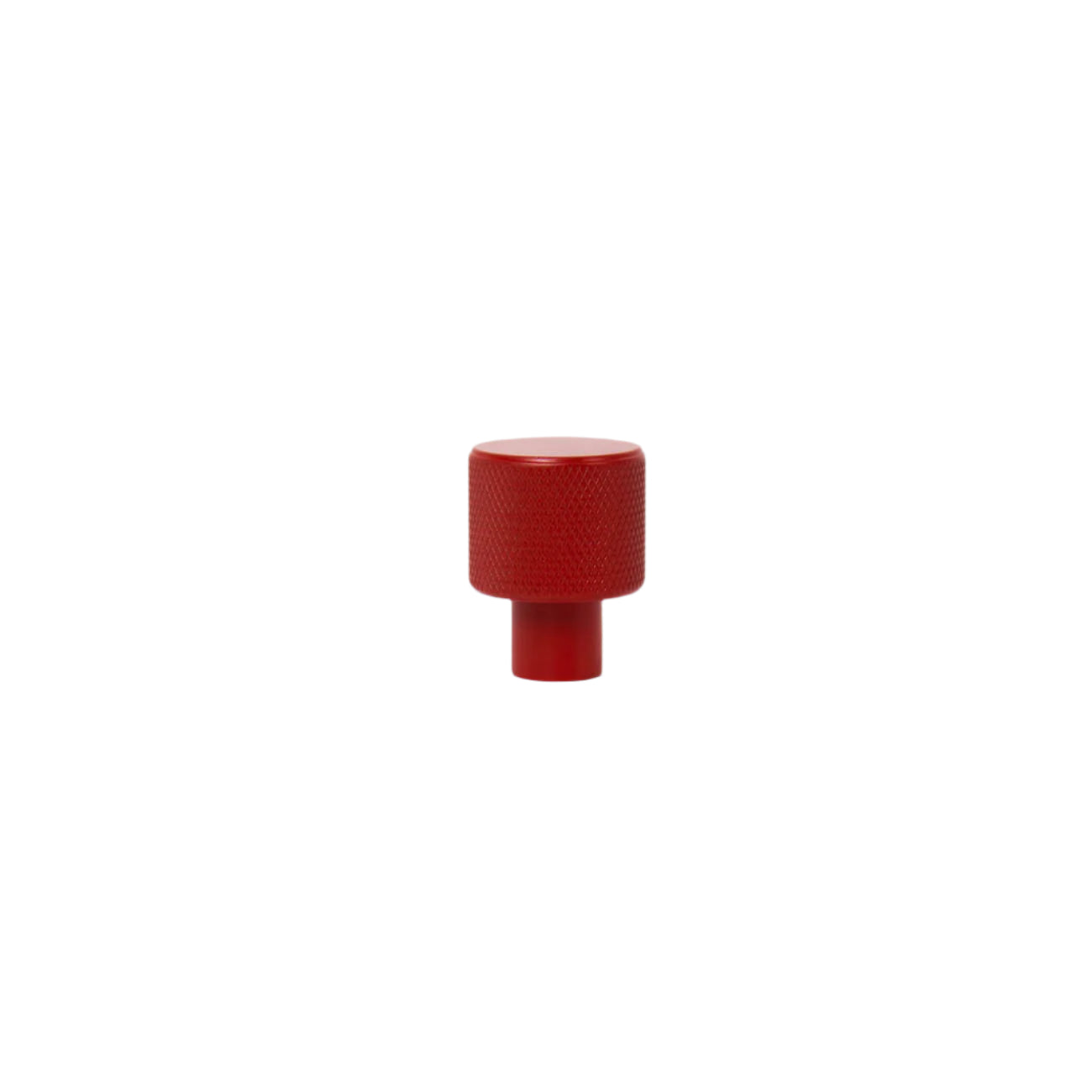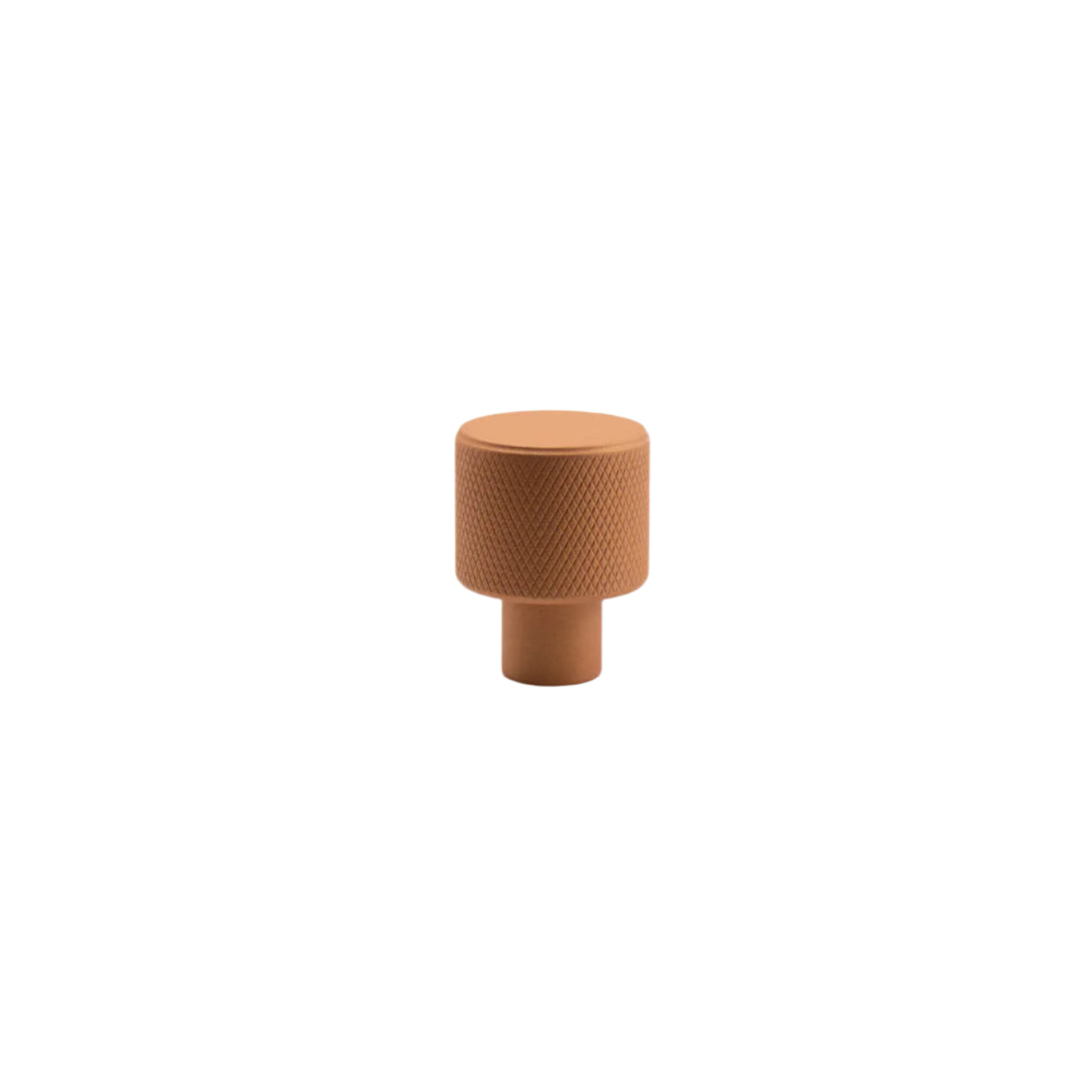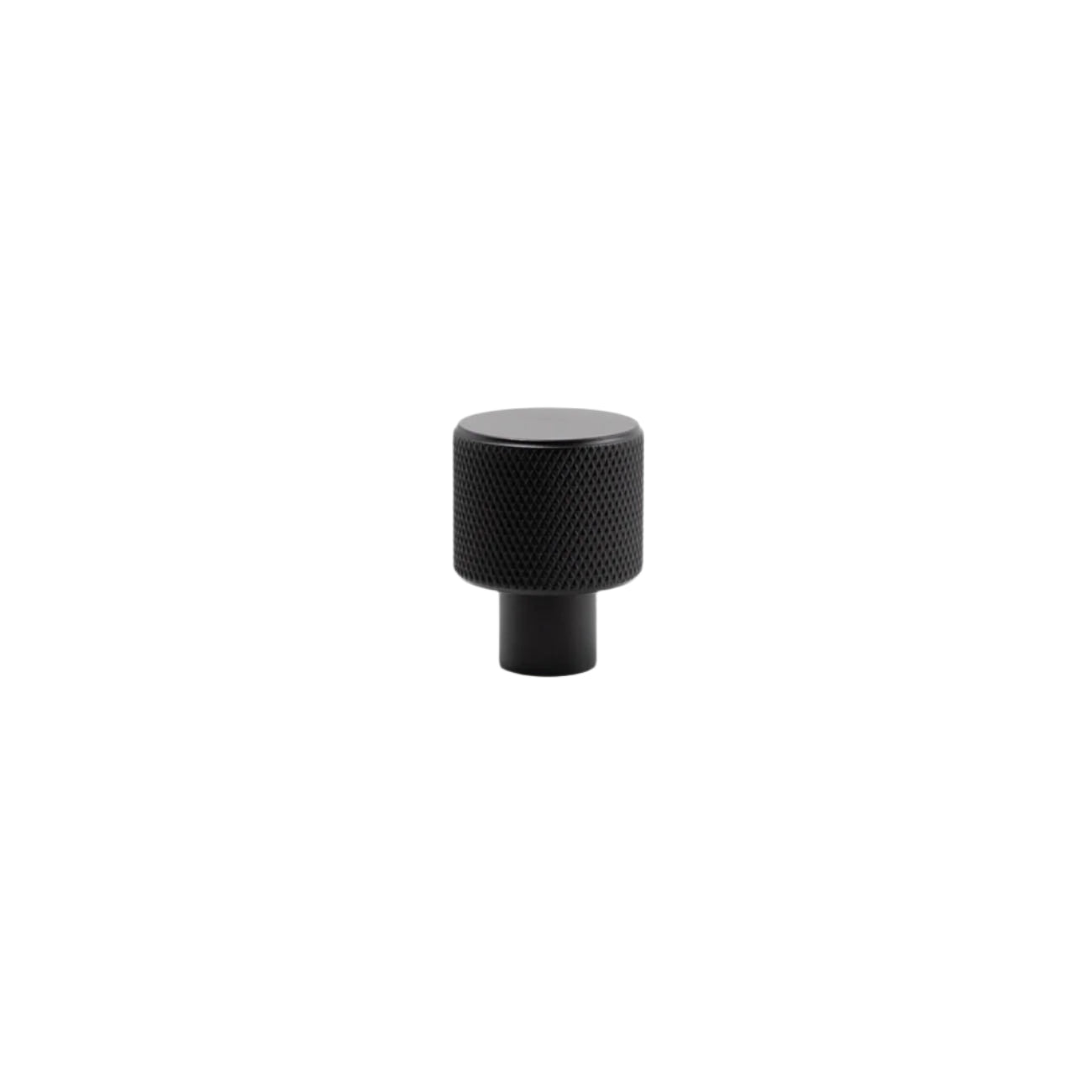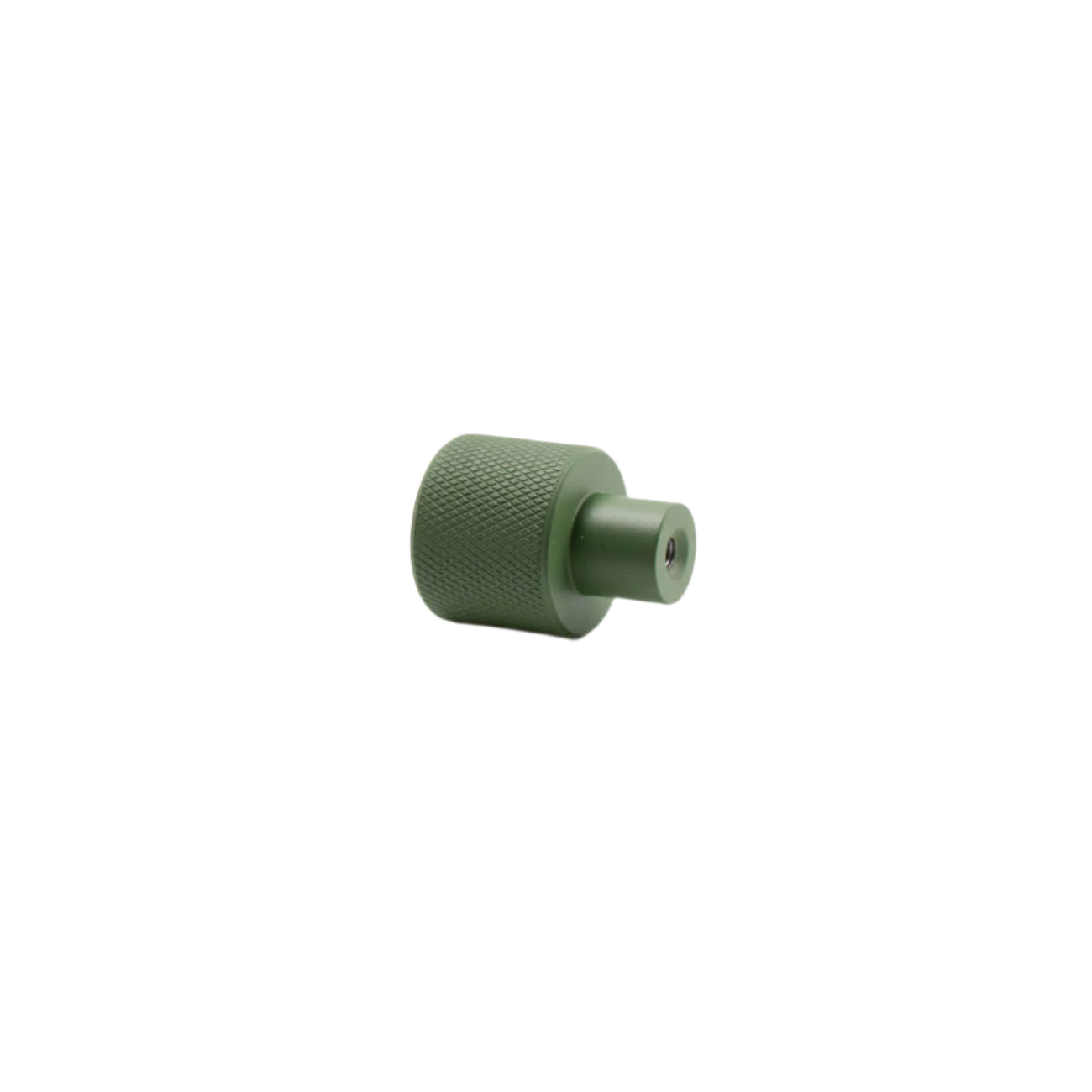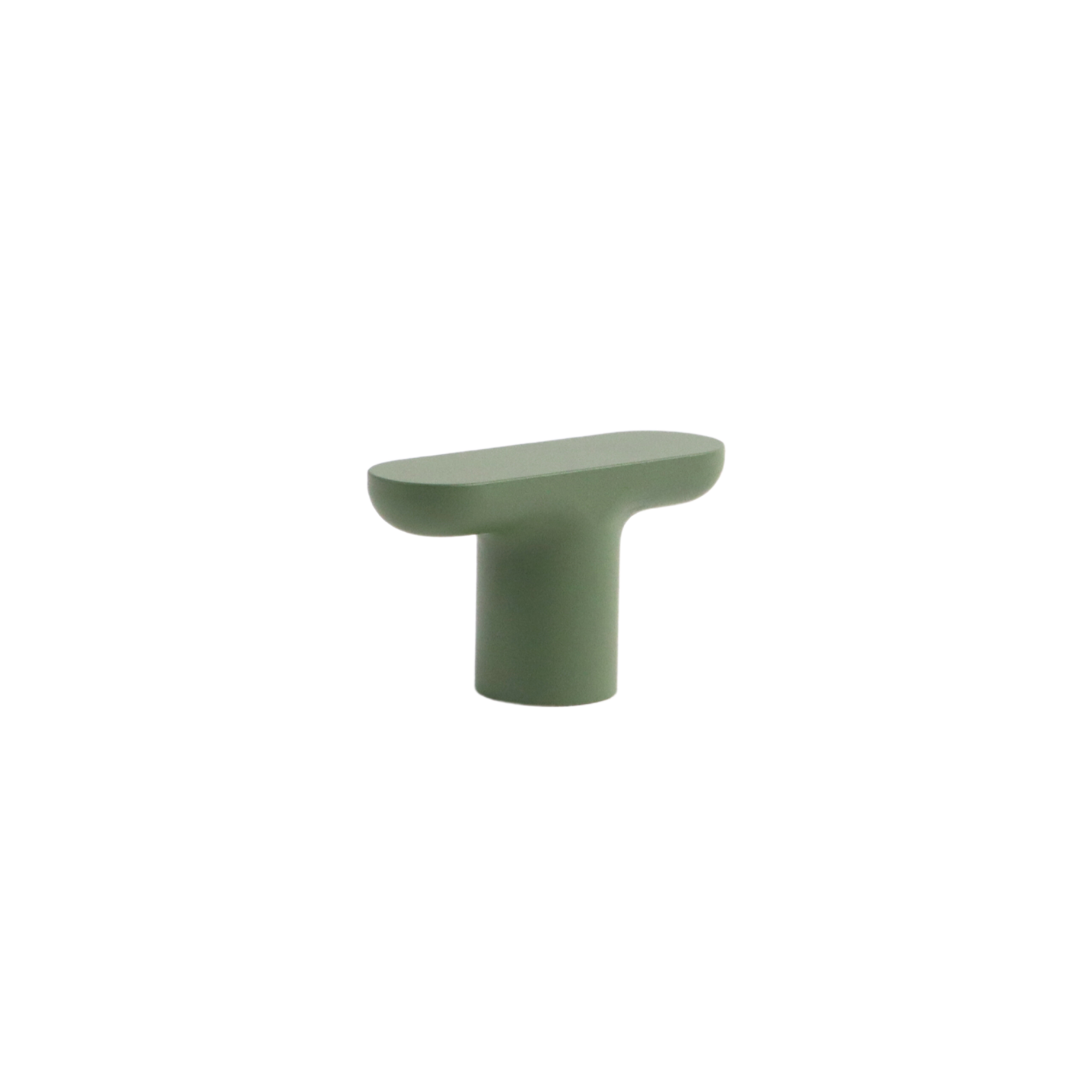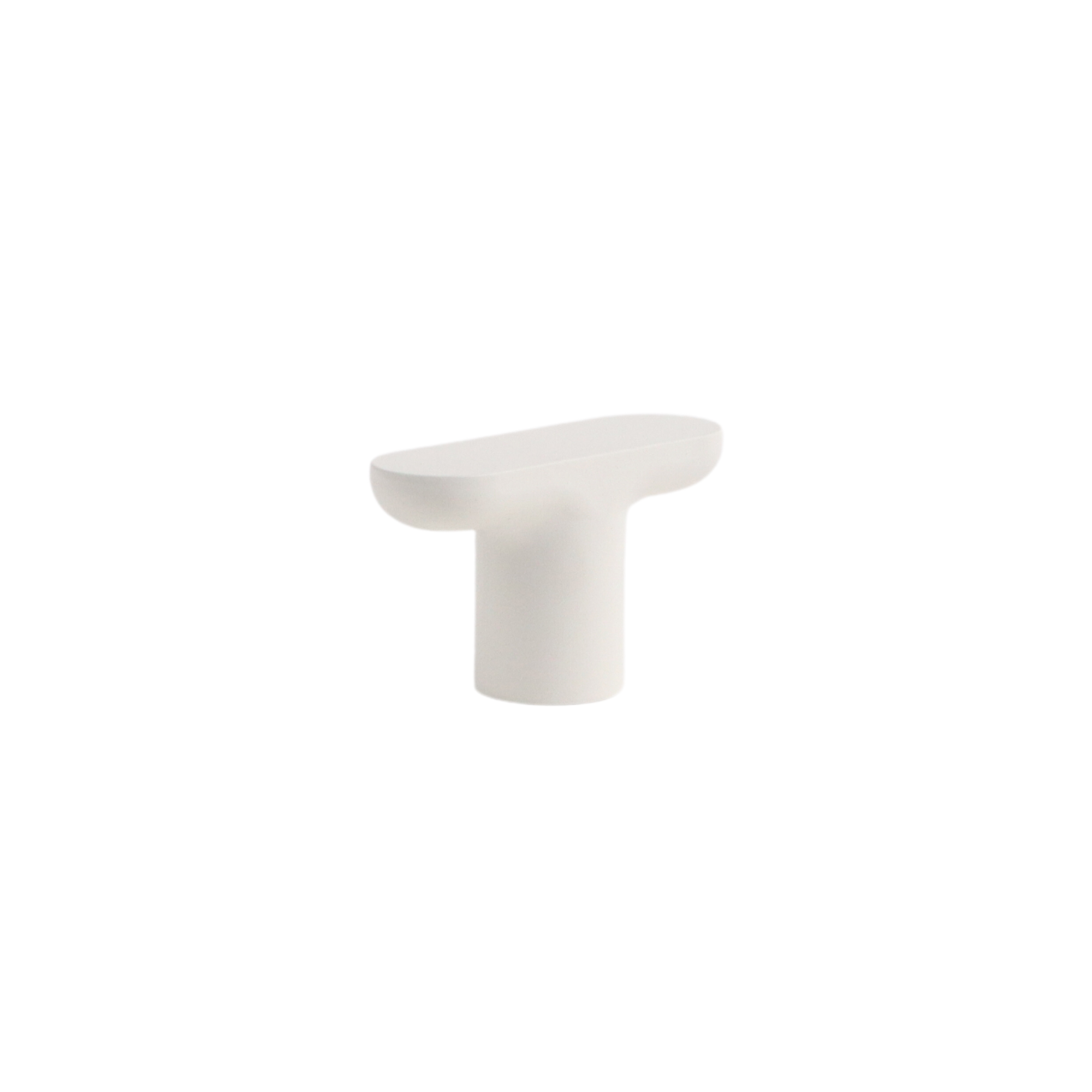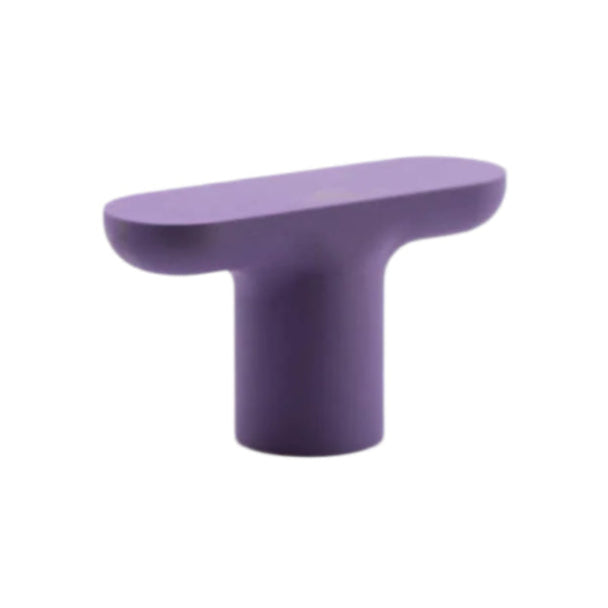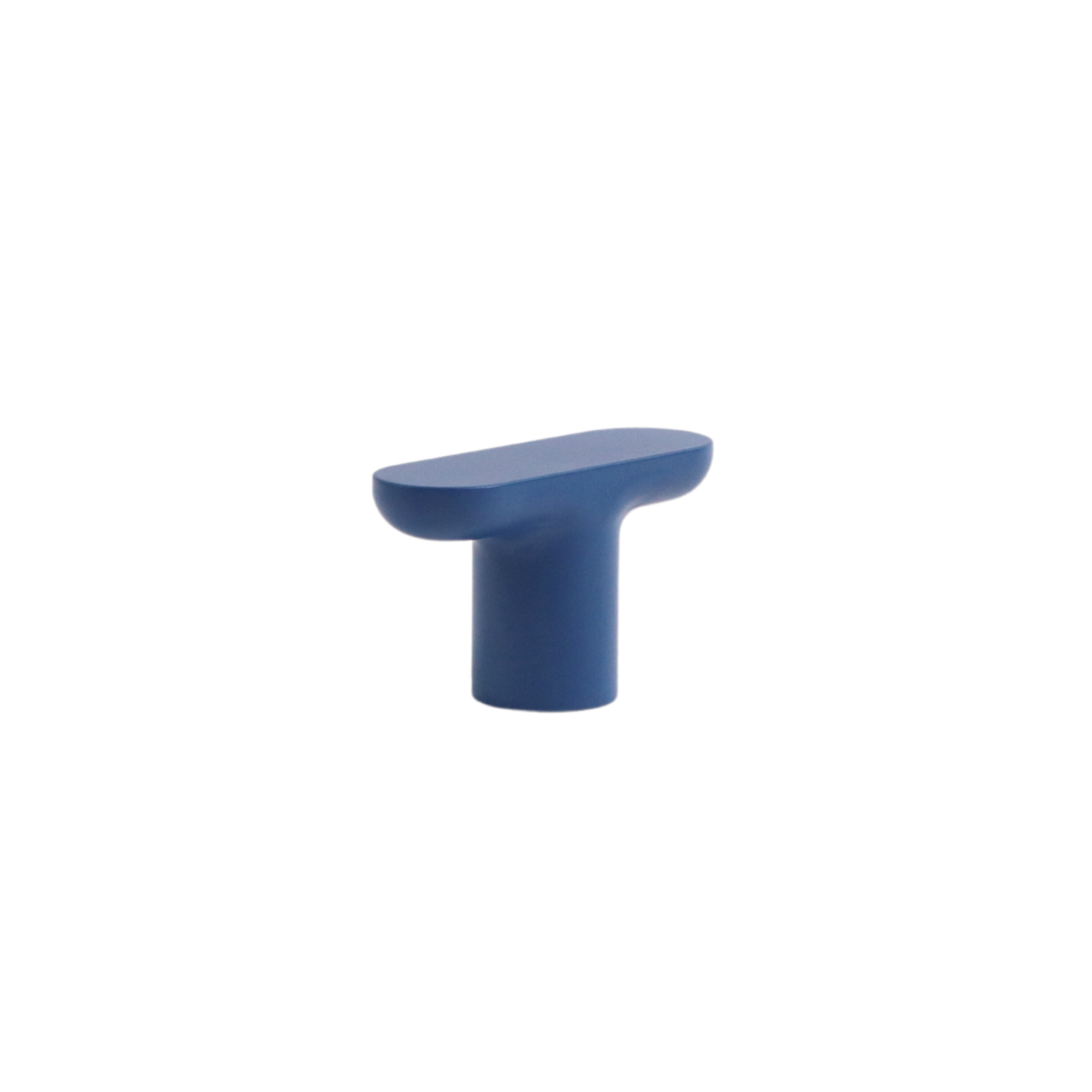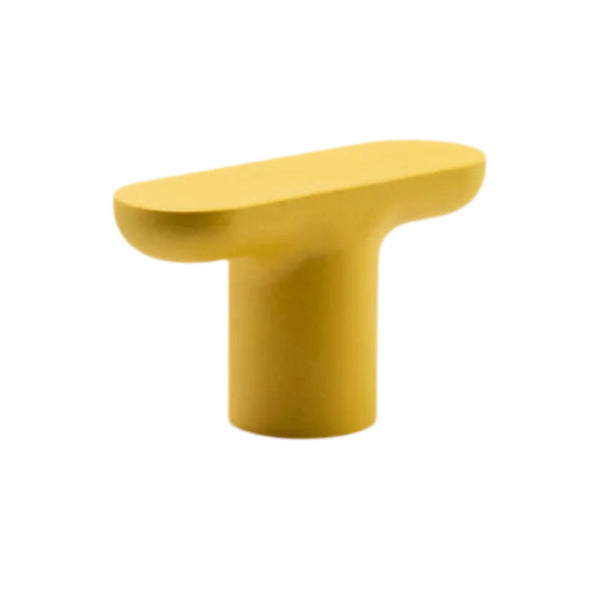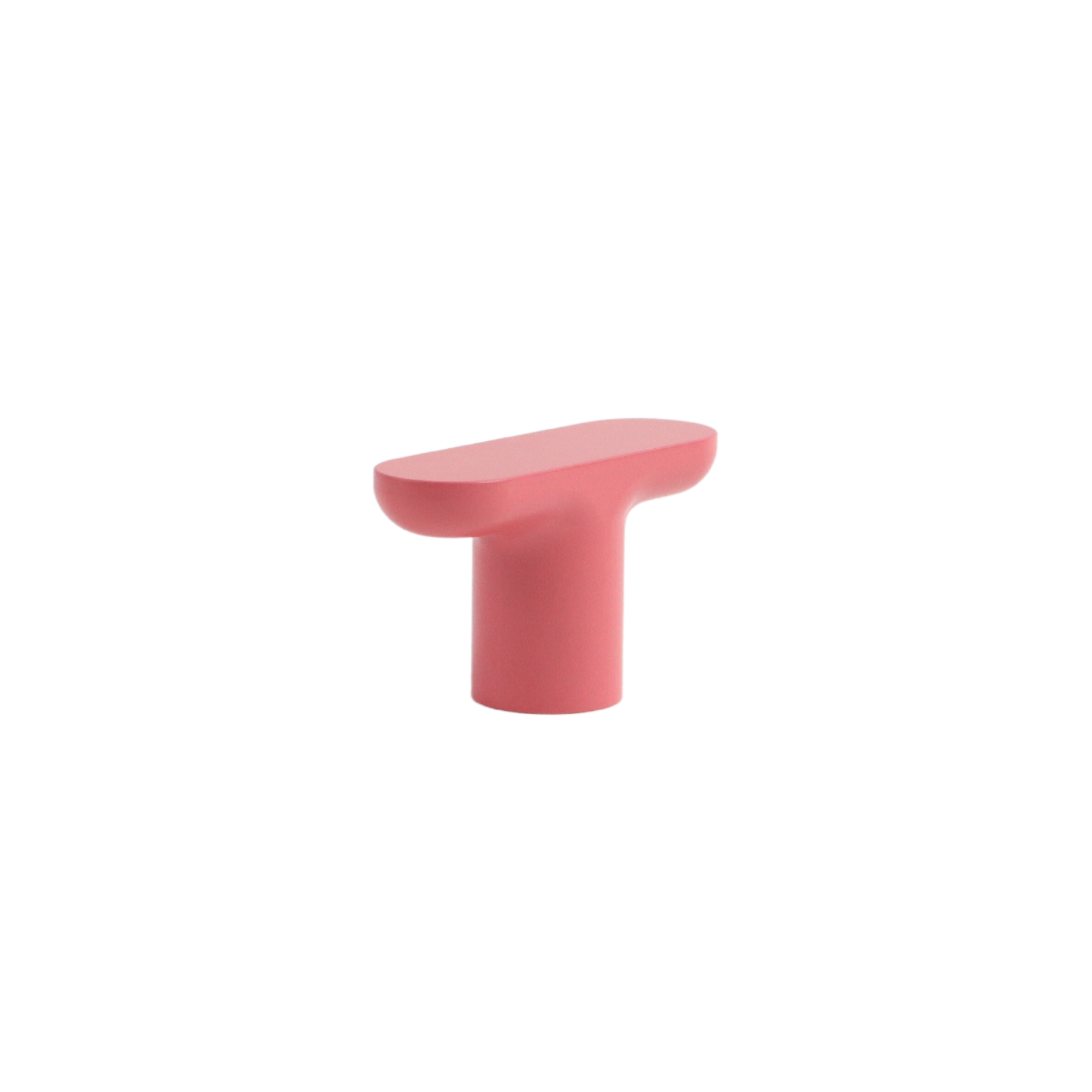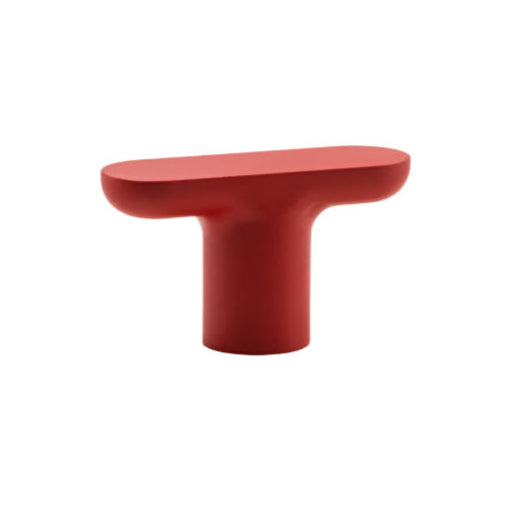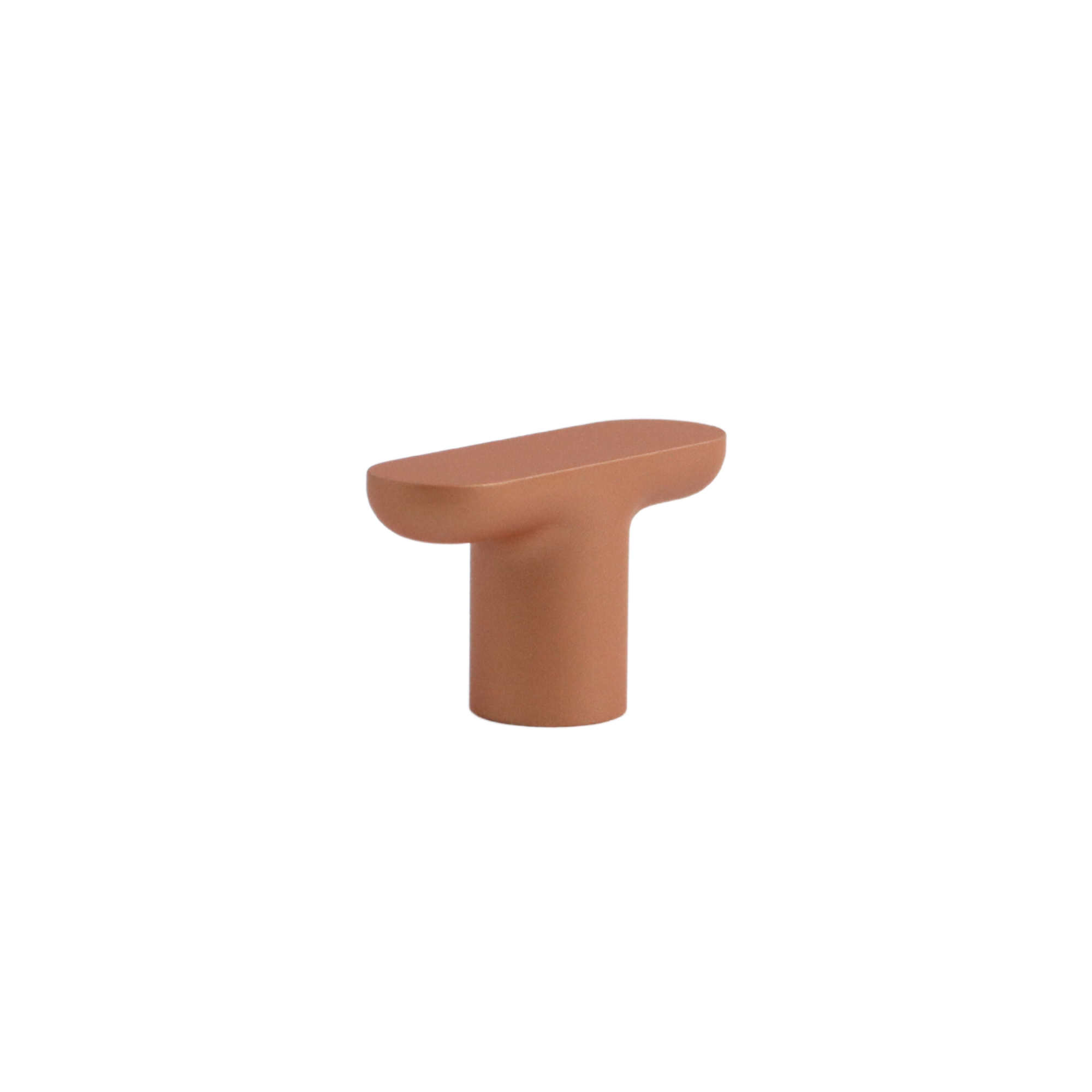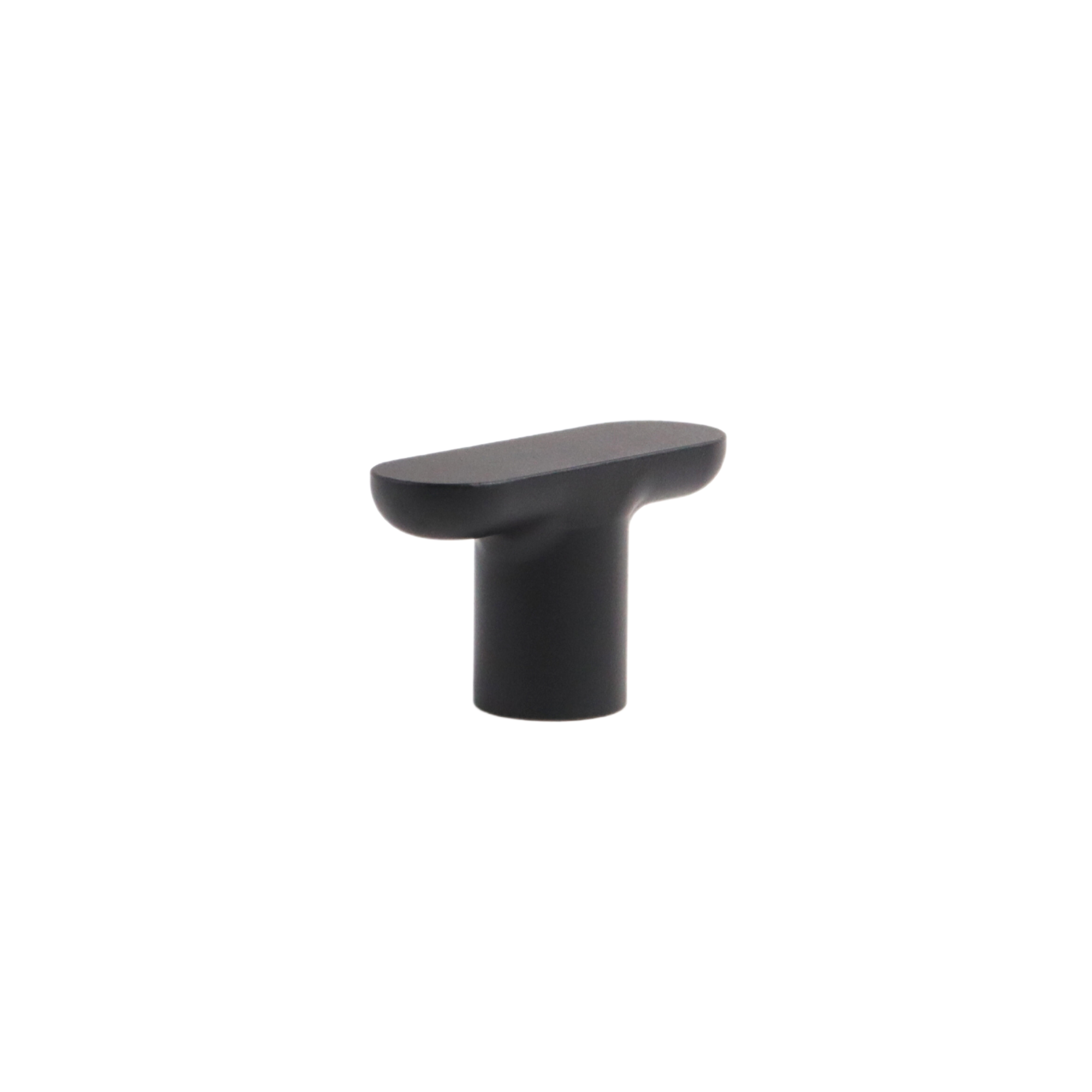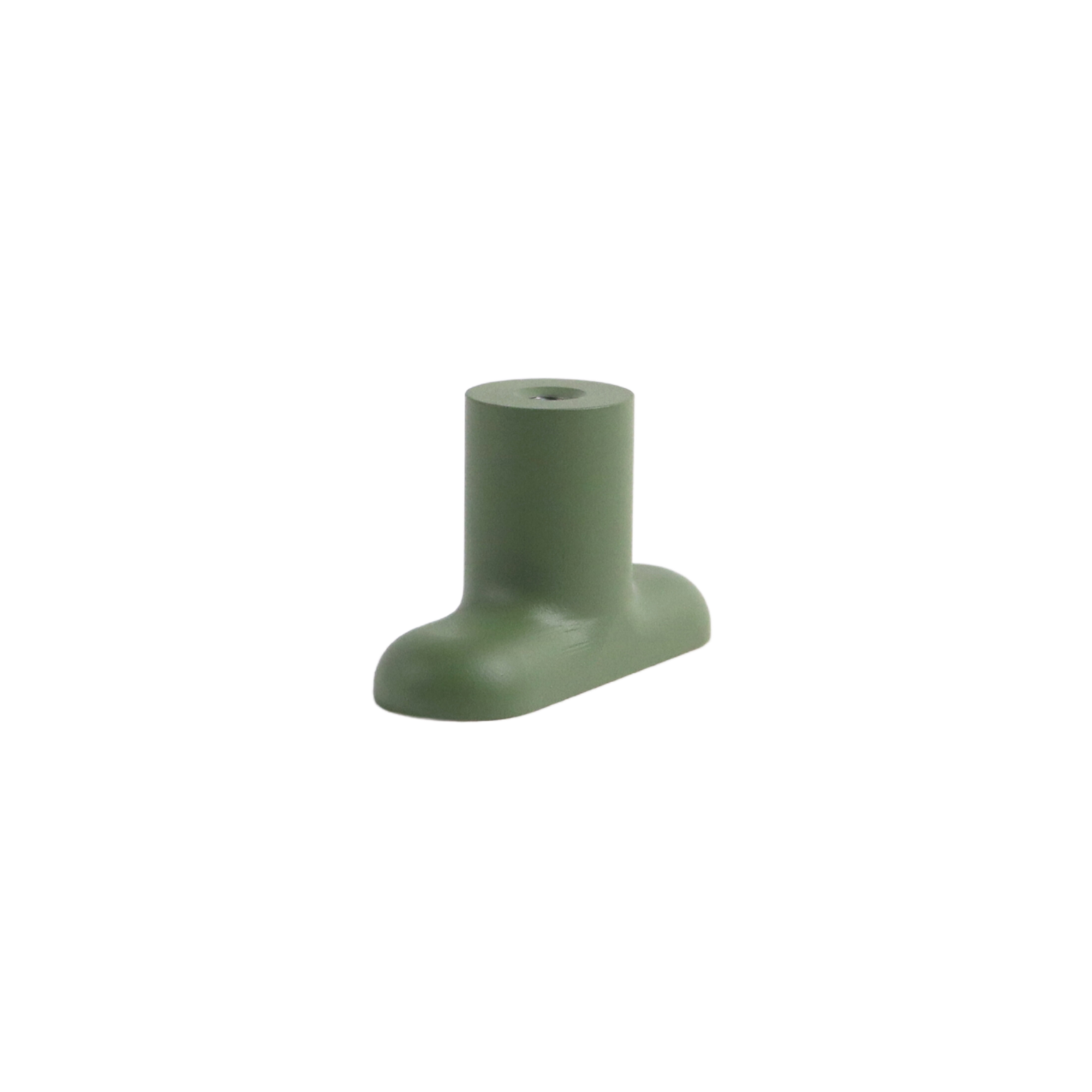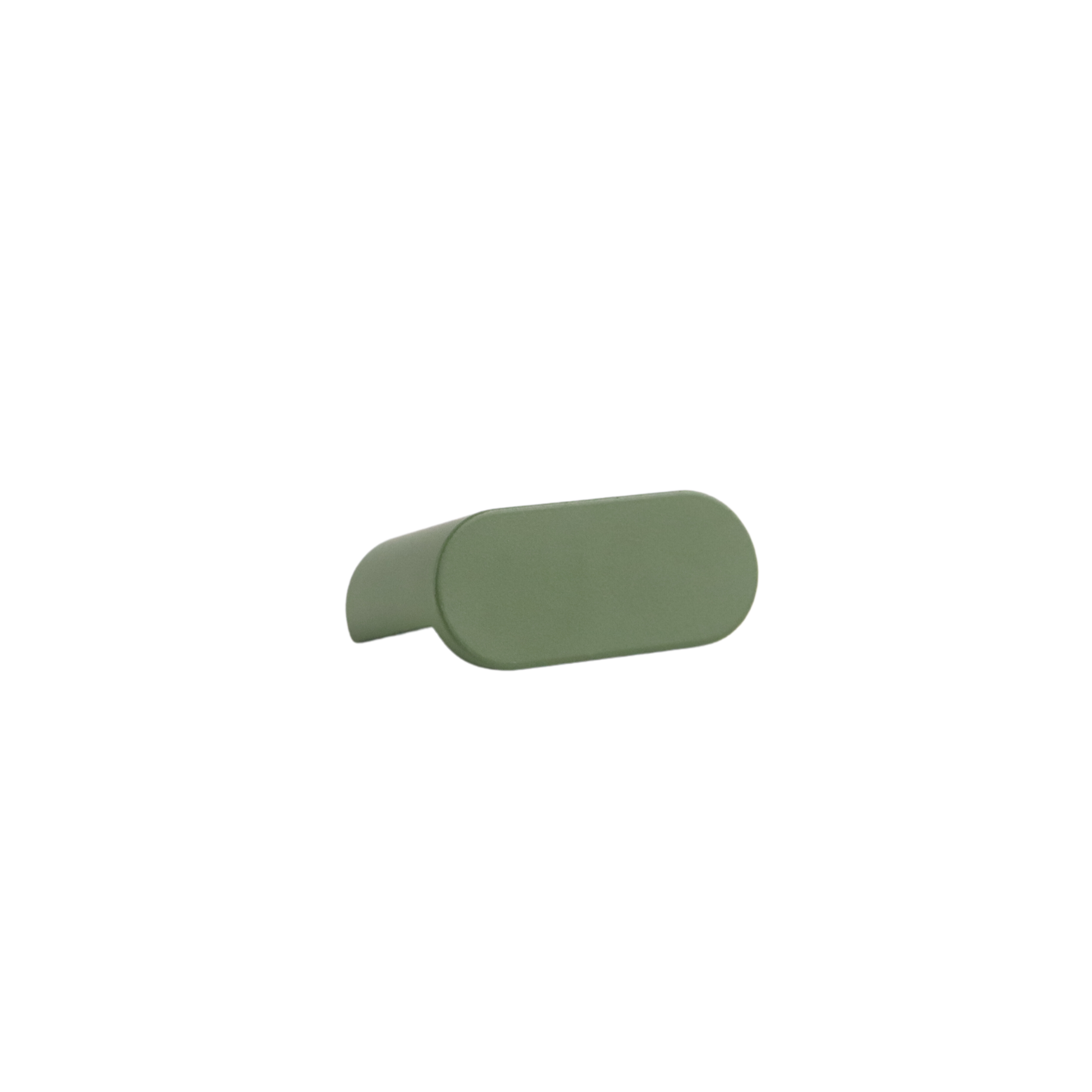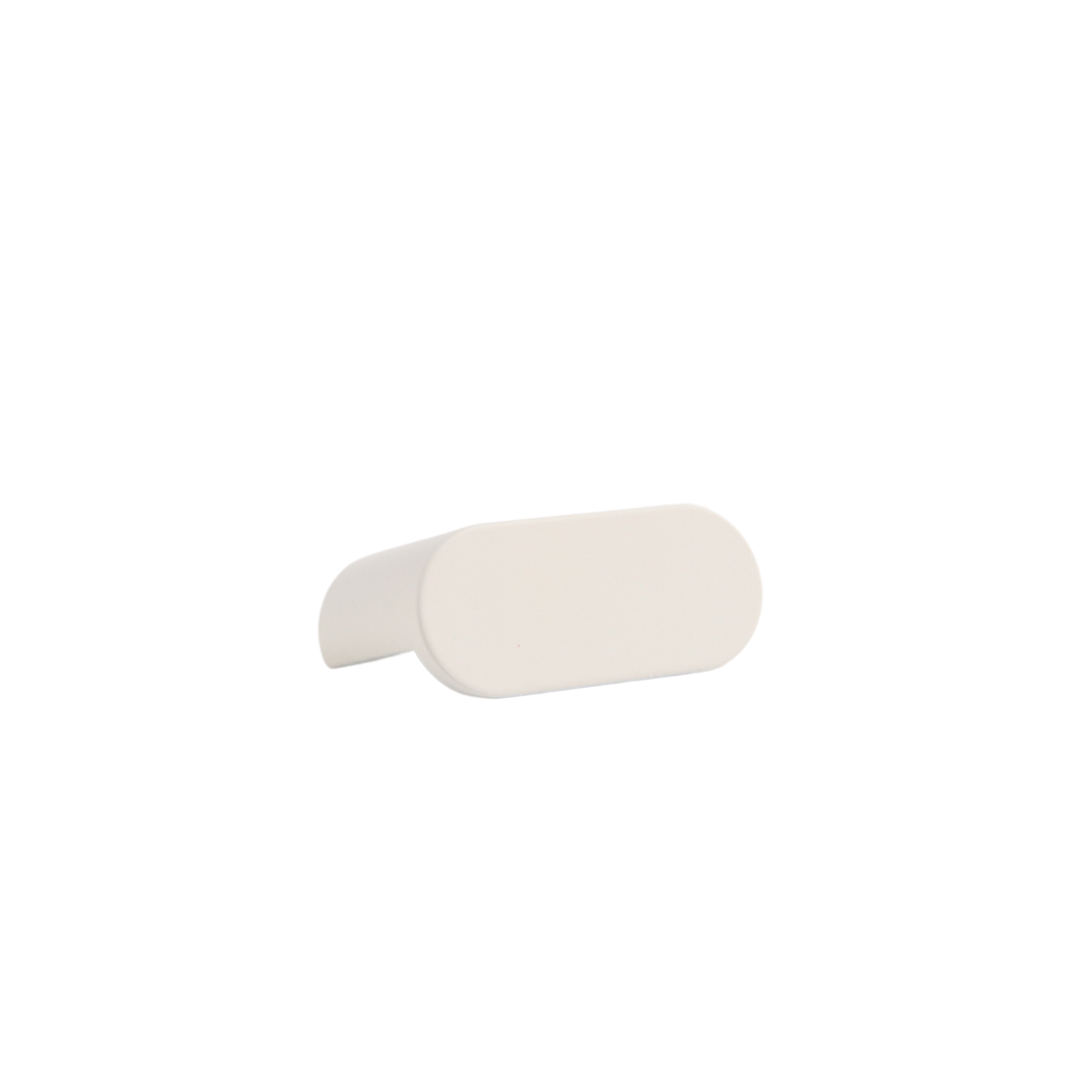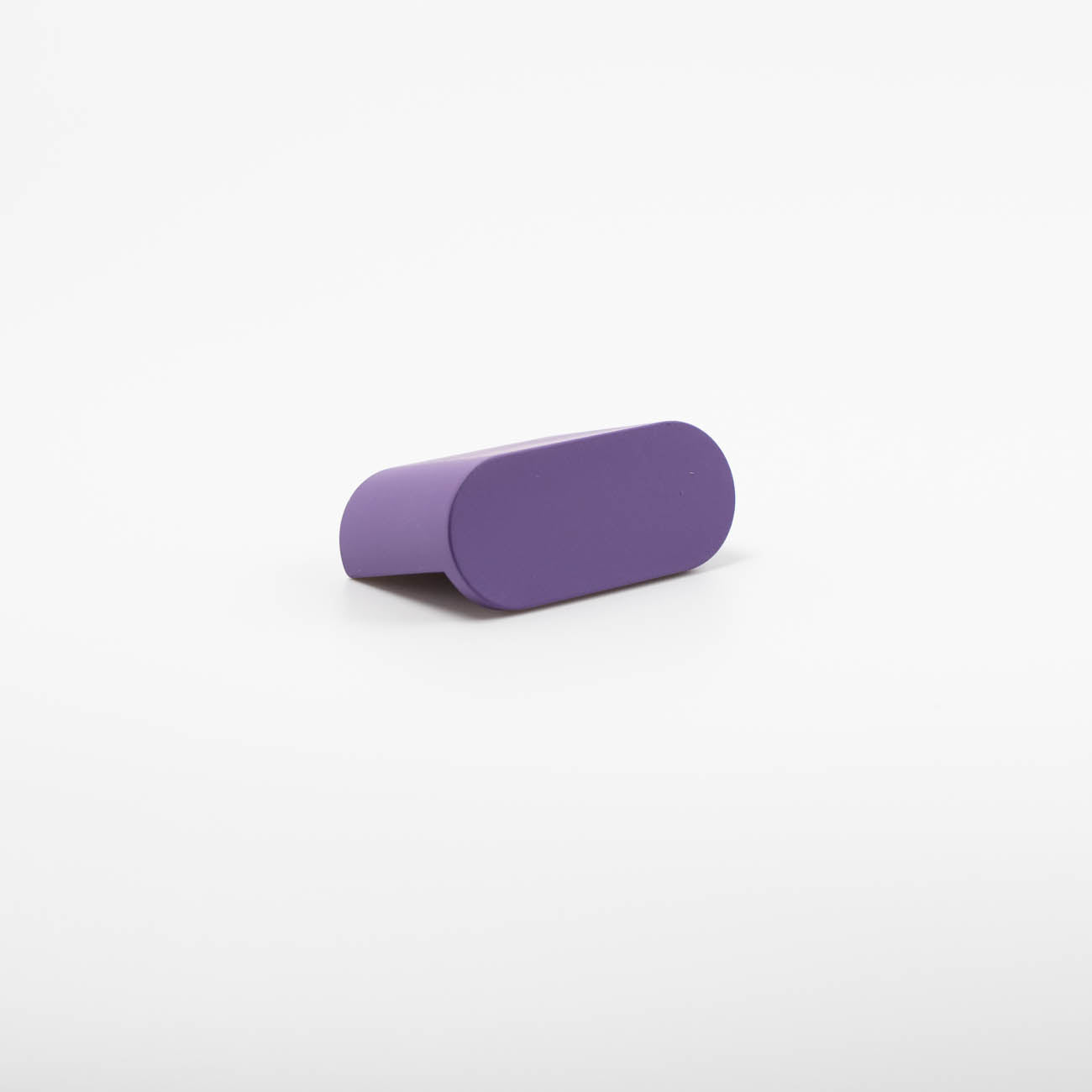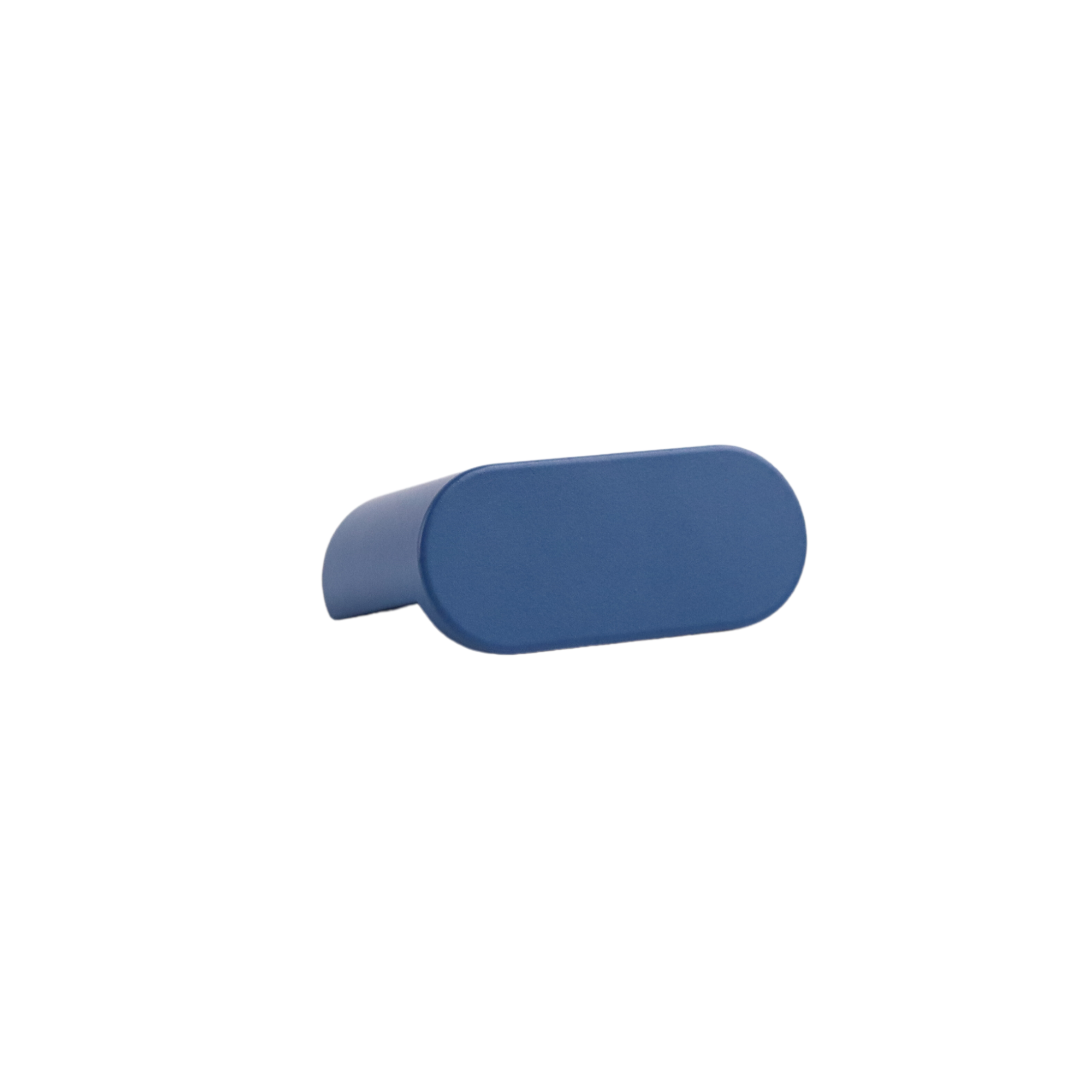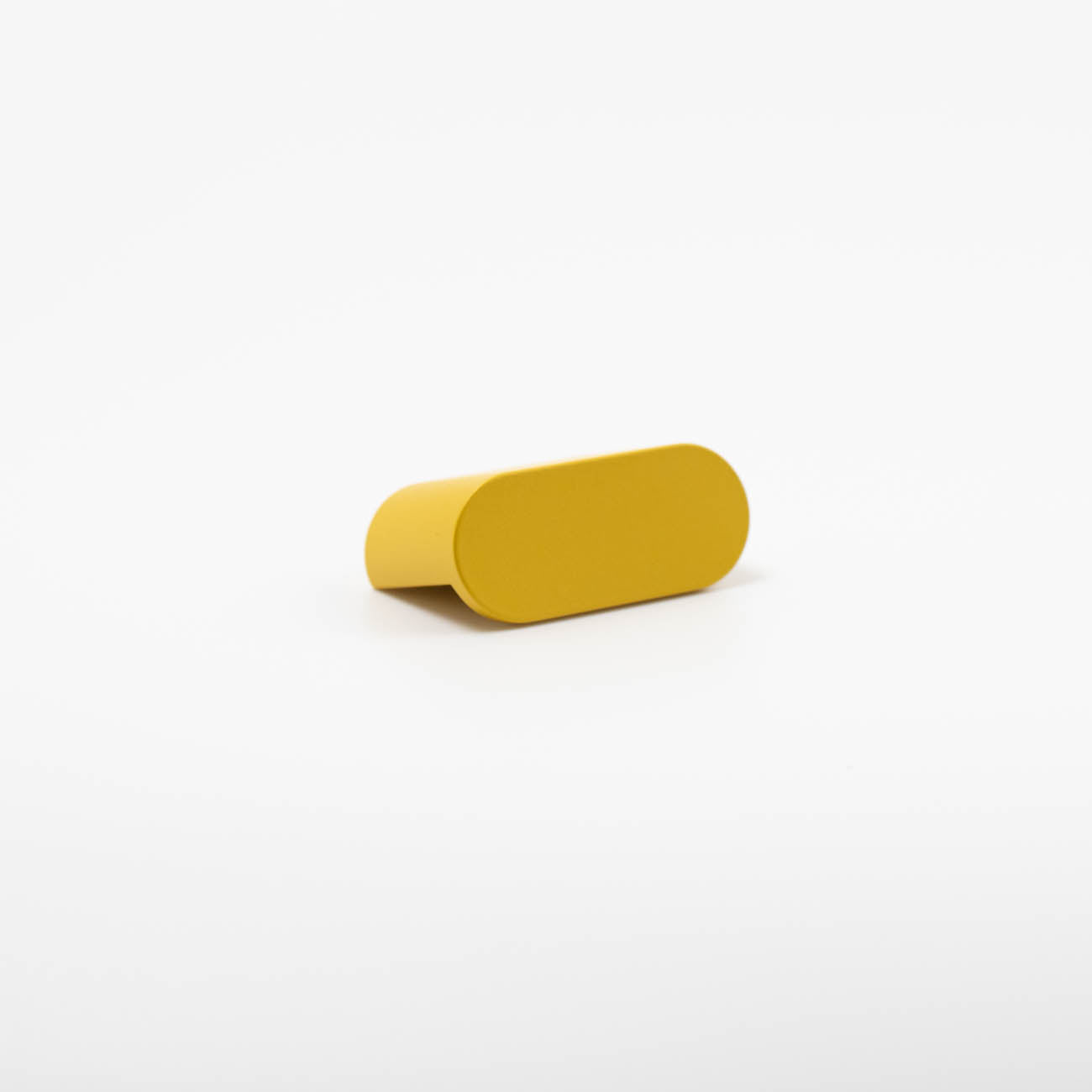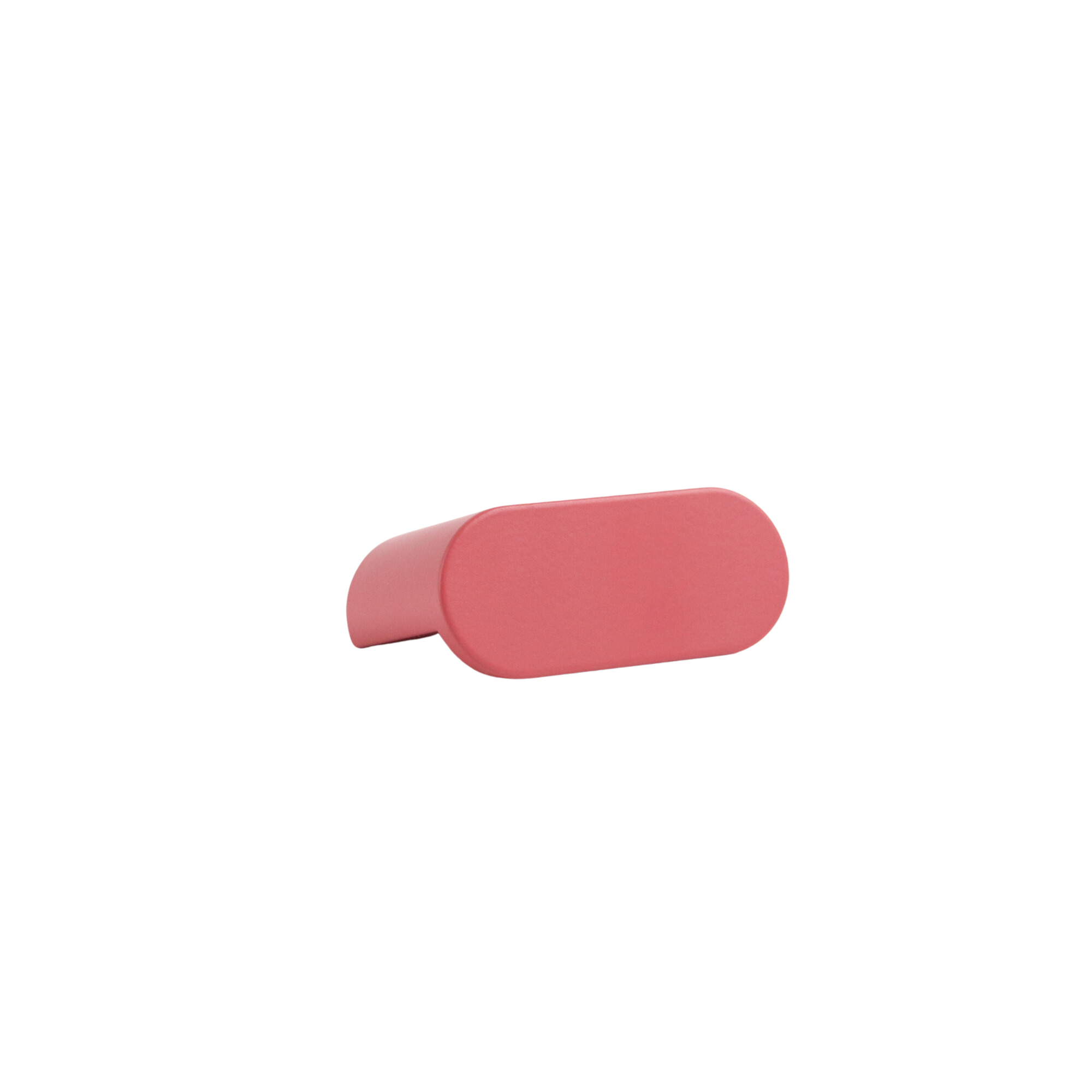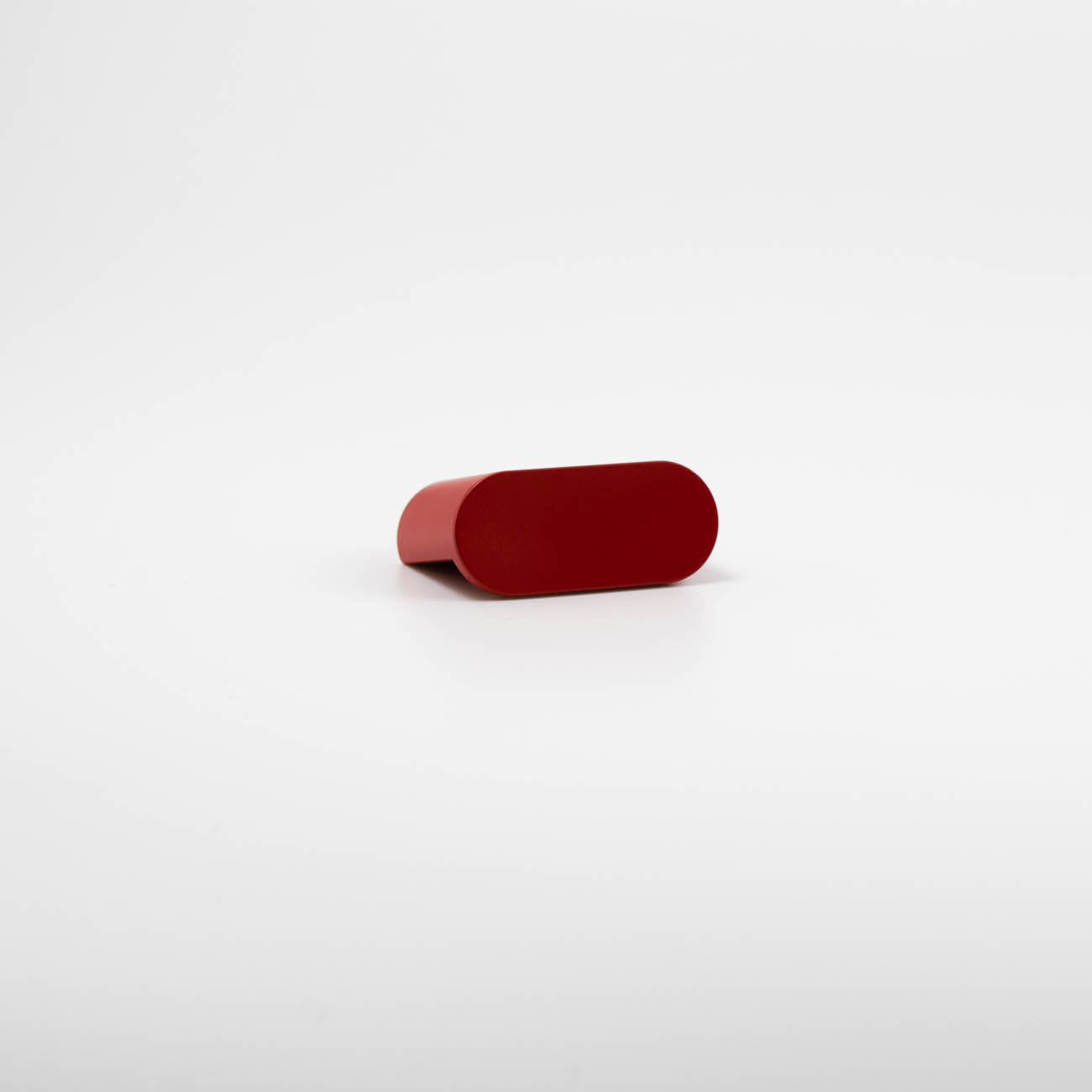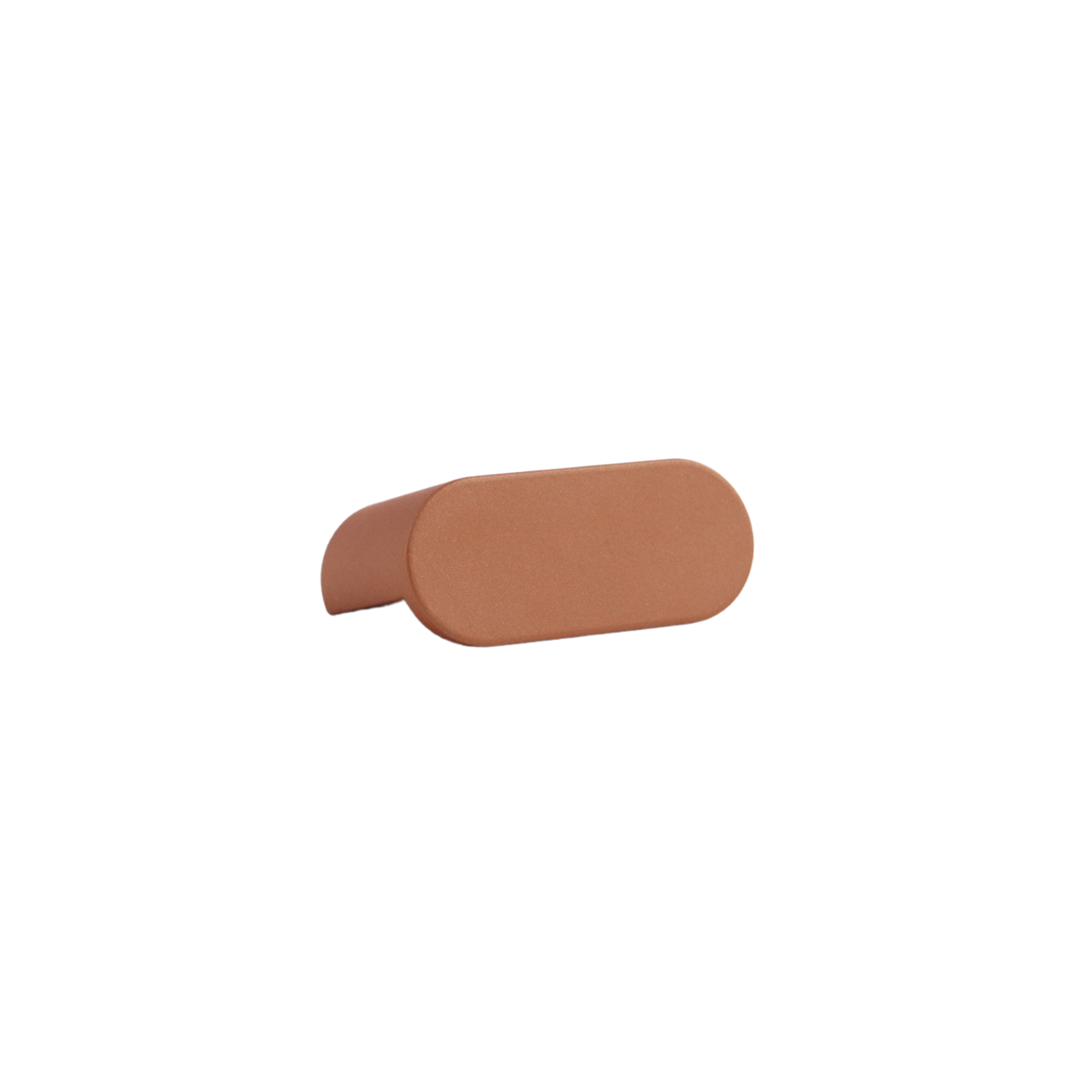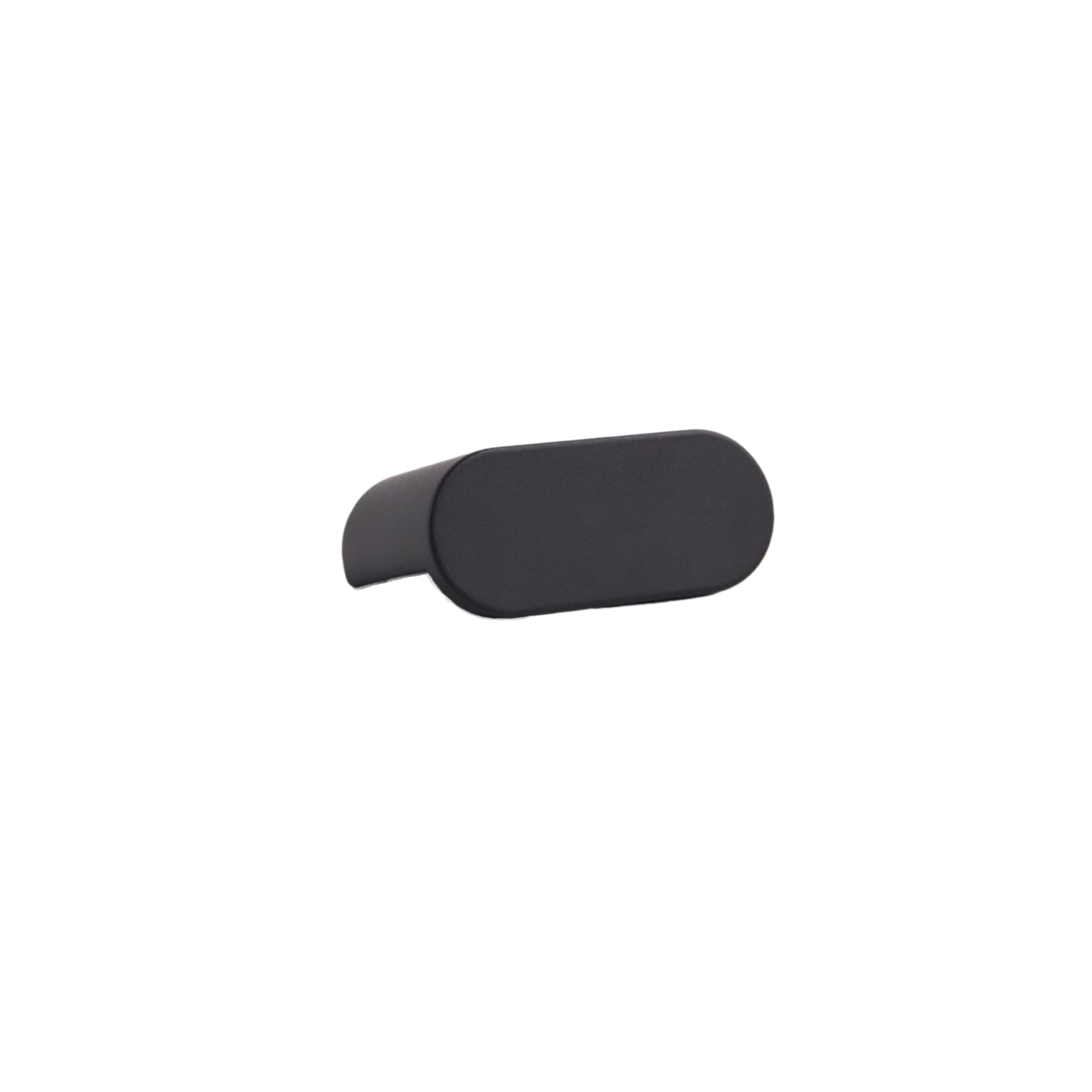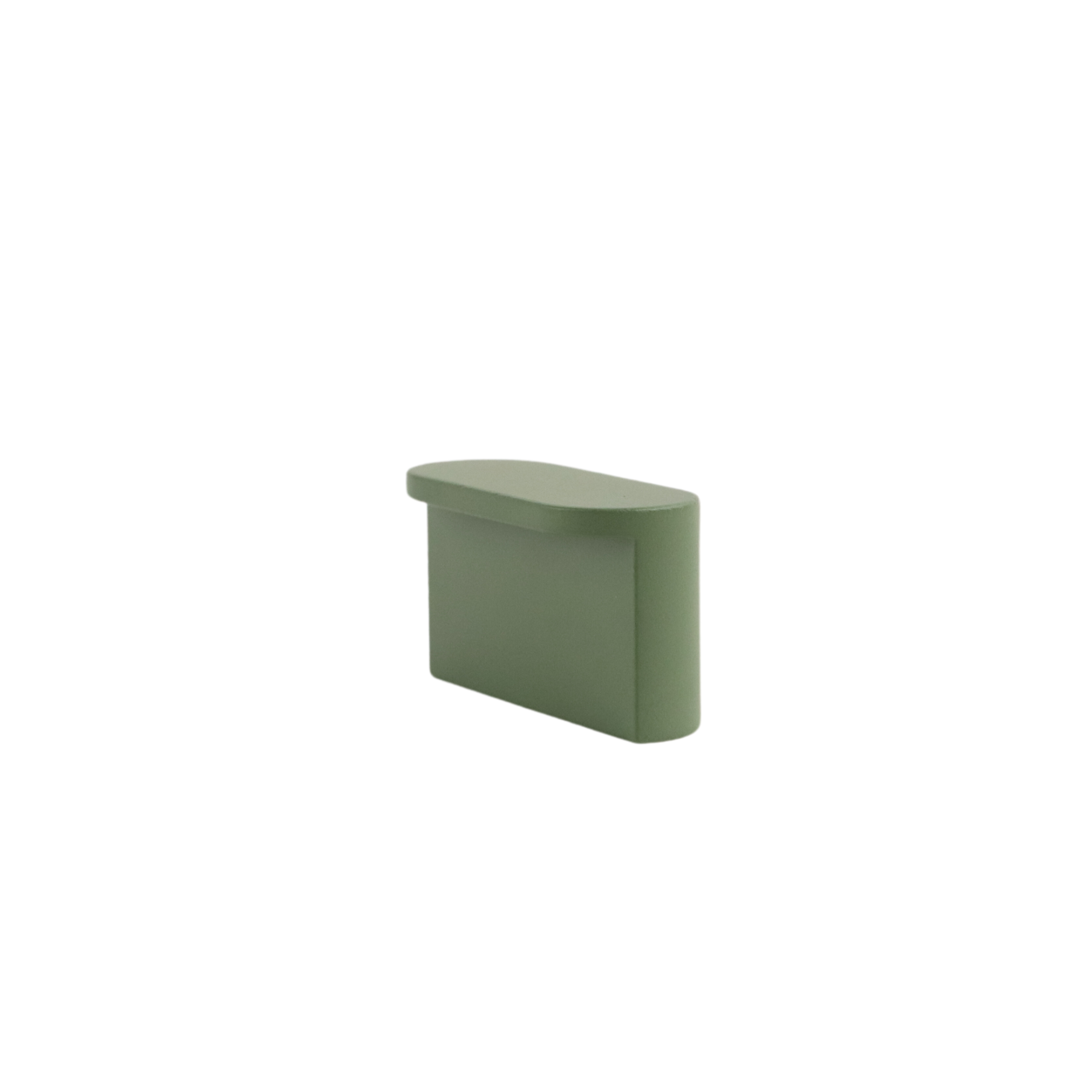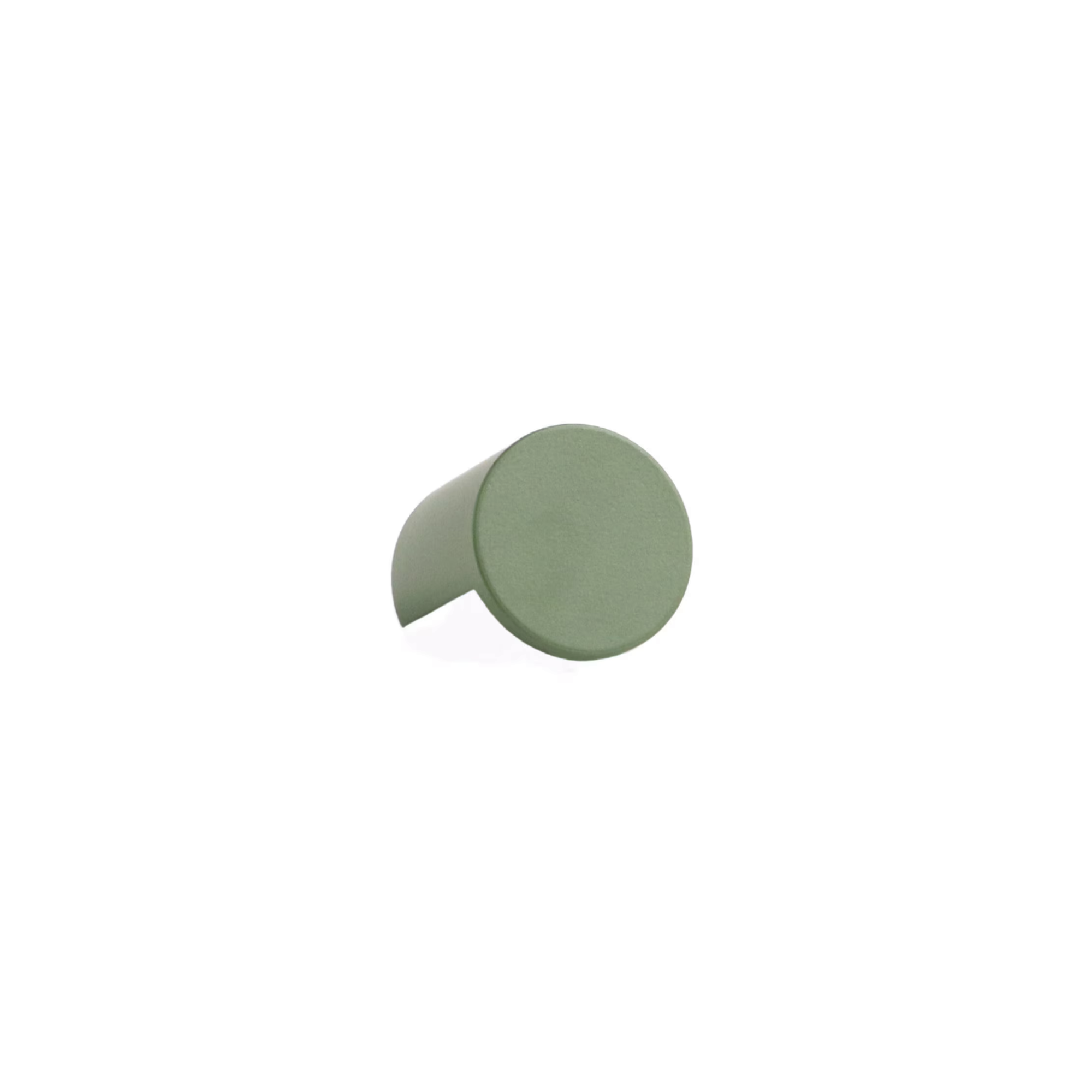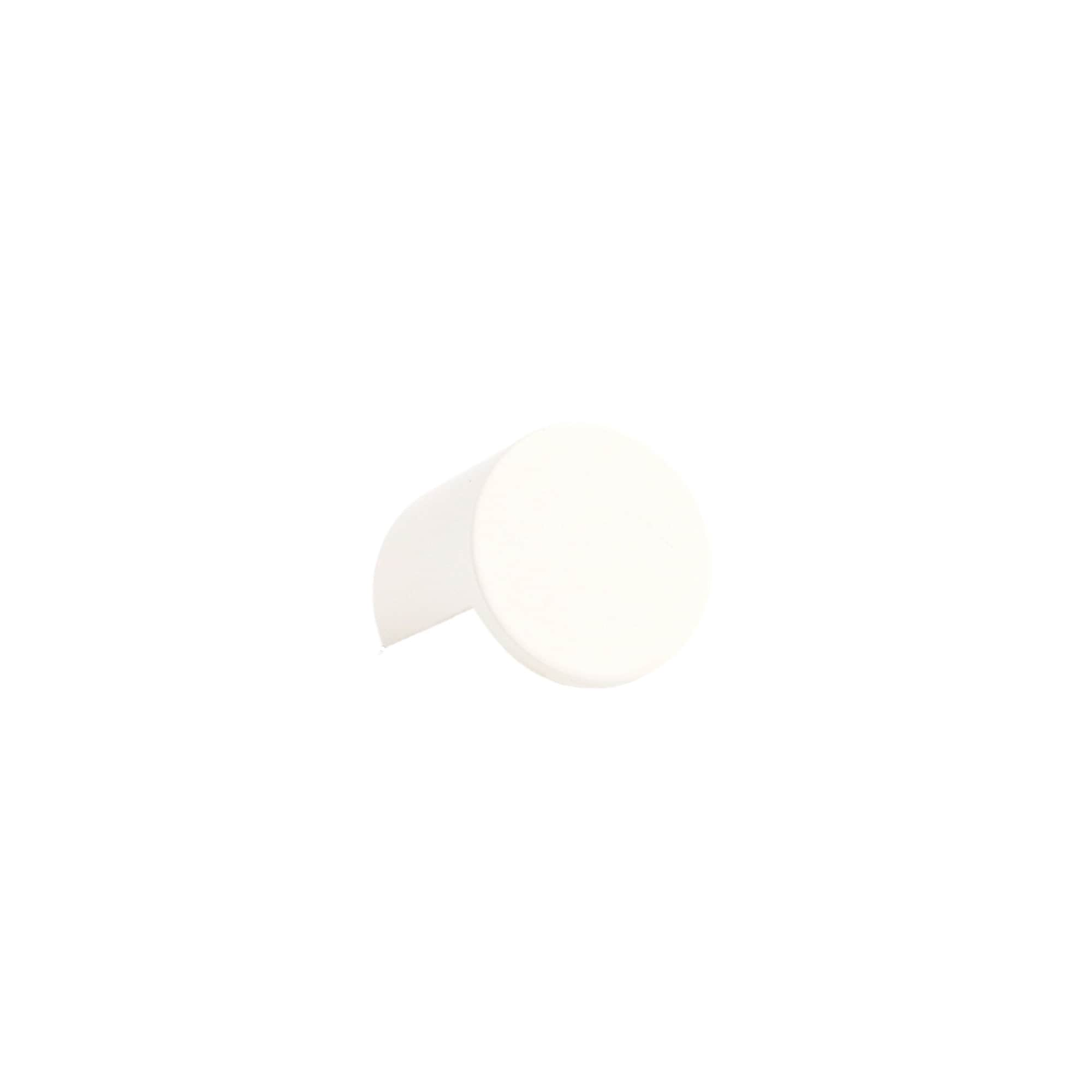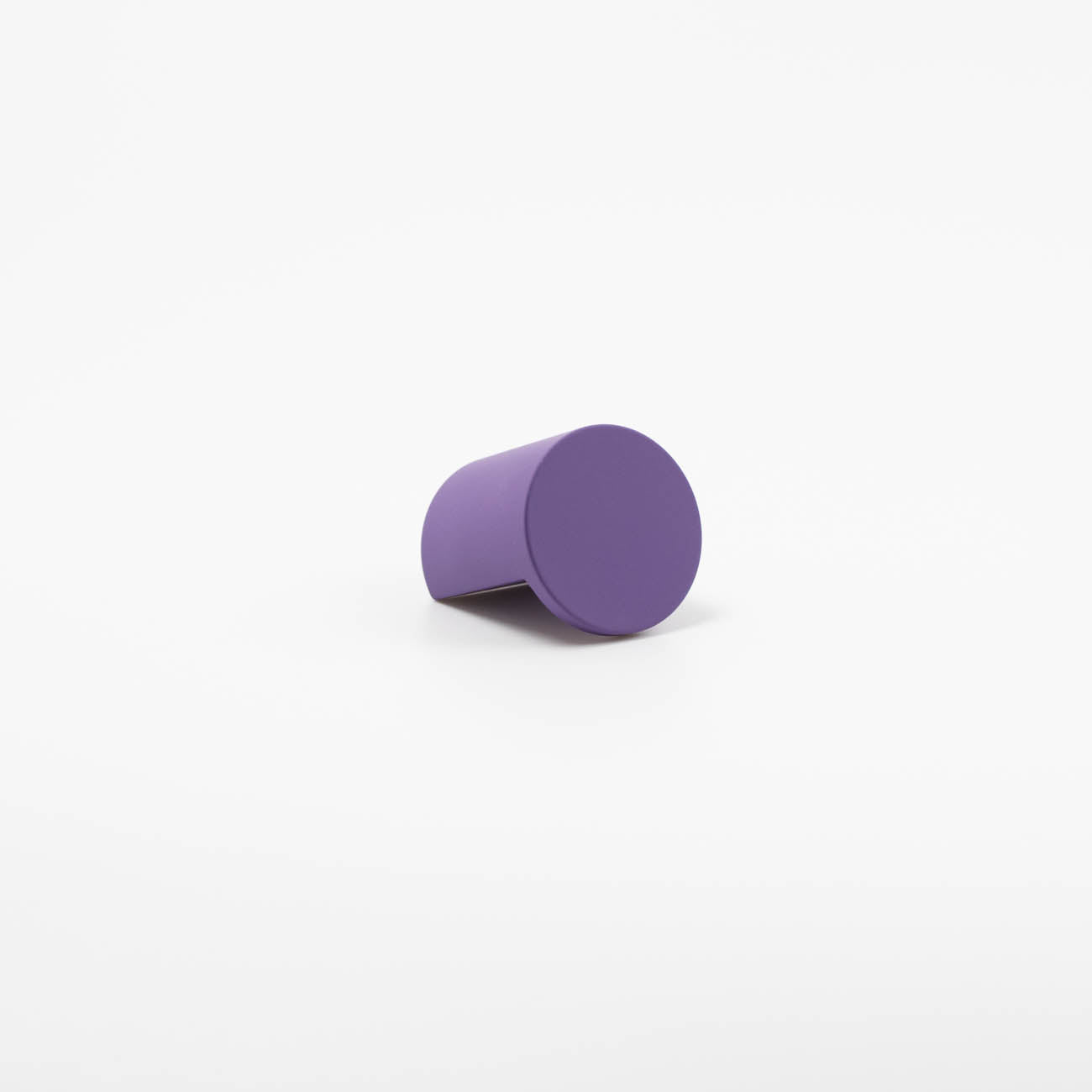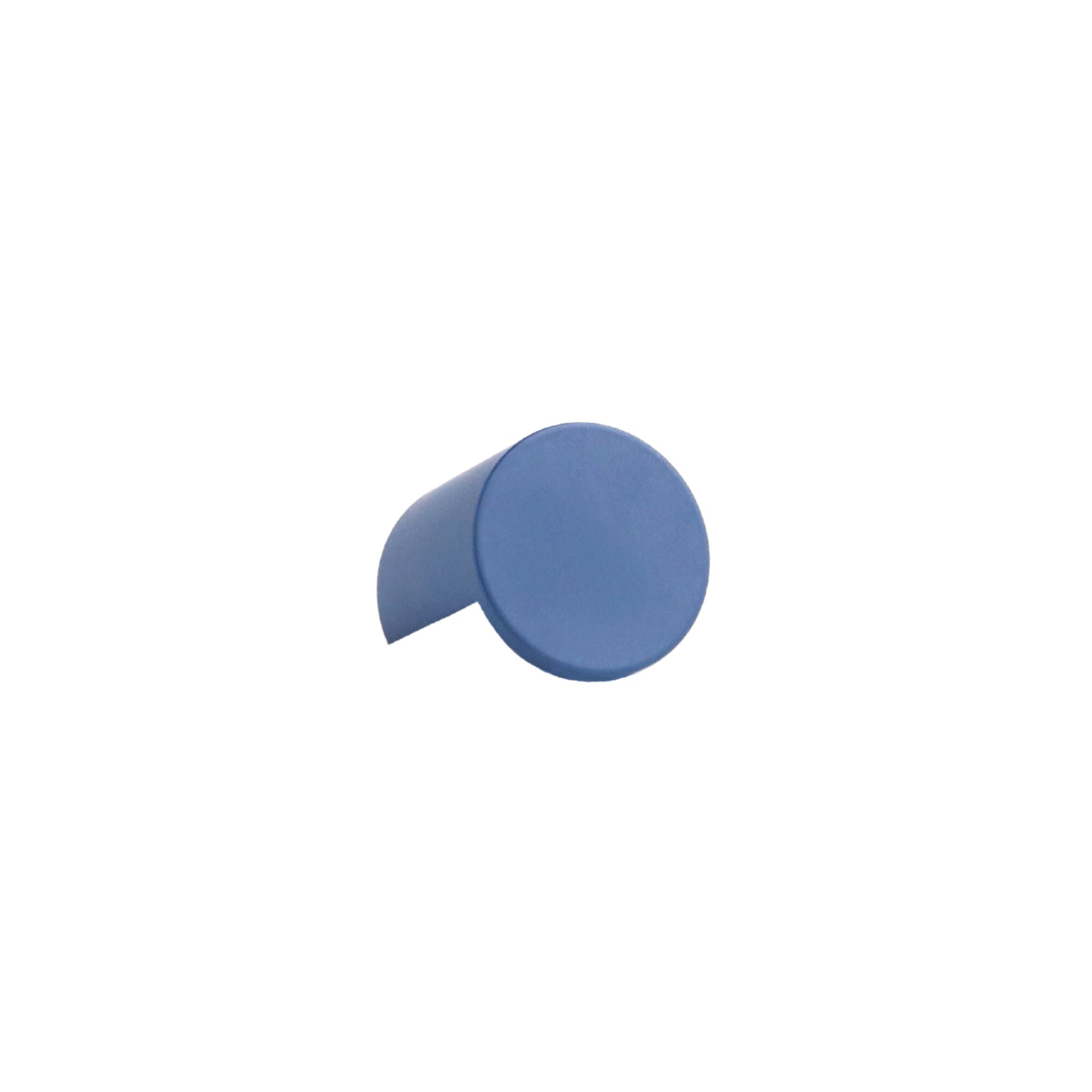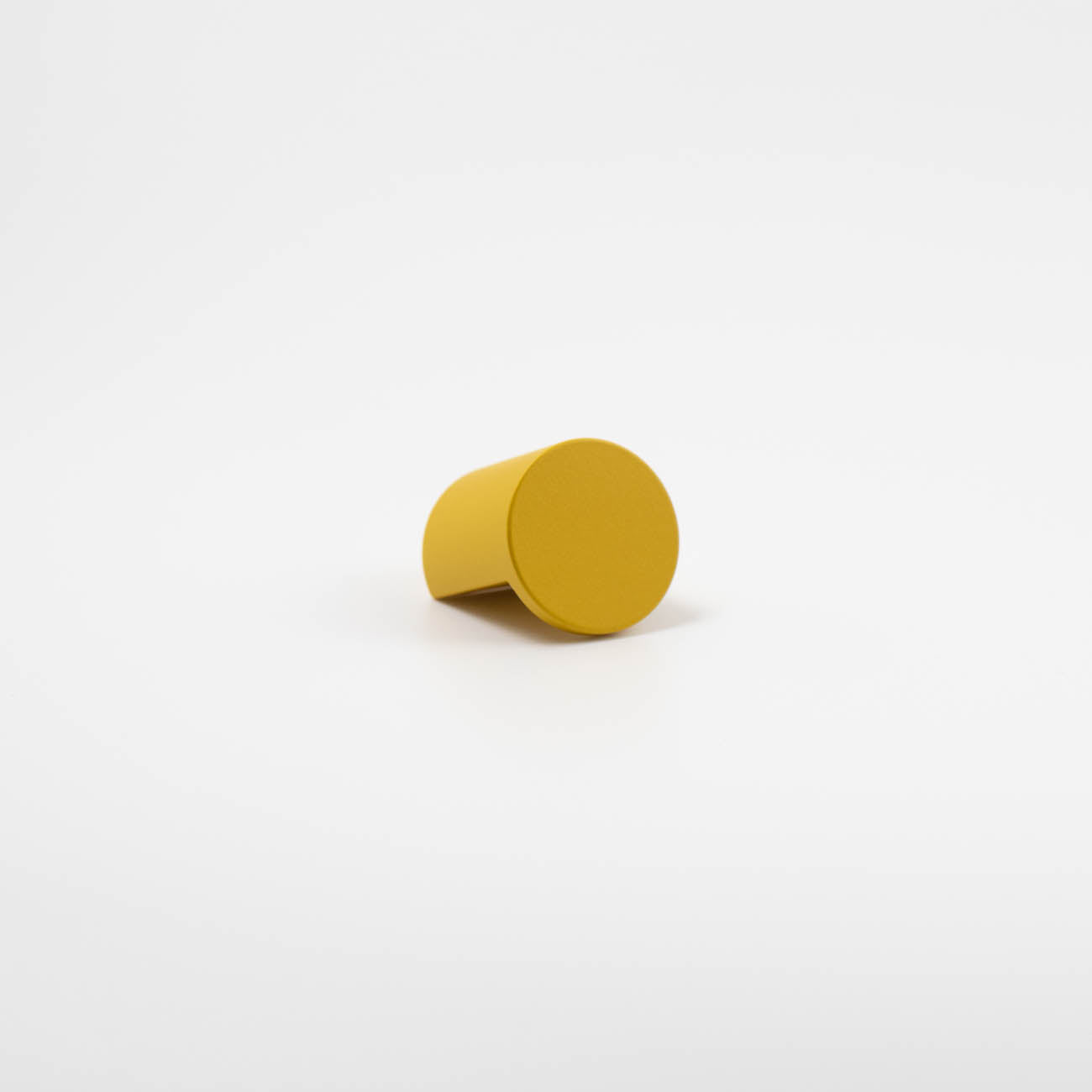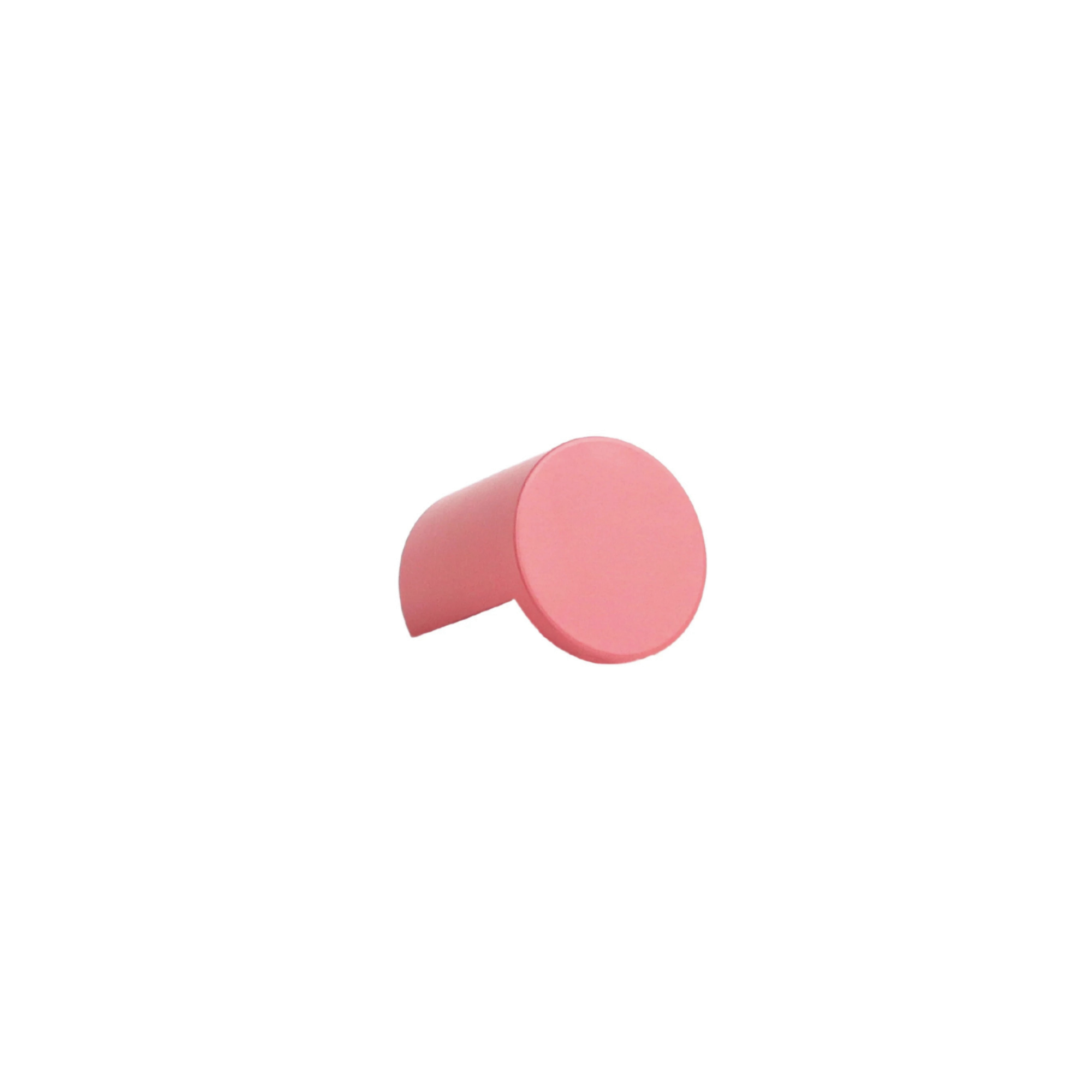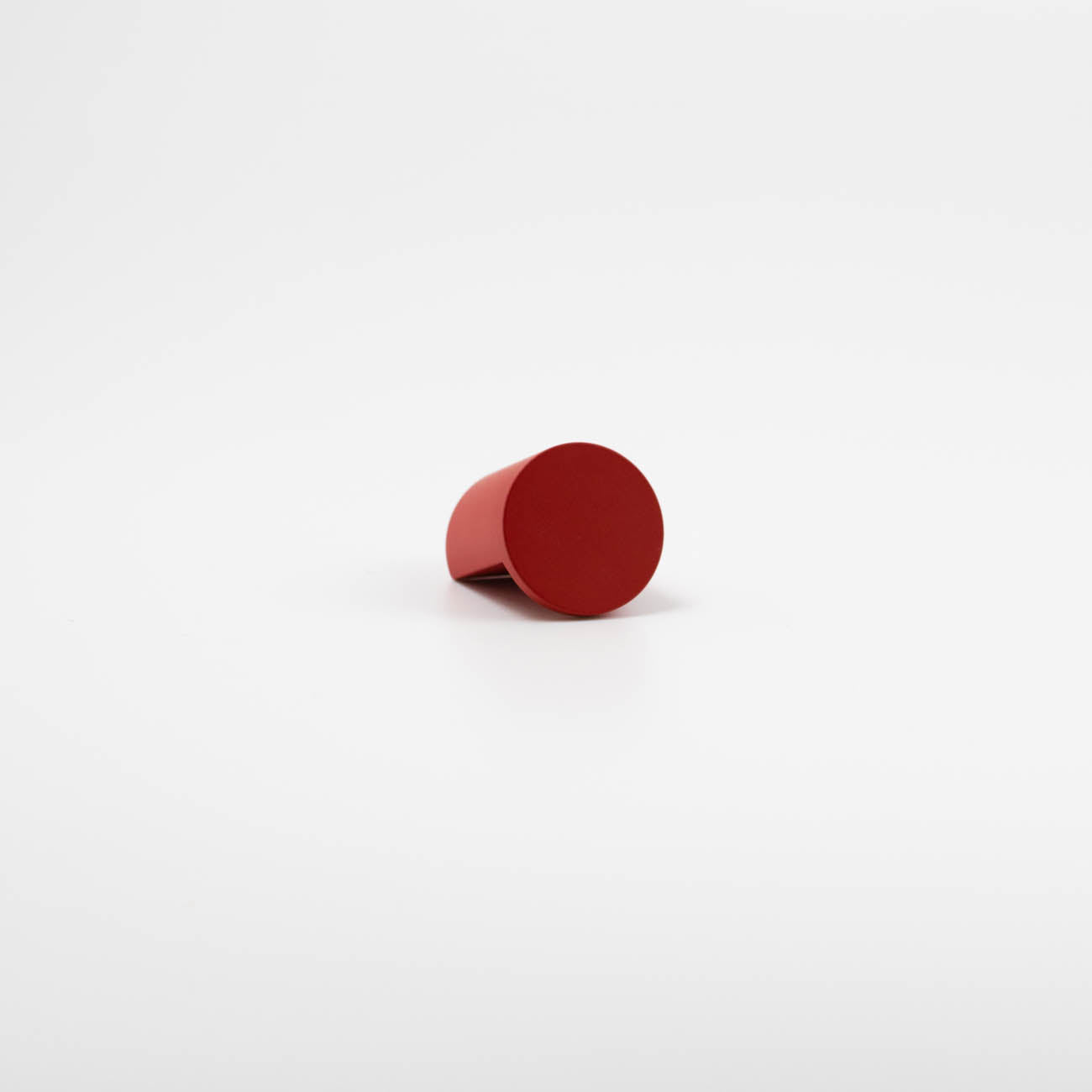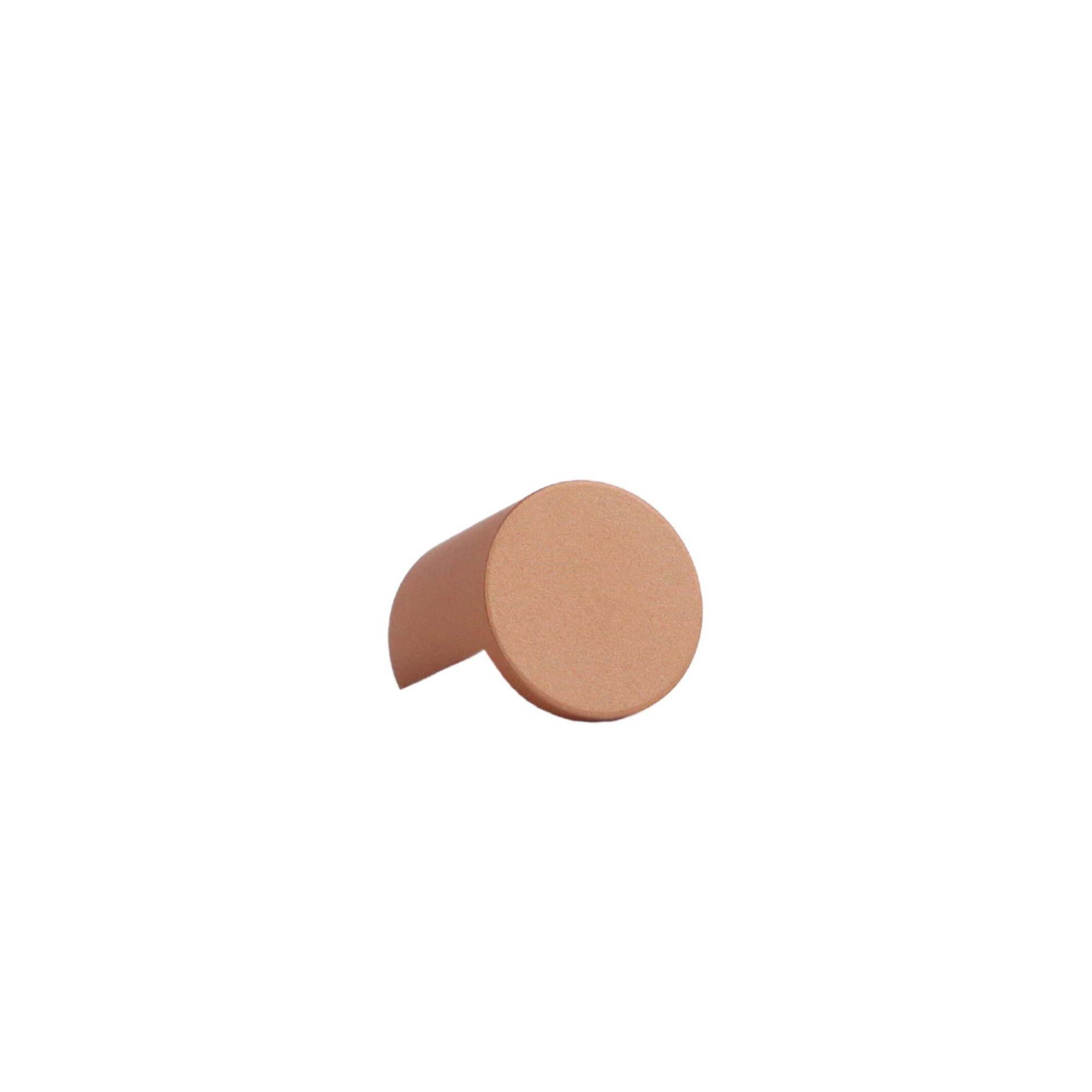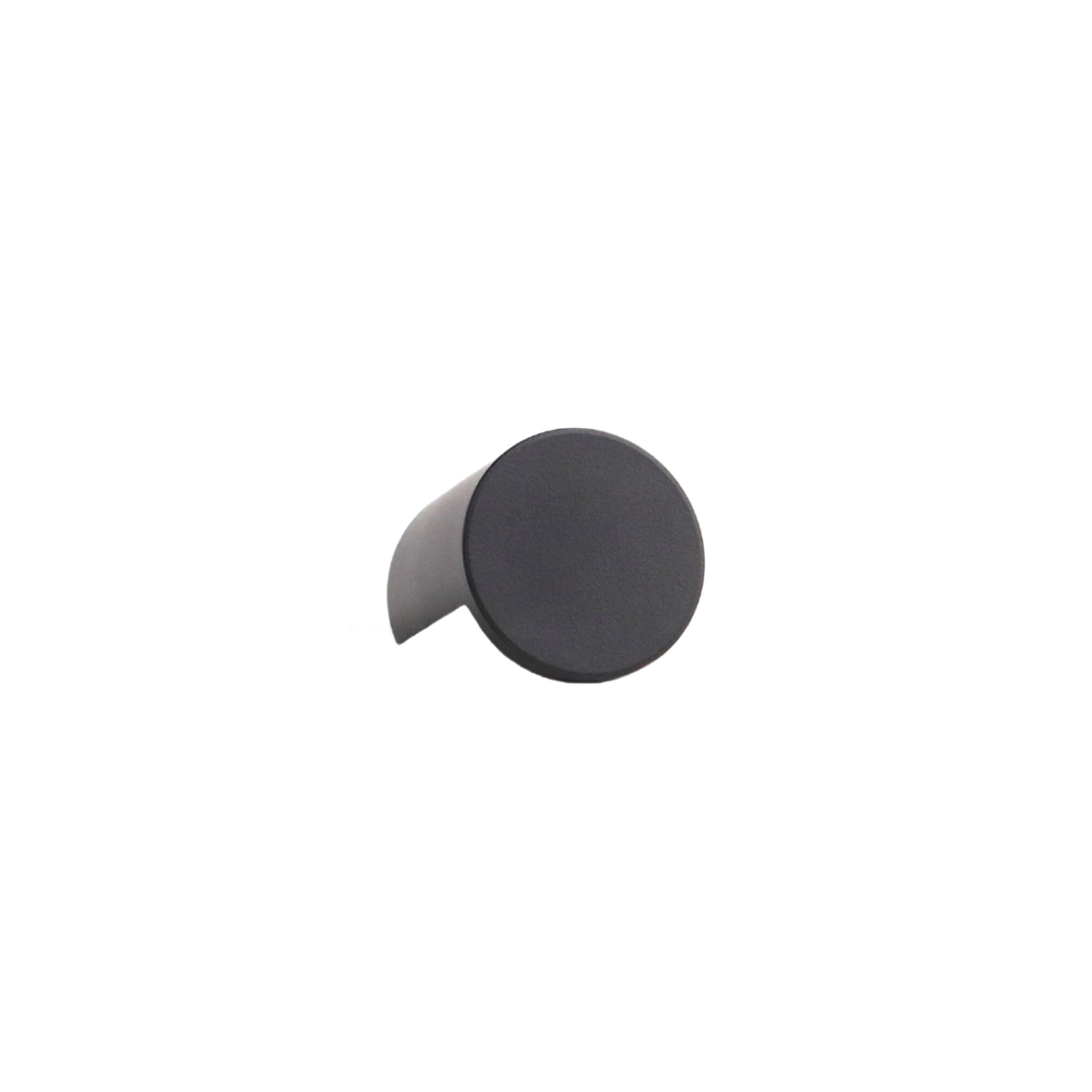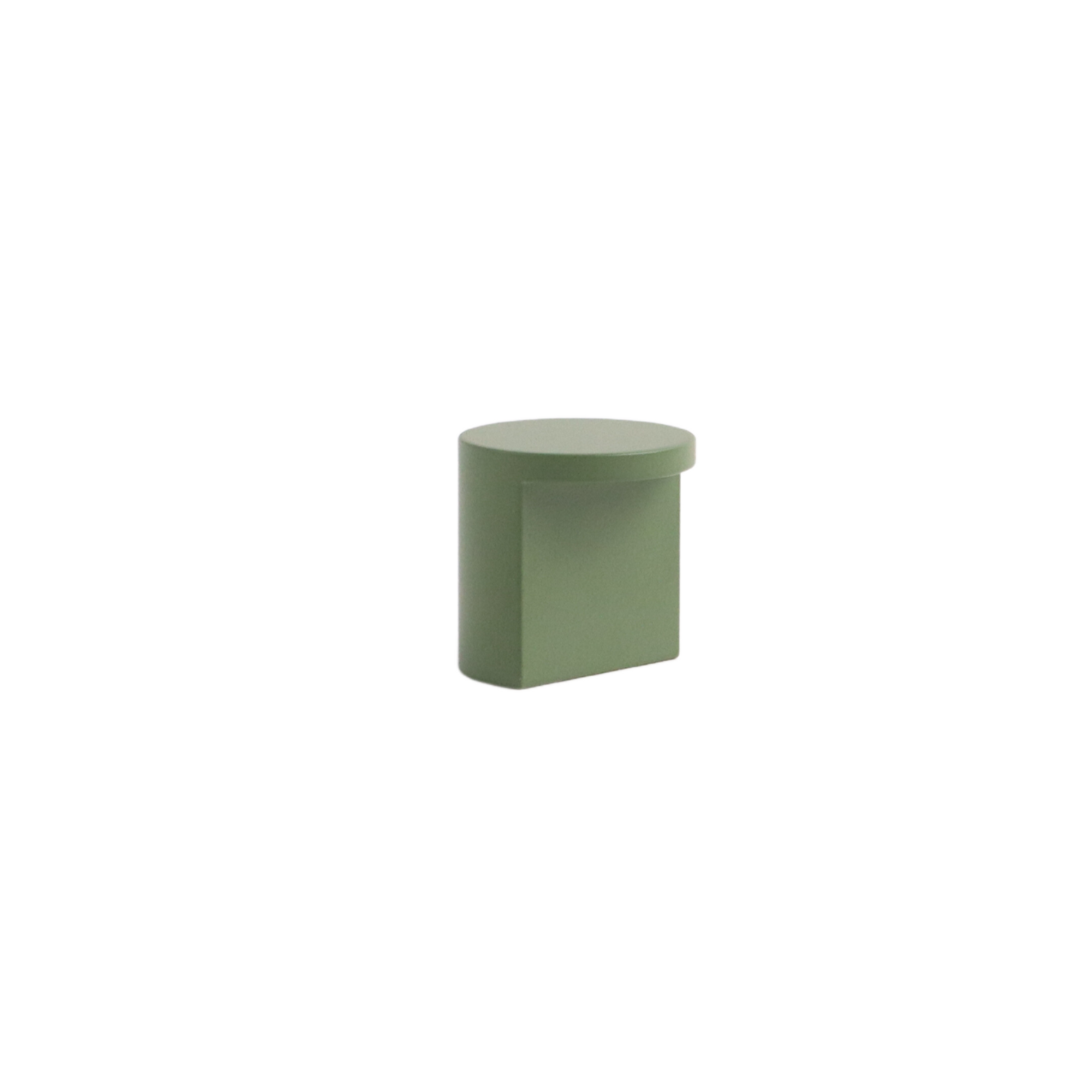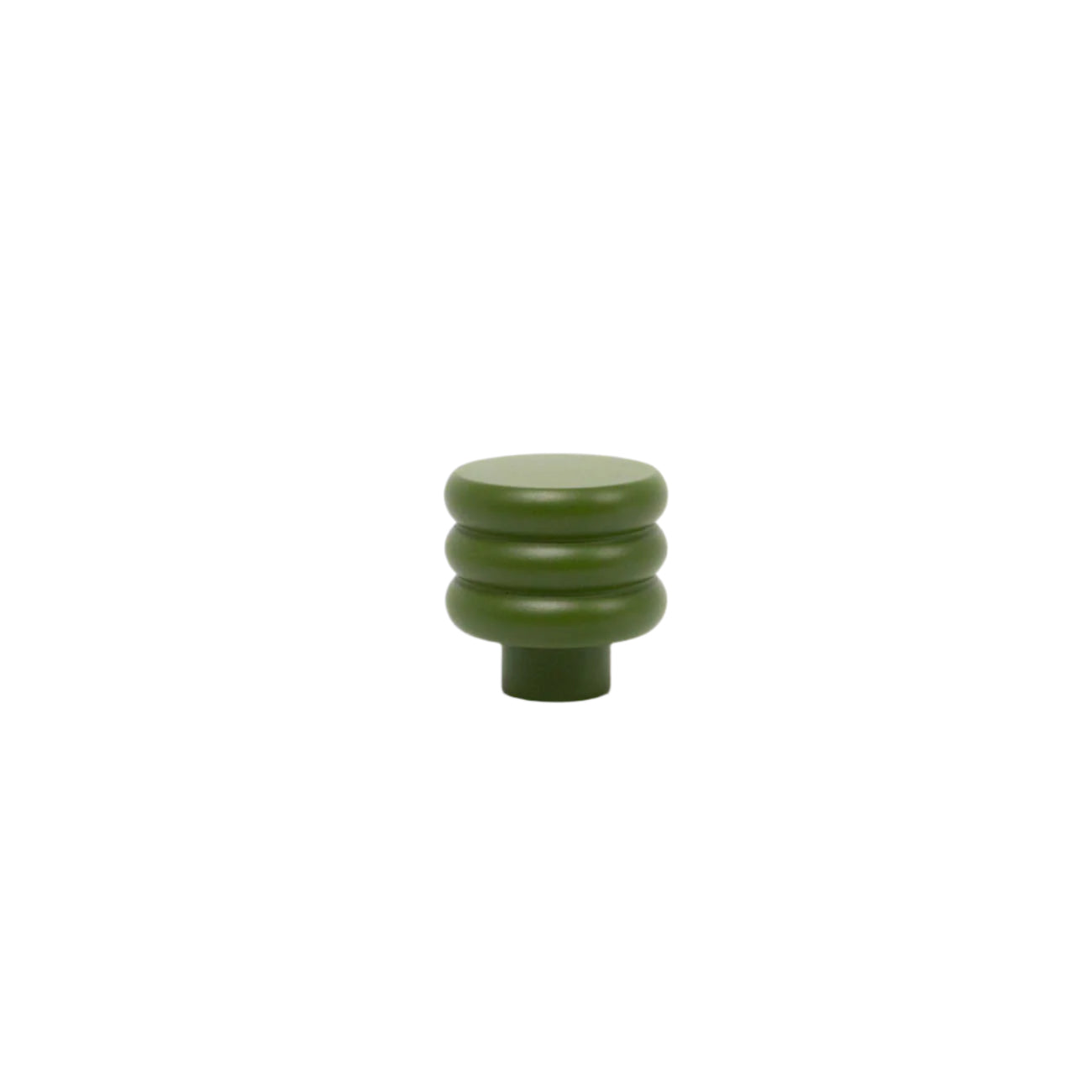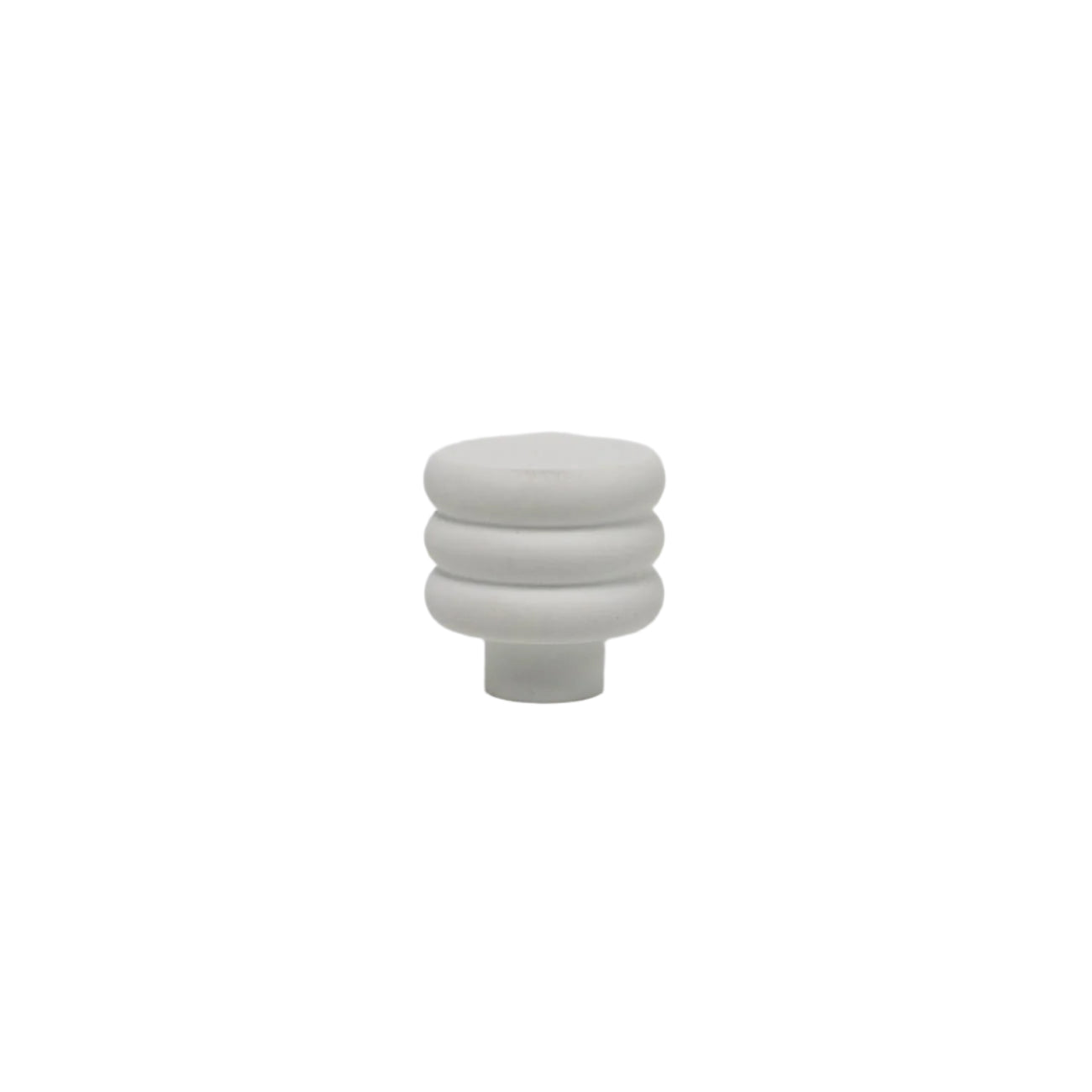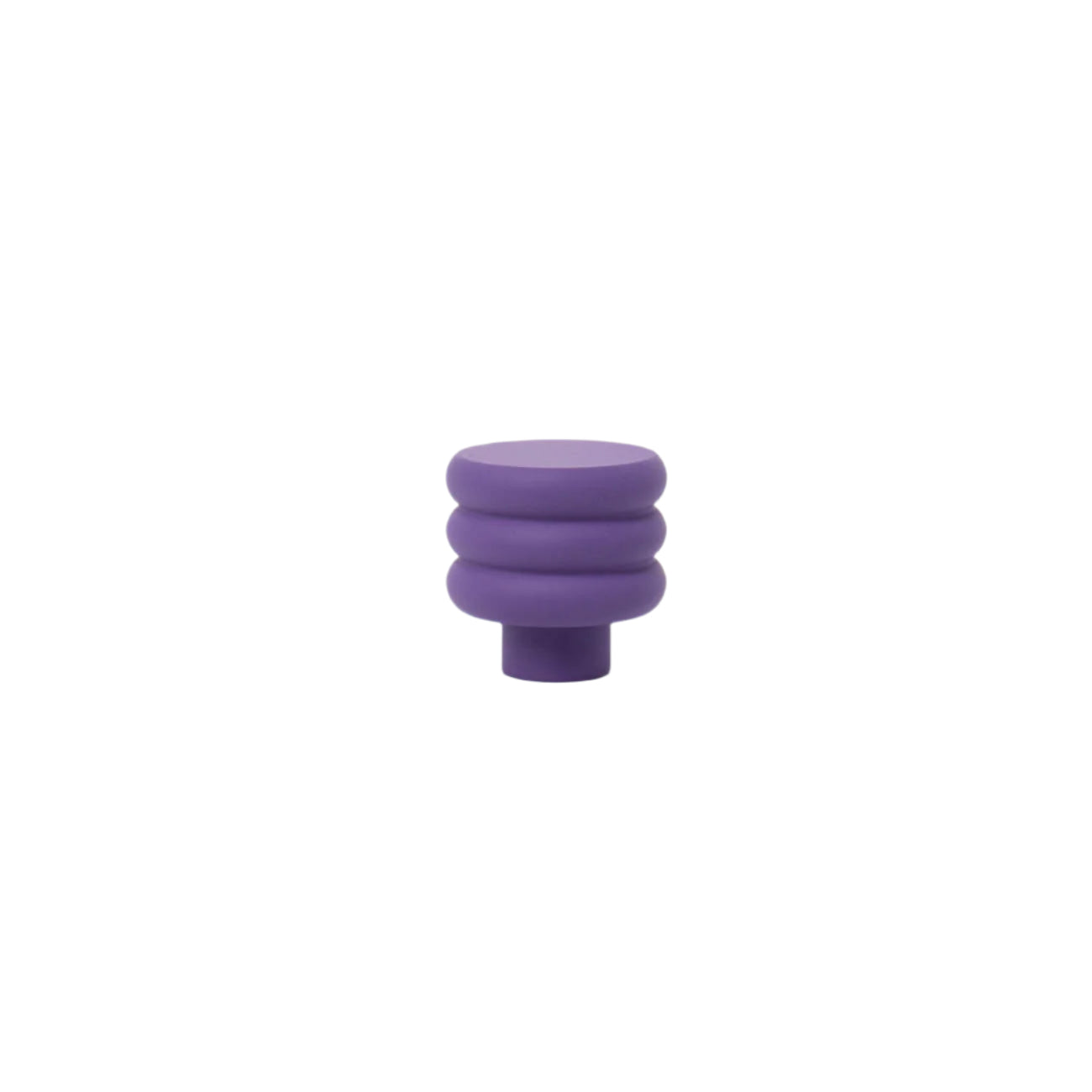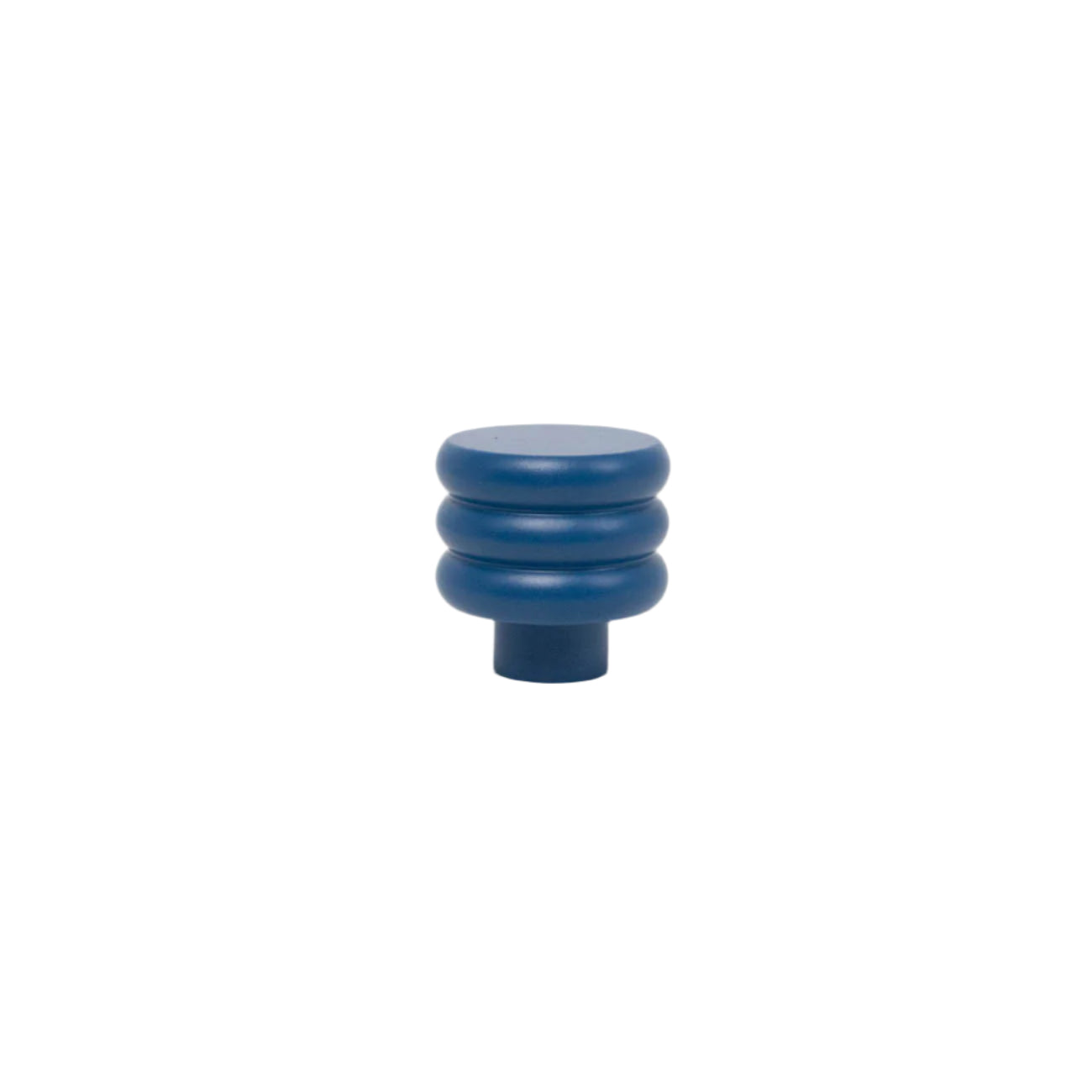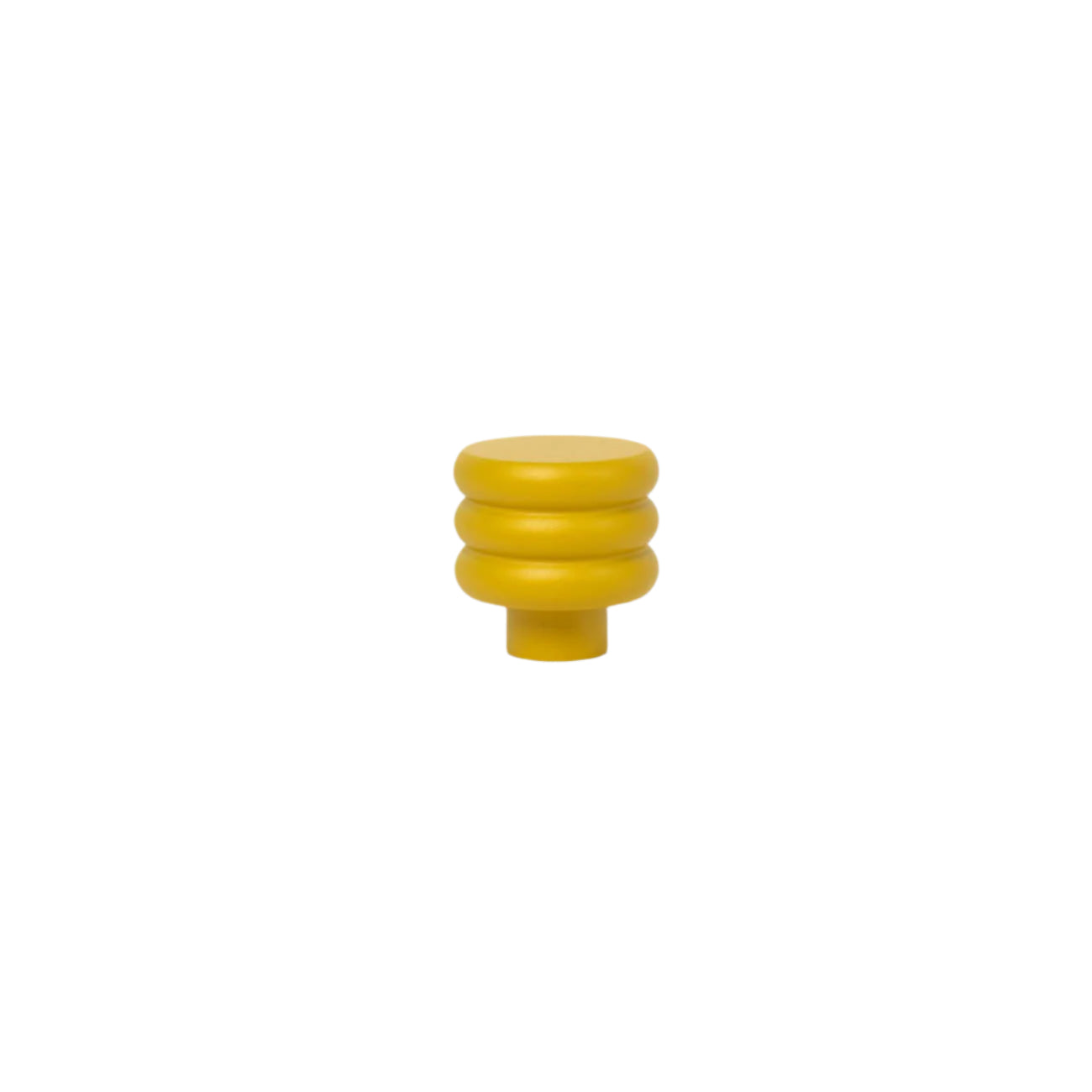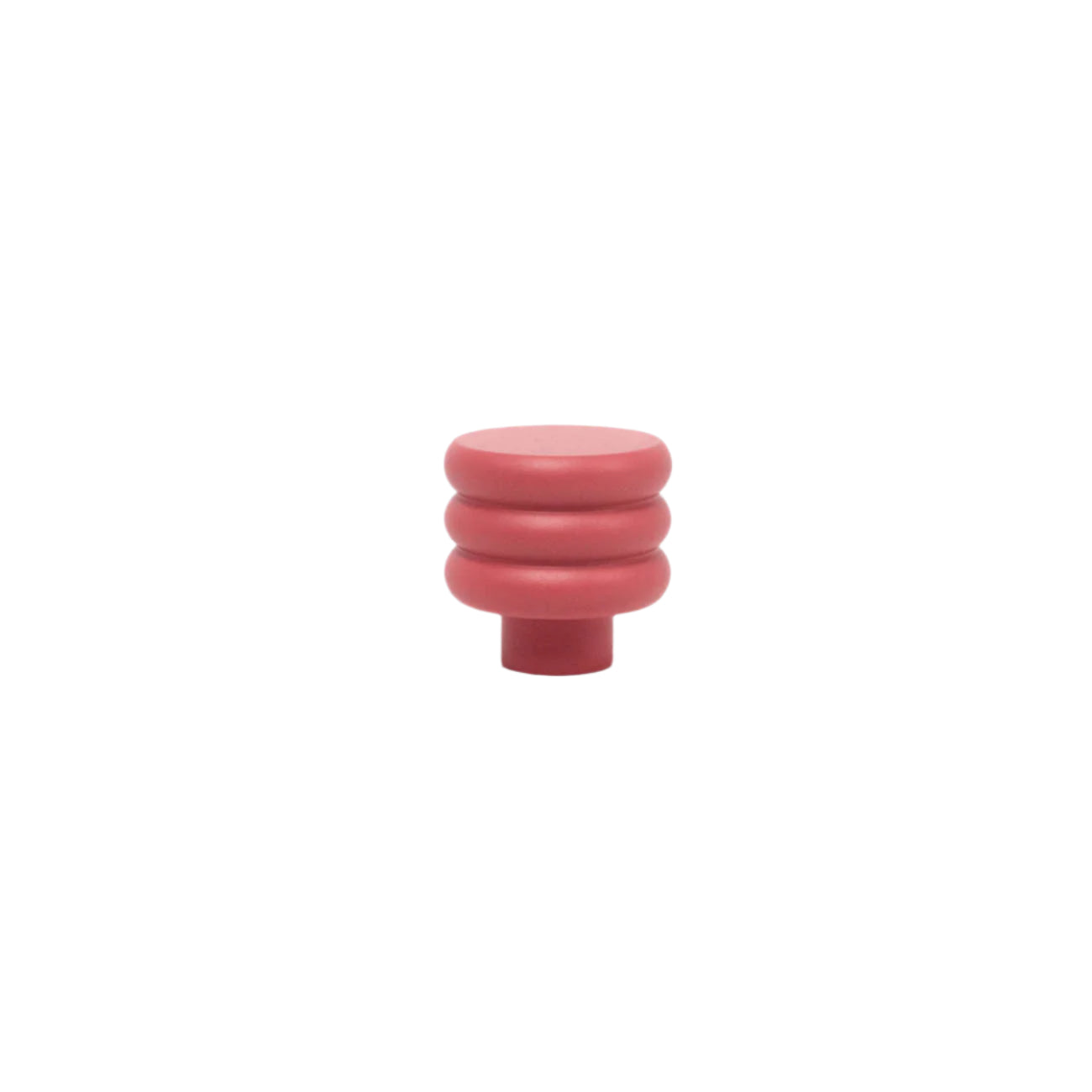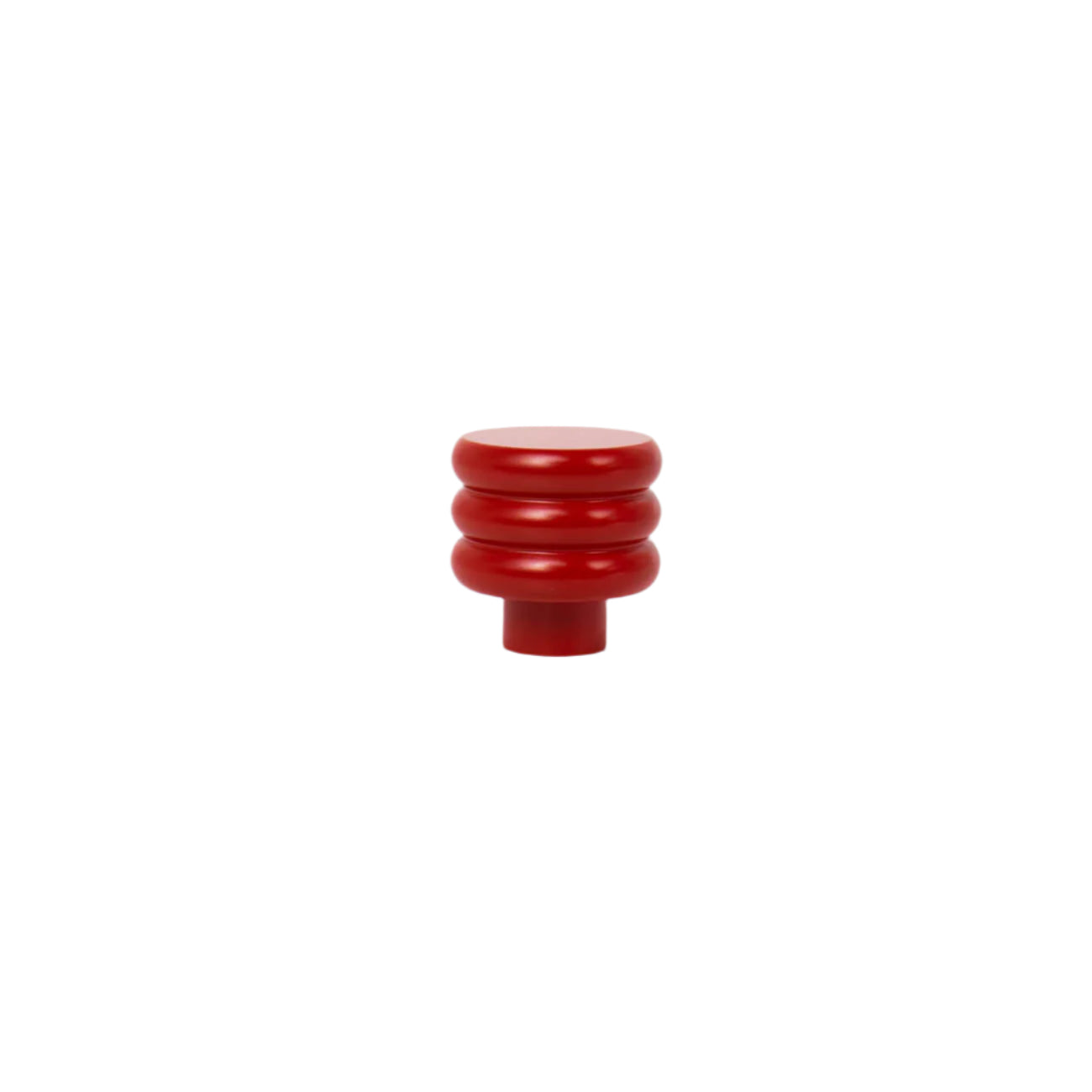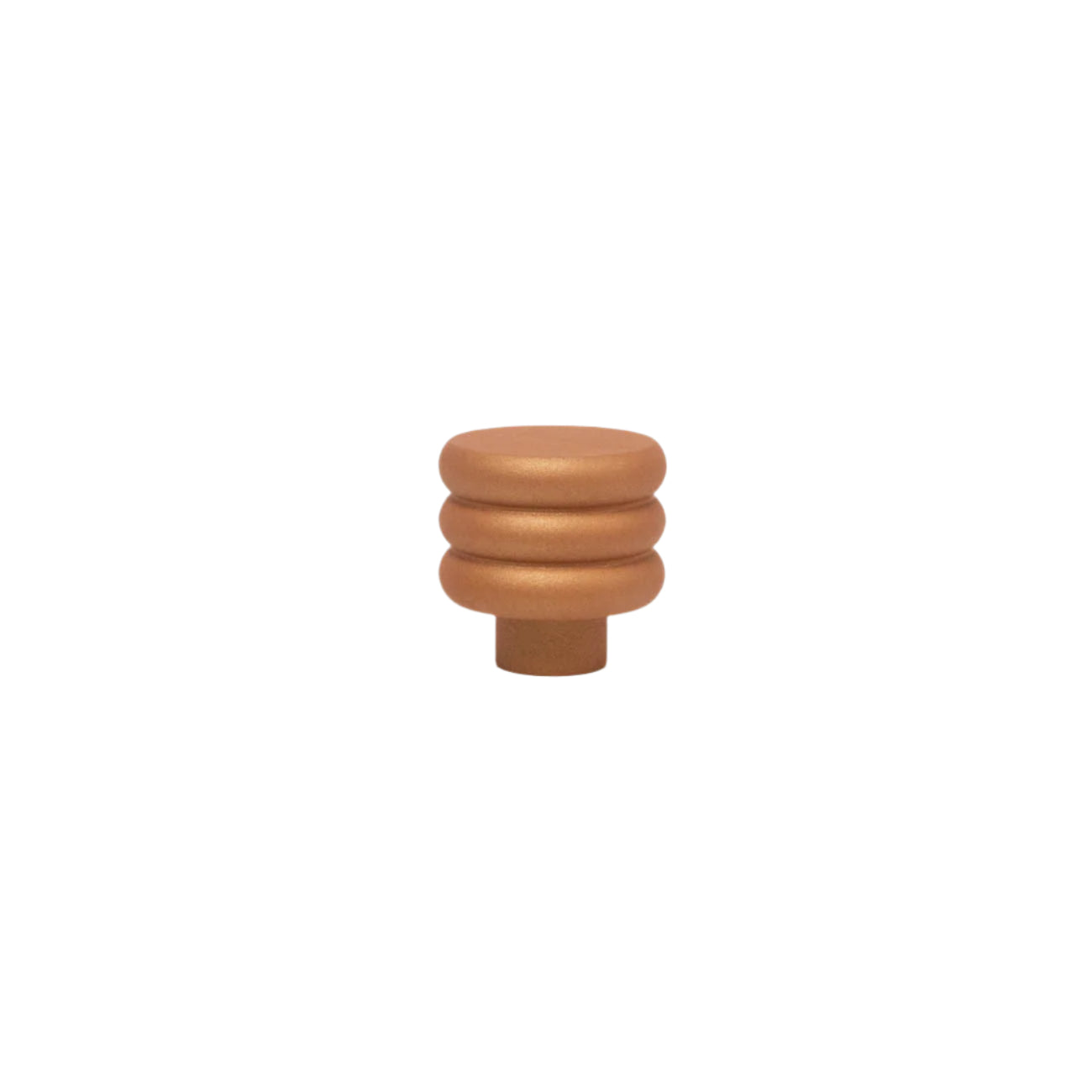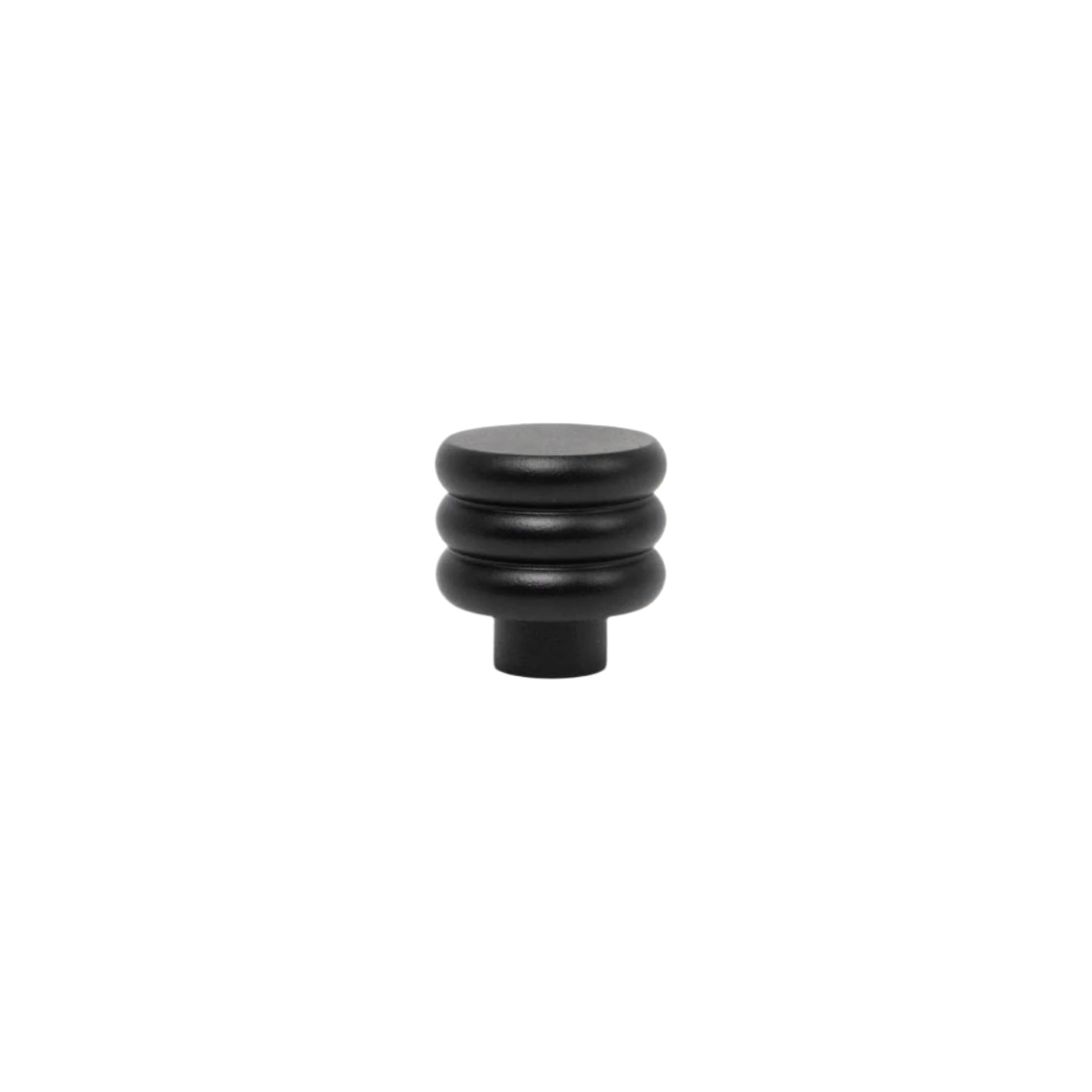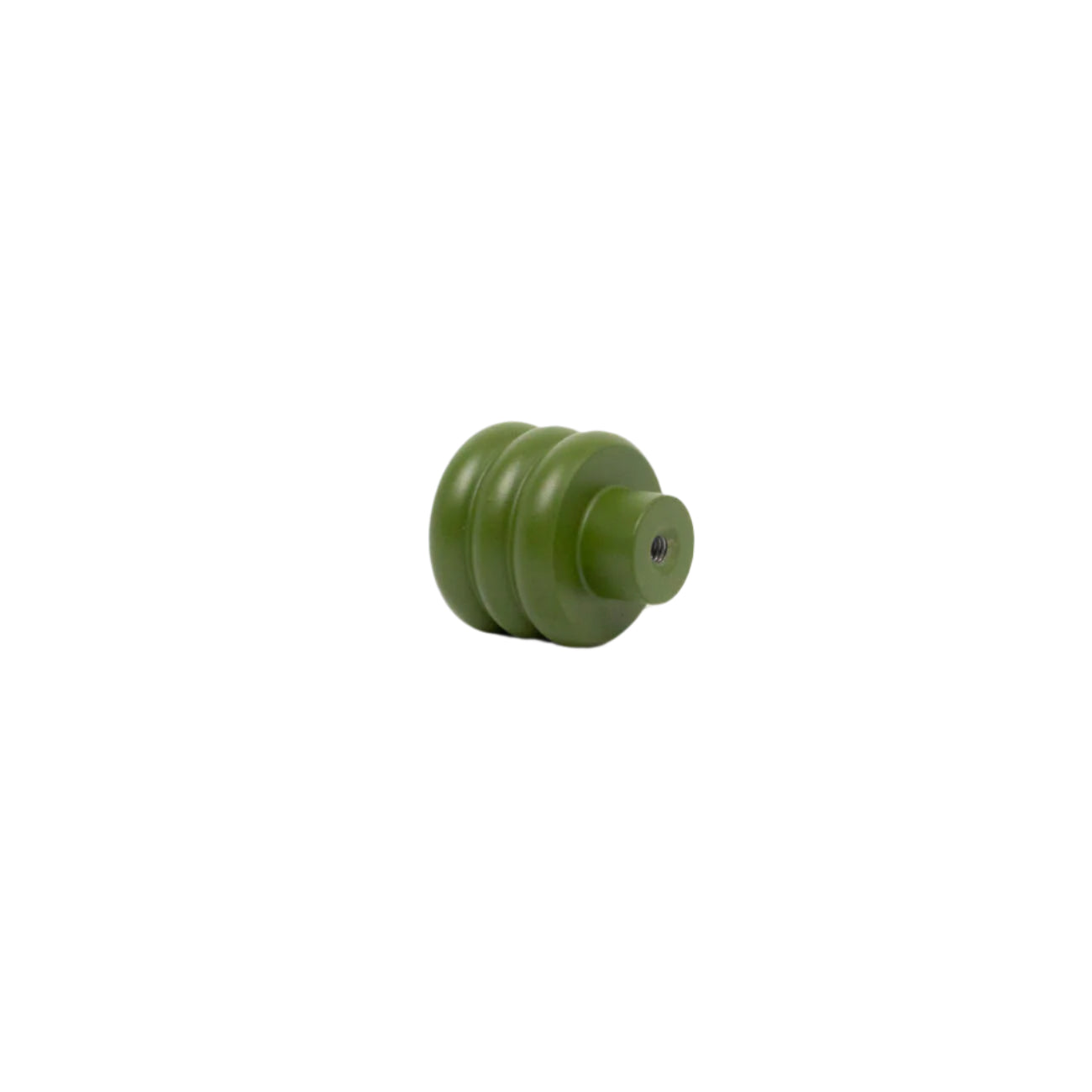Cabinet hardware is not just a functional necessity; it's an opportunity to infuse your style into your home decor. One of the critical factors to consider when choosing cabinet hardware is the material. Each material has its unique characteristics, offering a blend of aesthetics, durability, and maintenance requirements. In this blog post, we'll explore the pros and cons of different cabinet hardware materials to help you make an informed choice.
Brass
Pros:
- Timeless Elegance: Brass has a classic and timeless appeal that suits various interior styles, from traditional to modern.
- Durability: It's resistant to corrosion and tarnishing, making it a durable choice for long-term use.
- Customizable Finishes: Brass hardware comes in various finishes, including polished brass, satin brass, and antique brass, offering versatility.
- Low Maintenance: Easy to clean with minimal maintenance.
Cons:
- Higher Cost: Brass hardware can be more expensive than some other materials.
- May Require Polishing: Some finishes, like polished brass, may require occasional polishing to maintain their luster.
Stainless Steel
Pros:
- Contemporary Look: Stainless steel offers a sleek and modern appearance, ideal for contemporary kitchens and bathrooms.
- Corrosion Resistance: Highly resistant to corrosion, stains, and rust, making it perfect for wet areas.
- Durable: Known for its strength and longevity.
- Easy Maintenance: Simple to clean and maintain, often requiring only a damp cloth.
Cons:
- Cold Aesthetic: Stainless steel can appear cold and clinical, which may not be to everyone's taste.
- Visible Fingerprints: It may show fingerprints and smudges more than other materials.
Aluminum
Pros:
-
Lightweight: Aluminum is a lightweight material, making it easy to handle and install.
-
Corrosion Resistance: Aluminum naturally forms a protective oxide layer that makes it highly resistant to corrosion and rust. This quality makes it suitable for use in areas with high humidity, such as kitchens and bathrooms.
-
Durability: Aluminum hardware is durable and can withstand regular use without showing signs of wear and tear.
-
Versatility: Aluminum hardware can be finished in various ways, including brushed, polished, anodized, or painted, allowing for a wide range of design options.
-
Modern Appearance: Aluminum has a sleek and modern aesthetic that complements contemporary interior designs.
-
Environmentally Friendly: Aluminum is recyclable, making it an eco-friendly choice for those concerned about sustainability.
Cons:
-
Softness: While aluminum is durable, it is softer than some other metals like stainless steel or brass. This means it may be more prone to scratching and denting.
-
Limited Color Options: While aluminum can be finished in various ways, it may have fewer color options compared to materials like ceramic or wood.
-
Cost: High-quality aluminum hardware can be more expensive than some other materials, such as zinc or plastic.
-
Fingerprint Visibility: Depending on the finish, aluminum hardware may show fingerprints and smudges more than other materials, requiring more frequent cleaning.
-
Not Suitable for Heavy Loads: Aluminum may not be the best choice for cabinet doors or drawers that will regularly bear heavy loads, as it may not be as strong as some other materials.
That was a lot of info to say the least. None the less, now that you're informed on materials, take a look at your budge and what will be cohesive with the space, this should lead you to making an informed decision.


